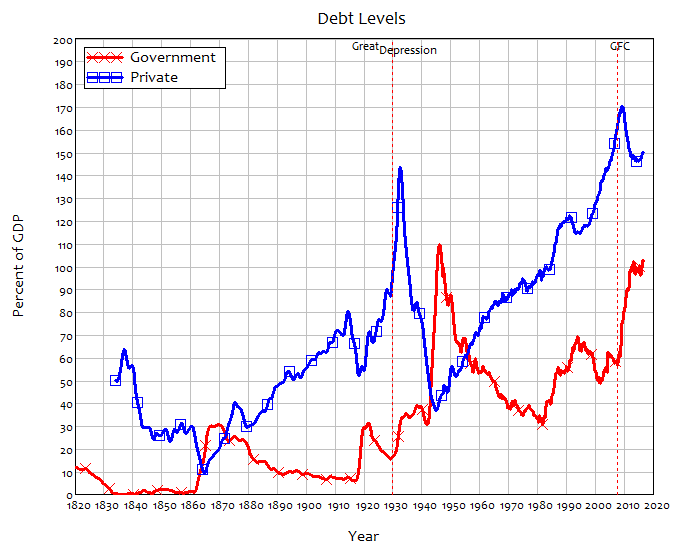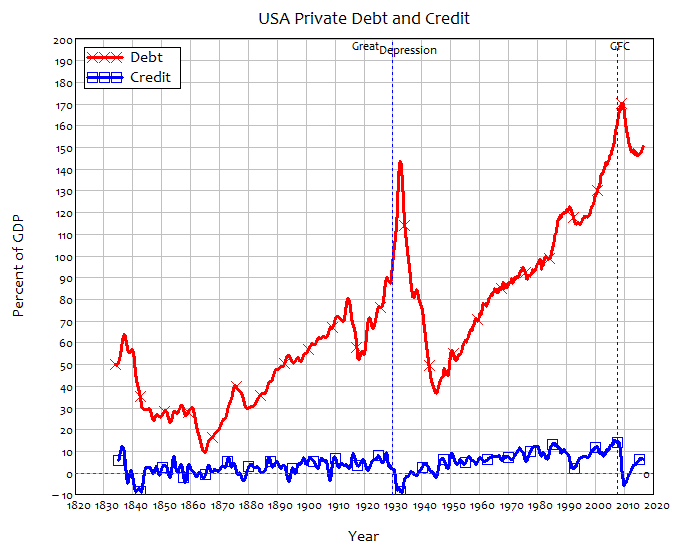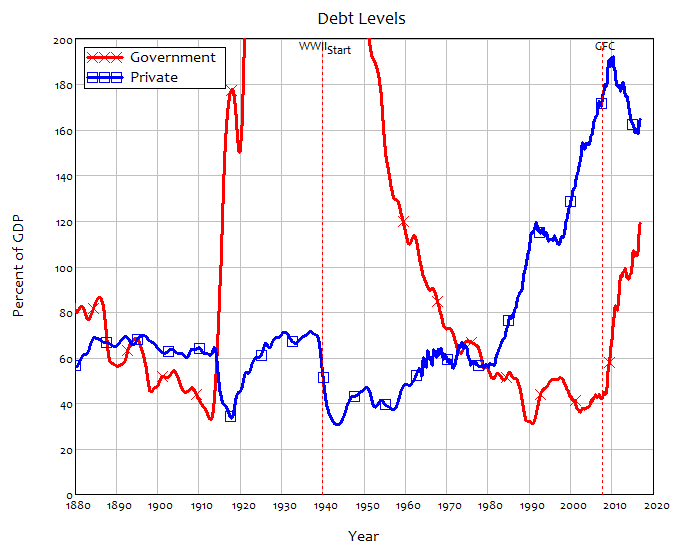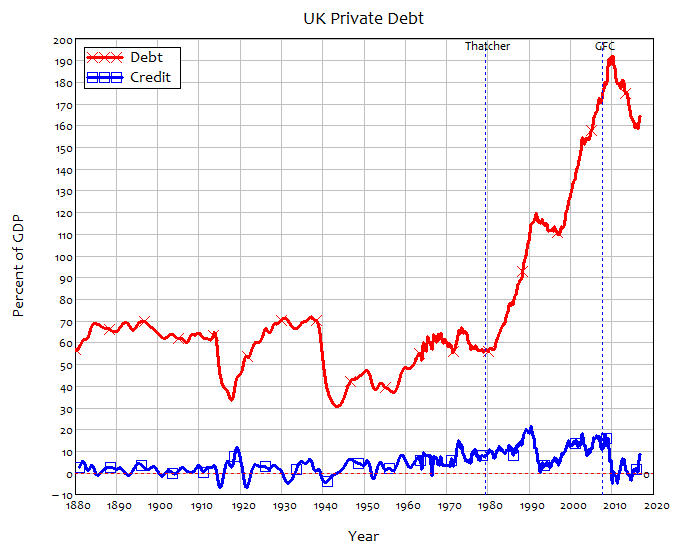It has always been easy to find data on government debt, because mainstream economic theory, via concepts like “Ricardian Equivalence” (Barro 1973, Barro 1978, Barro 1989, Barro 1991), has argued that this is an important economic variable, and economic statisticians collect the data that economists assert is significant. Private debt data, on the other hand, was available only by historical accident—as in the case of the US Federal Reserve’s Flow of Funds data, which was designed in the early post-WWII period before concepts like Ricardian Equivalence raised their misleading heads—because mainstream economists argued that private debt was a “pure redistribution” and, to quote Ben Bernanke, “Absent implausibly large differences in marginal spending propensities among the groups, … pure redistributions should have no significant macro¬economic effects” (Bernanke 2000, p. 24)
That changed in 2014, when the Bank of International Settlements released a database on private debt. The BIS stepped outside the mainstream because it had the good fortune to have, in Bill White, a Research Director who took Hyman Minsky’s “Financial Instability Hypothesis” seriously (Minsky 1963, Minsky 1977, Minsky 1978, Minsky 1982, Minsky 1982), when mainstream economists simply ignored him. Bill White has since moved to the OECD, but the tradition he established at the BIS lives on.
That data made this book possible. But the size of the book—a mere 25,000 words—made putting all the data in the book impossible. Thankfully the web enables a way around this. While I focused on the data for just the USA, UK, Australia, Japan and China in the book, this web page provides all the data for all countries in the BIS databases—which now include house prices and consumer prices.
The charts here are static snapshots of the data as of Q3 2016, but in a short while I will release Ravel©™, a new tool for dynamically presenting and analysing large data sets like this easily.
Contents
Government and Private Debt Levels 8
Australia 8
Austria 9
Belgium 10
Canada 11
China 12
Czech Republic 13
Denmark 14
Finland 15
France 16
Germany 17
Greece 18
Hong Kong 19
Ireland 20
Italy 21
Japan 22
Korea 23
Malaysia 24
Netherlands 25
New Zealand 26
Norway 27
Poland 28
Portugal 29
Singapore 30
Spain 31
Sweden 32
Switzerland 33
Thailand 34
Turkey 35
UK 36
USA 37
Credit and Aggregate Demand 38
Australia 38
Austria 39
Belgium 40
Canada 41
China 42
Czech Republic 43
Denmark 44
Finland 45
France 46
Germany 47
Greece 48
Hong Kong 49
Ireland 50
Italy 51
Japan 52
Korea 53
Malaysia 54
Netherlands 55
New Zealand 56
Norway 57
Poland 58
Portugal 59
Singapore 60
Spain 61
Sweden 62
Switzerland 63
Thailand 64
Turkey 65
UK 66
USA 67
Breakdown of Private Sector Debt 68
Australia 68
68
Austria 68
Belgium 70
Canada 71
China 72
Czech Republic 73
Denmark 74
Finland 75
France 76
Germany 77
Greece 78
Hong Kong 79
Ireland 80
Italy 81
Japan 82
Korea 83
Malaysia 83
Netherlands 84
New Zealand 85
Norway 86
Poland 87
Portugal 88
Singapore 89
Spain 90
Sweden 91
Switzerland 92
Thailand 93
Turkey 94
UK 95
USA 96
Credit and Unemployment 97
Australia 97
Austria 98
Belgium 99
Canada 100
China 100
Czech Republic 101
Denmark 102
Finland 102
France 103
Germany 105
Greece 106
Hong Kong 106
Ireland 107
Italy 108
Japan 109
Korea 110
Malaysia 110
Netherlands 111
New Zealand 112
Norway 113
Poland 114
114
Portugal 114
Singapore 115
Spain 116
Sweden 117
Switzerland 118
Thailand 118
Turkey 119
119
UK 119
USA 121
Change in Credit and Change in Unemployment 122
Australia 122
122
Austria 122
Belgium 124
Canada 125
China 125
Czech Republic 126
Denmark 127
Finland 128
France 129
Germany 130
Greece 131
Hong Kong 131
Ireland 132
Italy 133
Japan 134
Korea 135
Malaysia 135
Netherlands 136
New Zealand 137
Norway 138
Poland 139
Portugal 140
Singapore 140
Spain 141
Sweden 142
Switzerland 143
Thailand 143
Turkey 144
UK 145
USA 146
Household Debt and House Prices 147
Australia 147
Austria 148
Belgium 149
Canada 150
China 151
Czech Republic 152
Denmark 153
Finland 154
France 155
Germany 156
Greece 157
Hong Kong 158
Ireland 159
Italy 160
Japan 161
Korea 162
Malaysia 163
Netherlands 164
New Zealand 165
Norway 166
Poland 167
Portugal 168
Singapore 170
Spain 171
Sweden 172
Switzerland 173
Thailand 174
Turkey 175
UK 176
USA 177
Change in Household Credit and Change in House Prices 178
Australia 178
Austria 179
Belgium 180
Canada 181
China 182
Czech Republic 183
Denmark 184
Finland 185
France 186
Germany 187
Greece 188
Hong Kong 189
Ireland 190
Italy 191
Japan 192
Korea 193
Malaysia 194
Netherlands 195
New Zealand 196
Norway 197
Poland 198
Portugal 199
Singapore 200
Spain 201
Sweden 202
Switzerland 203
Thailand 204
Turkey 205
UK 206
USA 207
Government and Private Debt Levels
Australia
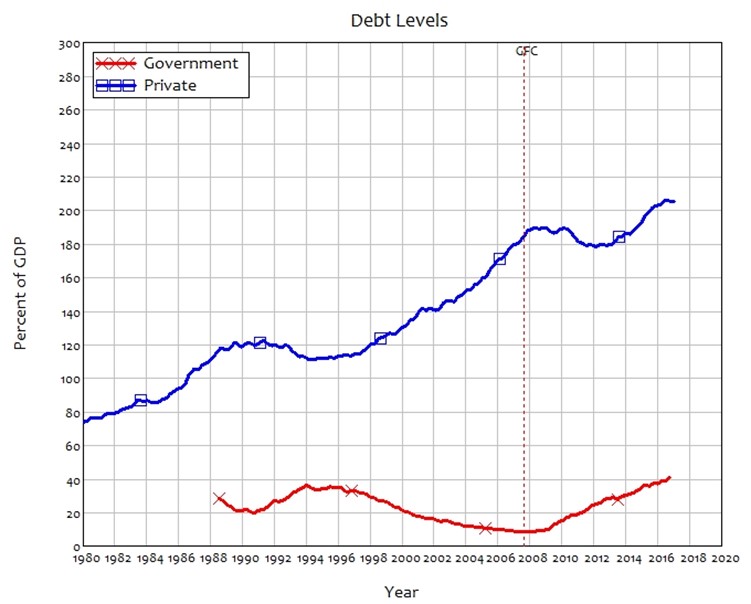
Austria
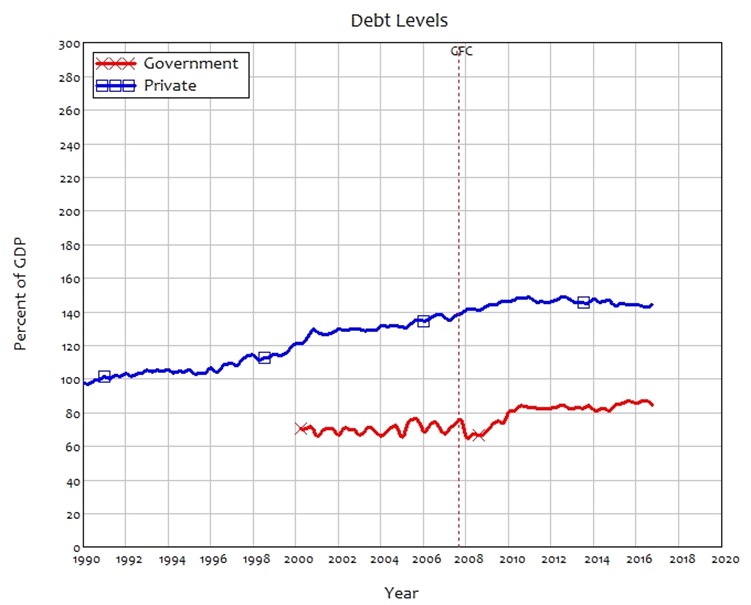
Belgium
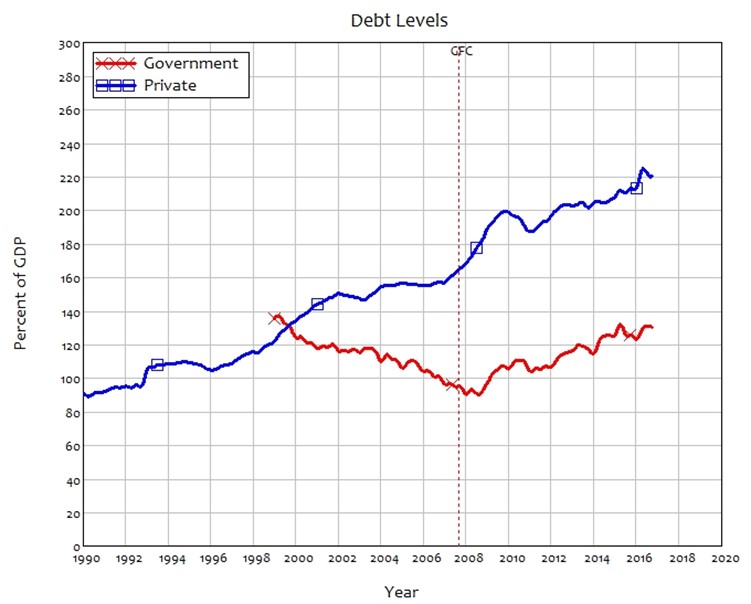
Canada
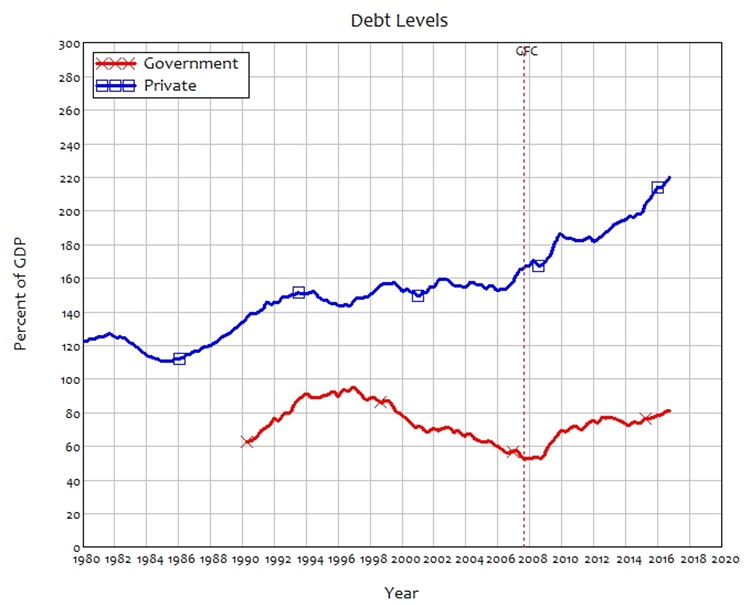
China
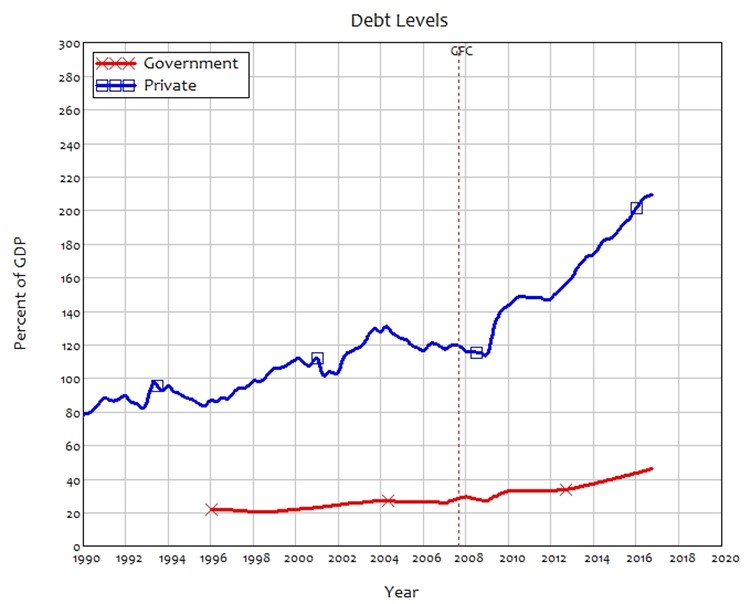
Czech Republic
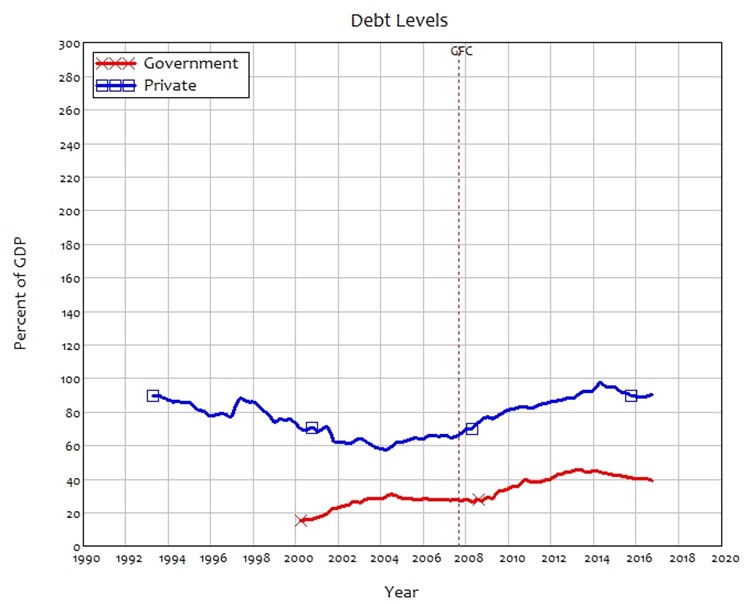
Denmark
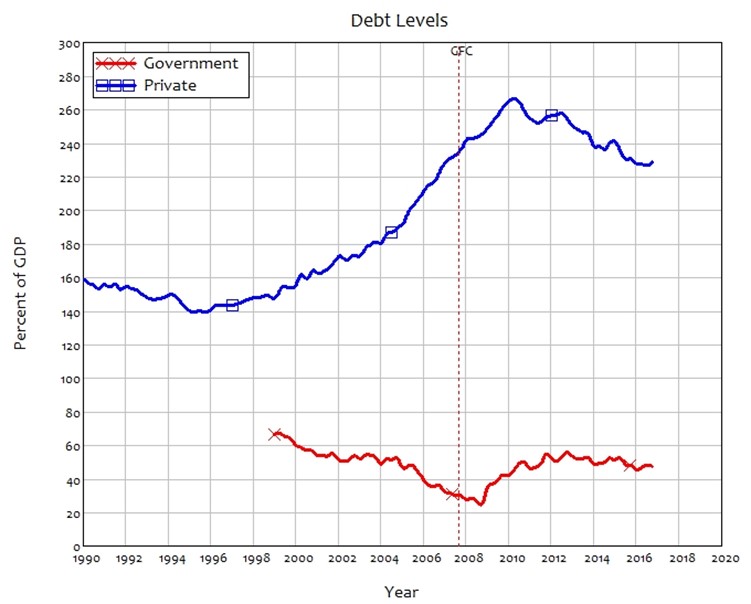
Finland
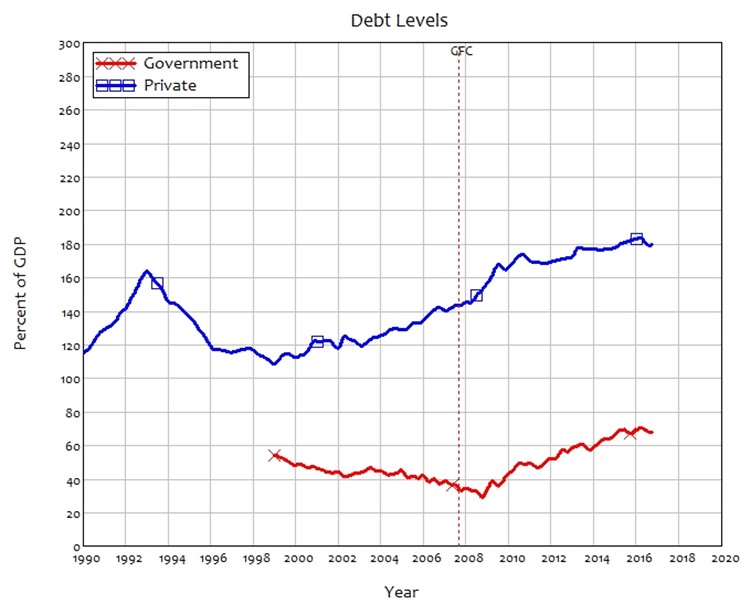
France
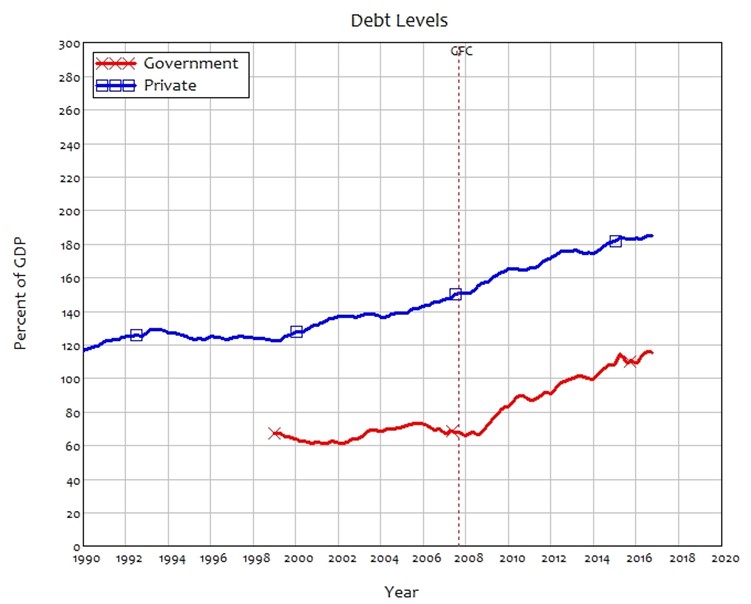
Germany
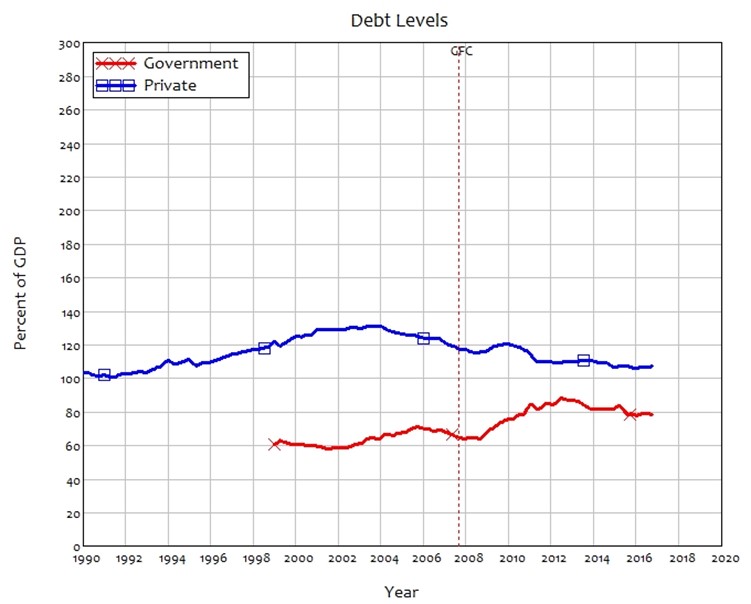
Greece
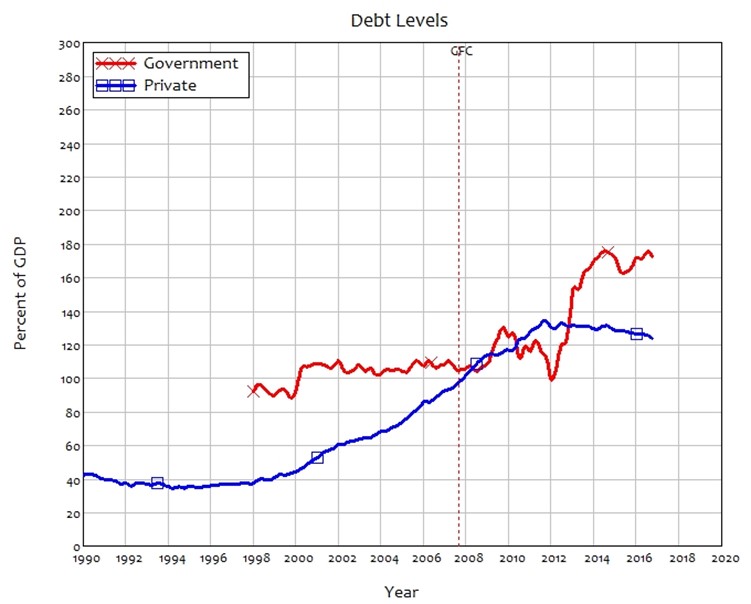
Hong Kong
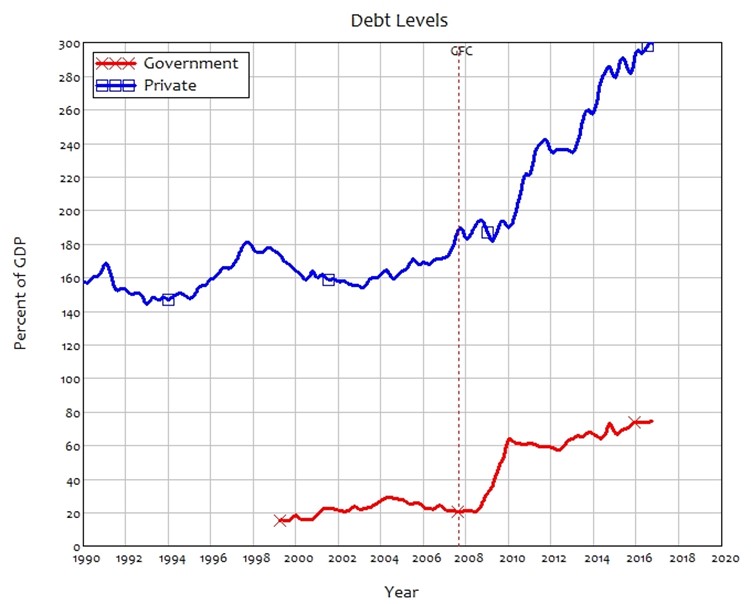
Ireland
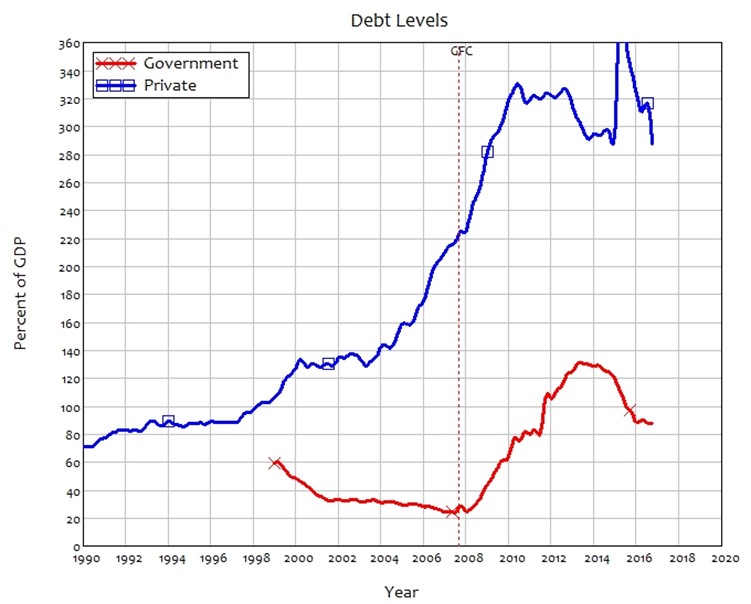
Italy
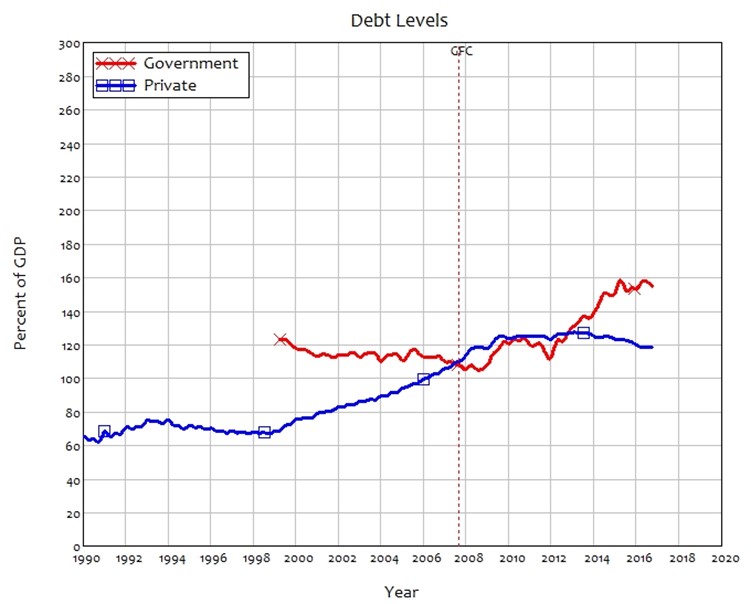
Japan
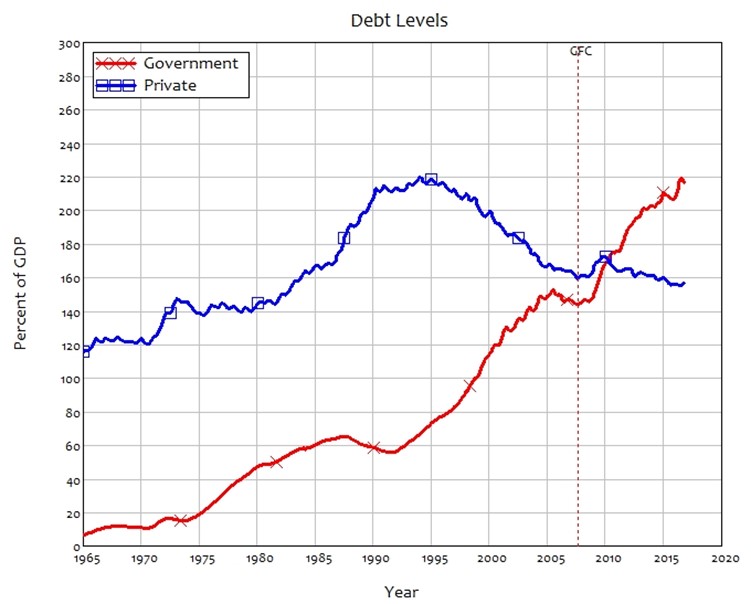
Korea
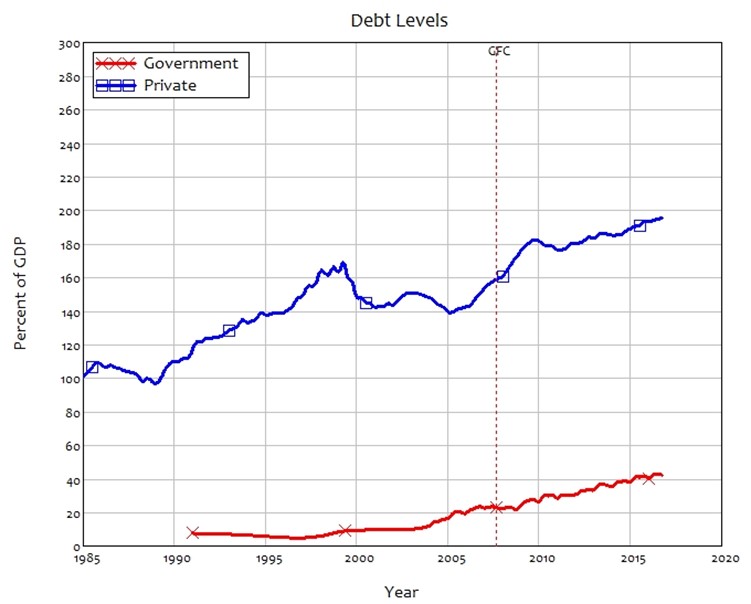
Malaysia
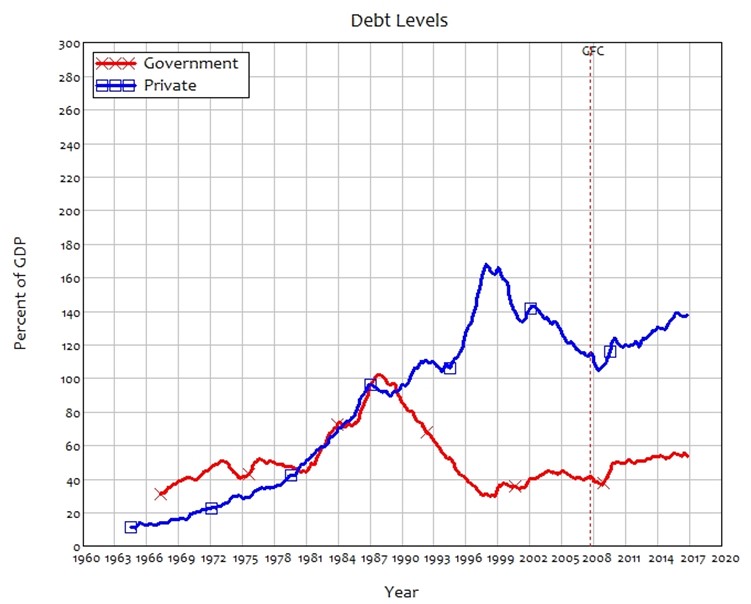
Netherlands
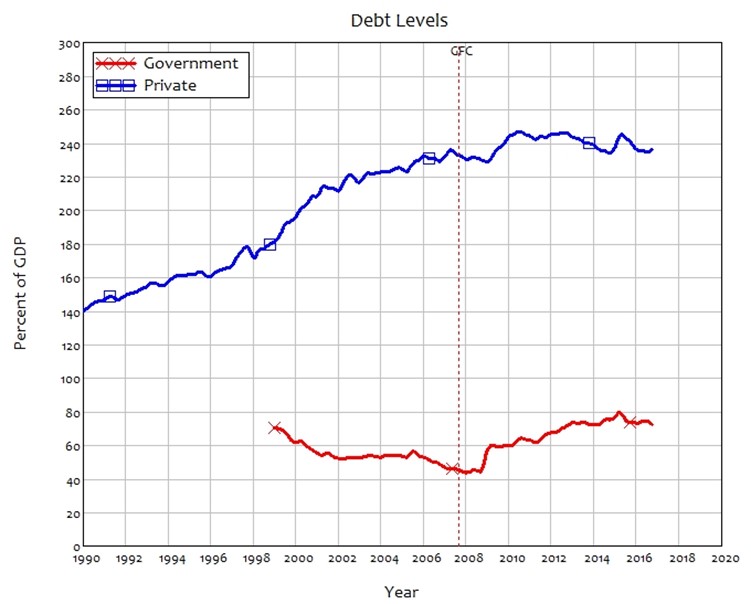
New Zealand
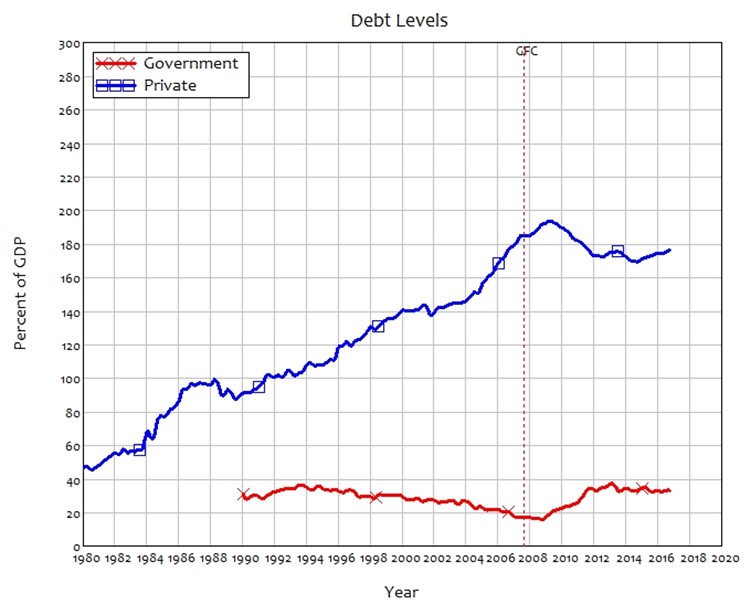
Norway
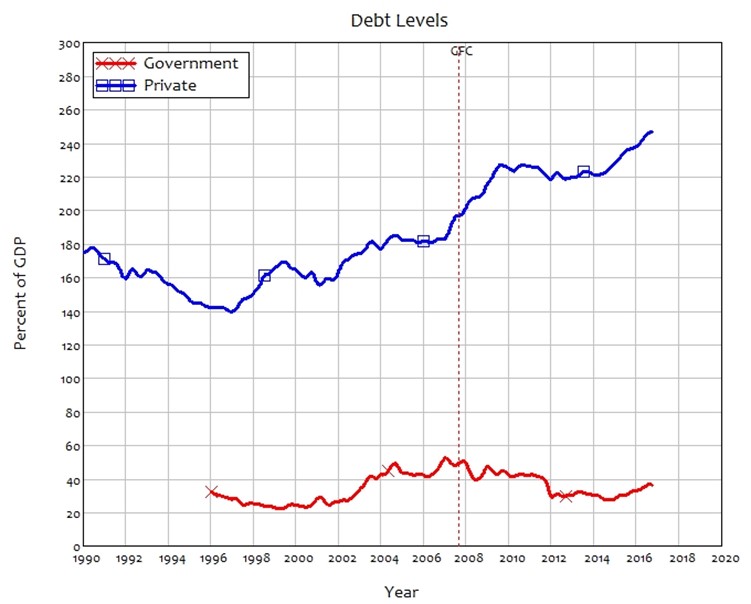
Poland
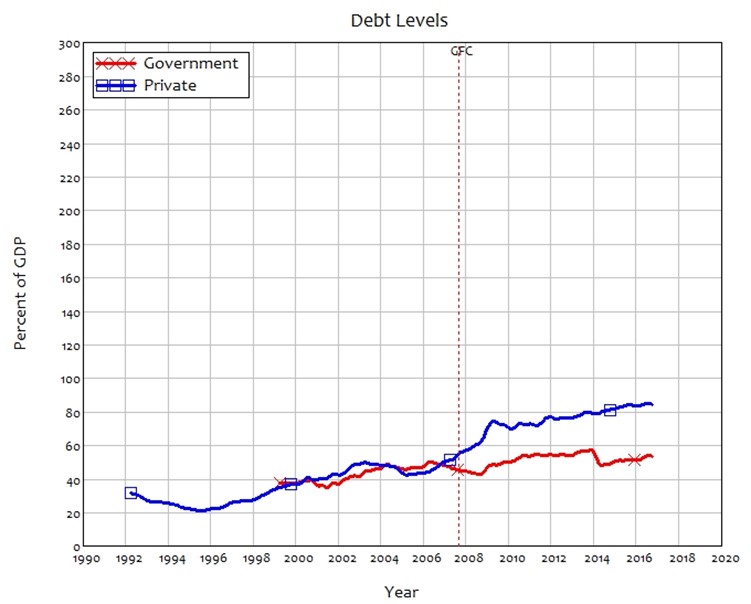
Portugal
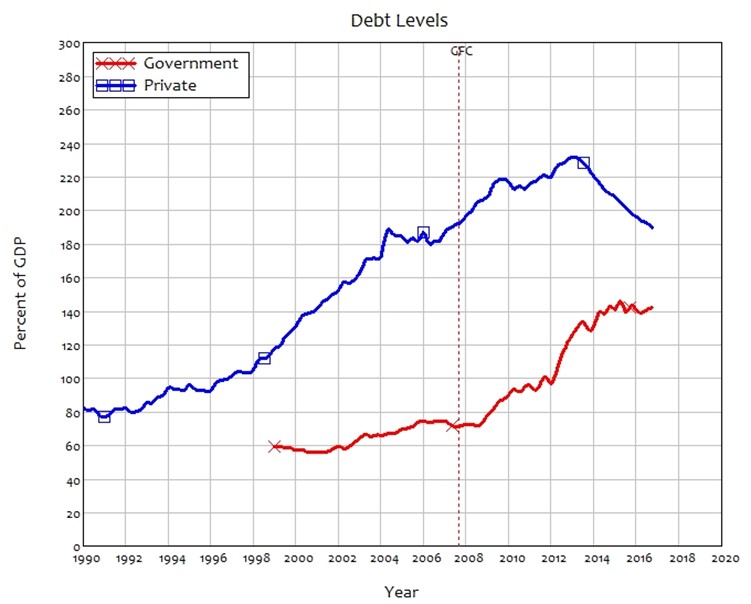
Singapore
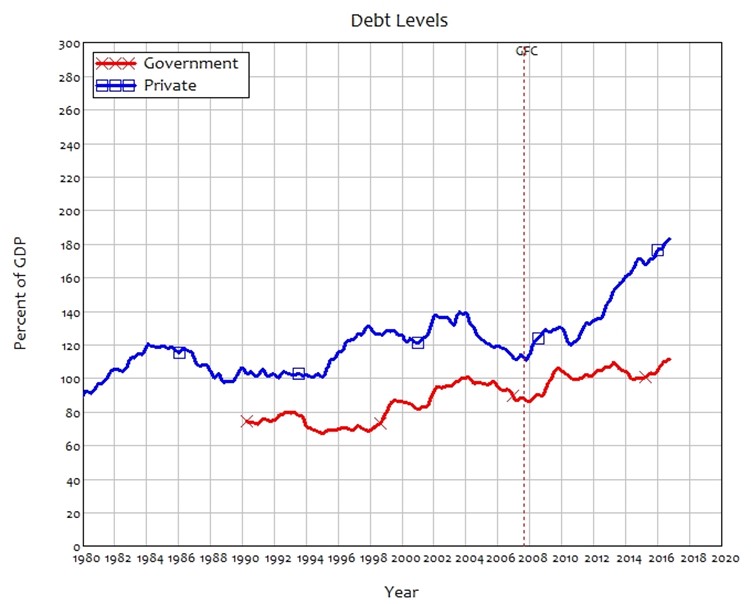
Spain
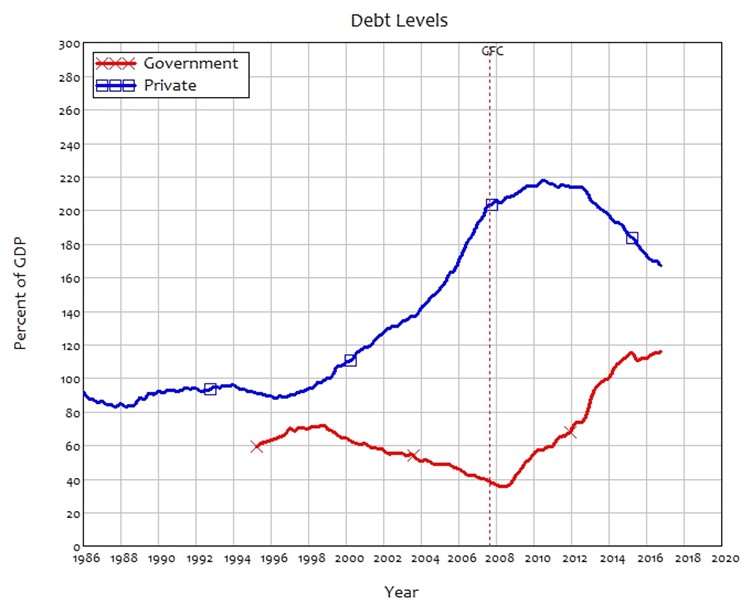
Sweden
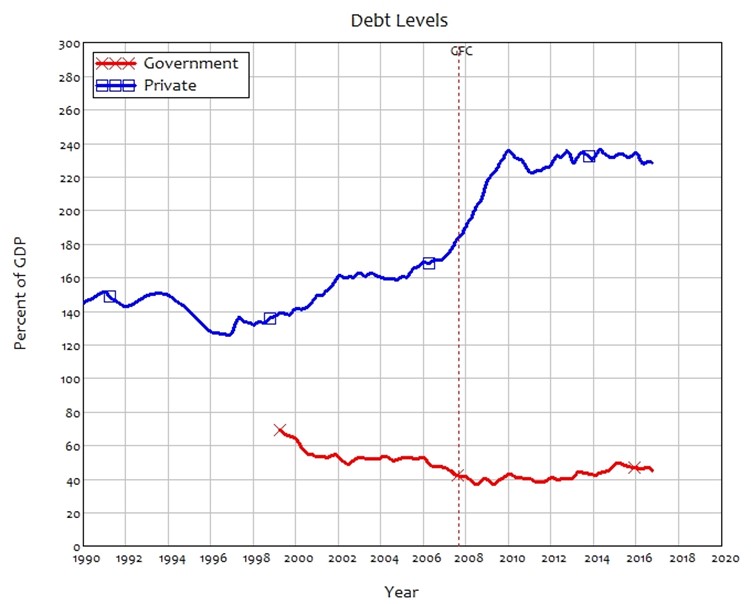
Switzerland
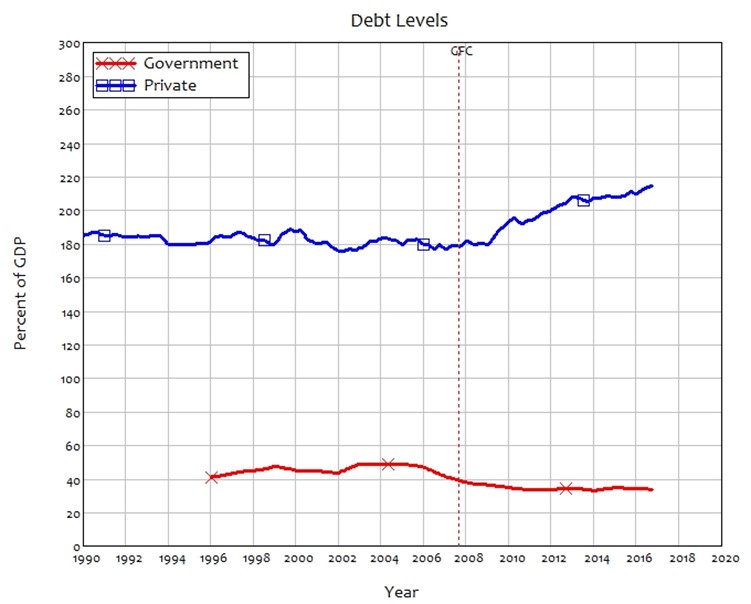
Thailand
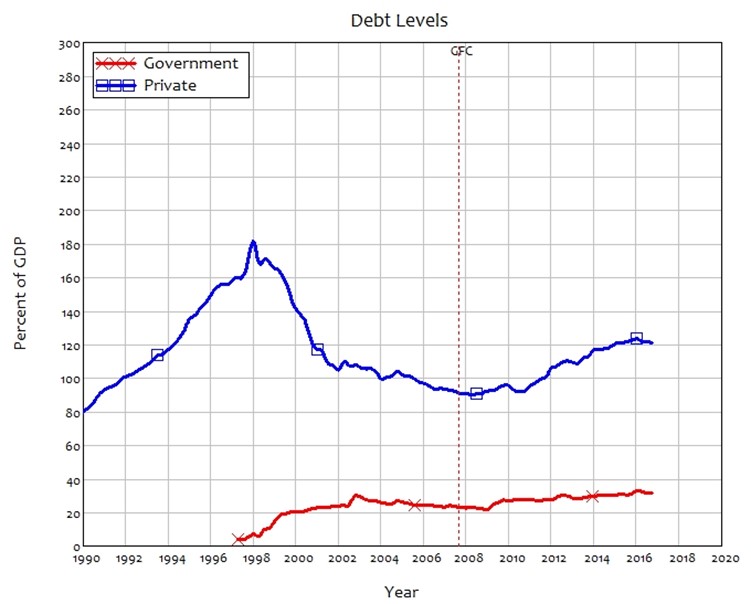
Turkey
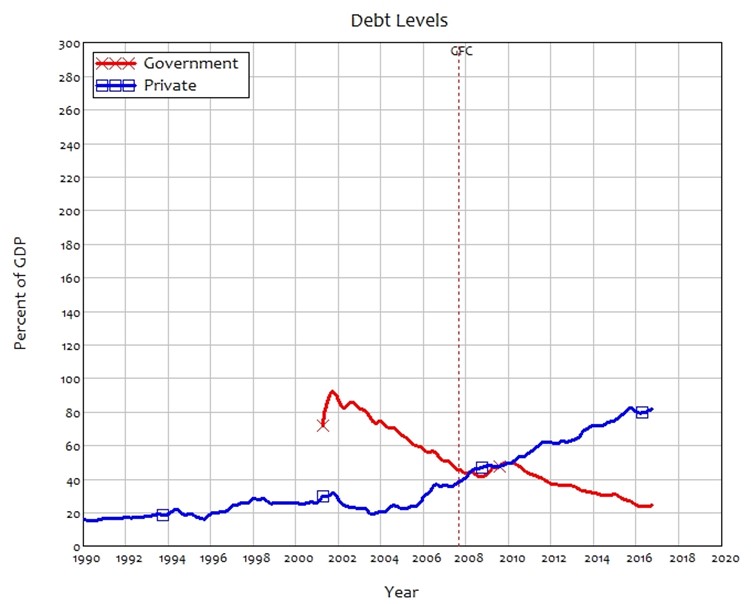
UK
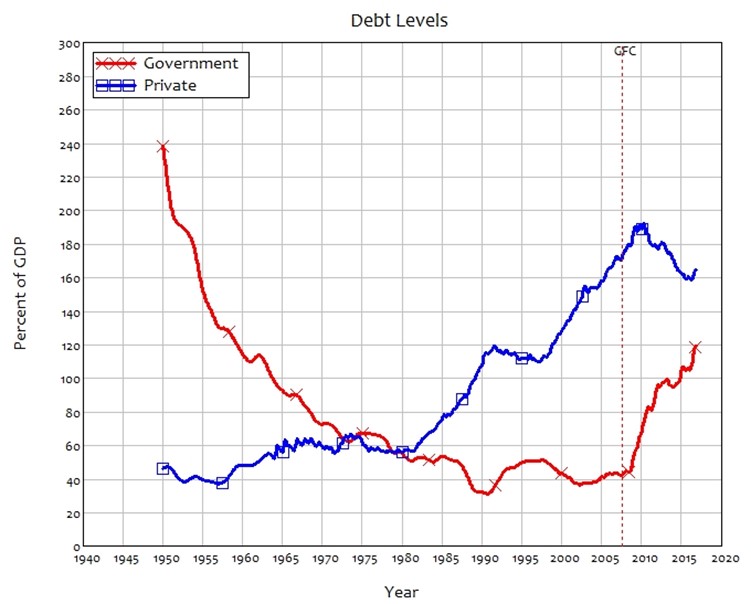
USA
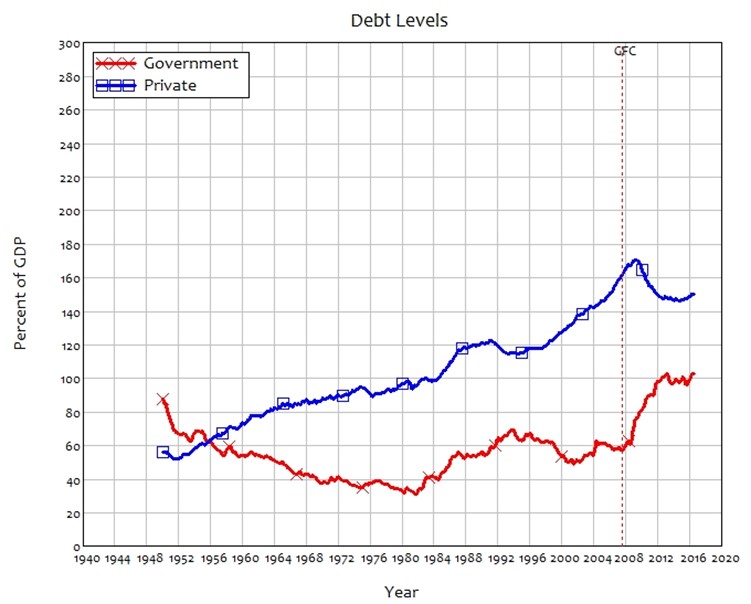
Credit and Aggregate Demand
Australia
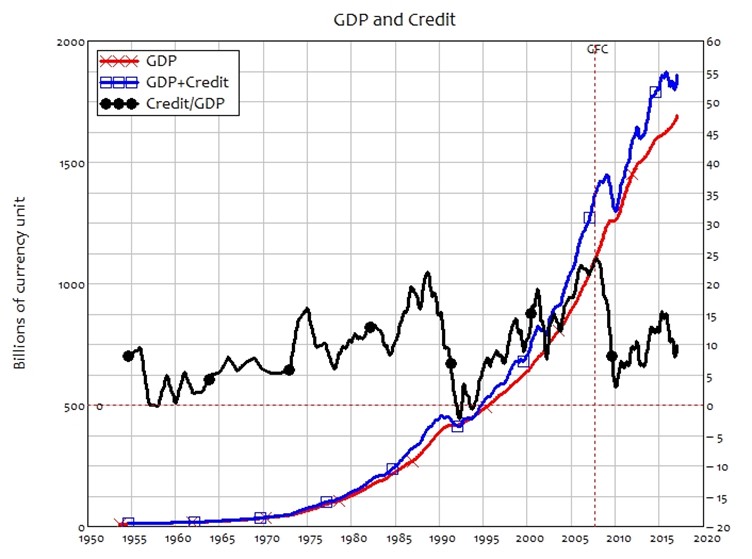
Austria
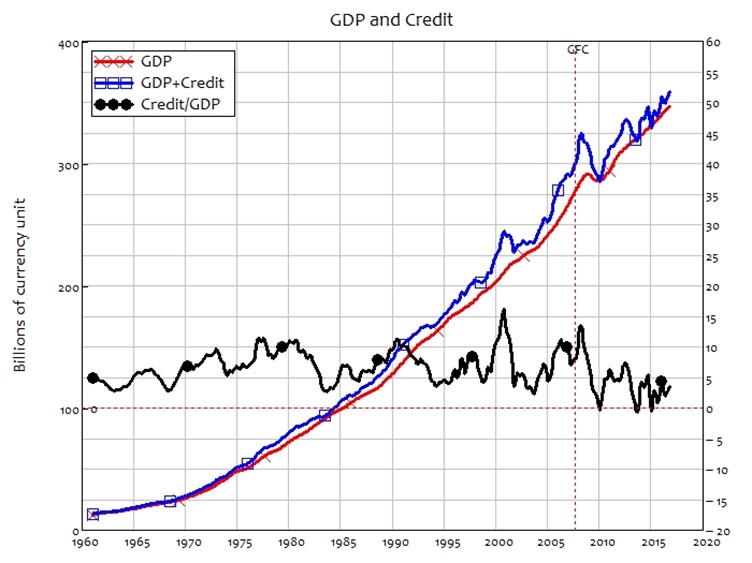
Belgium
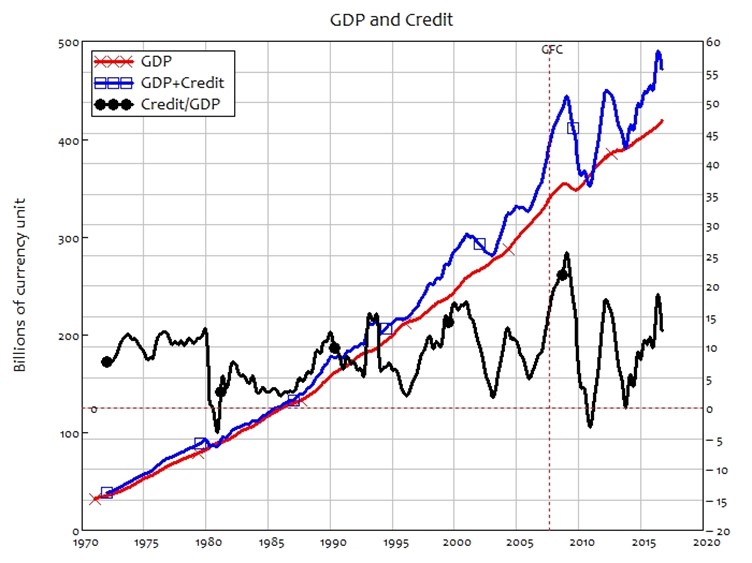
Canada
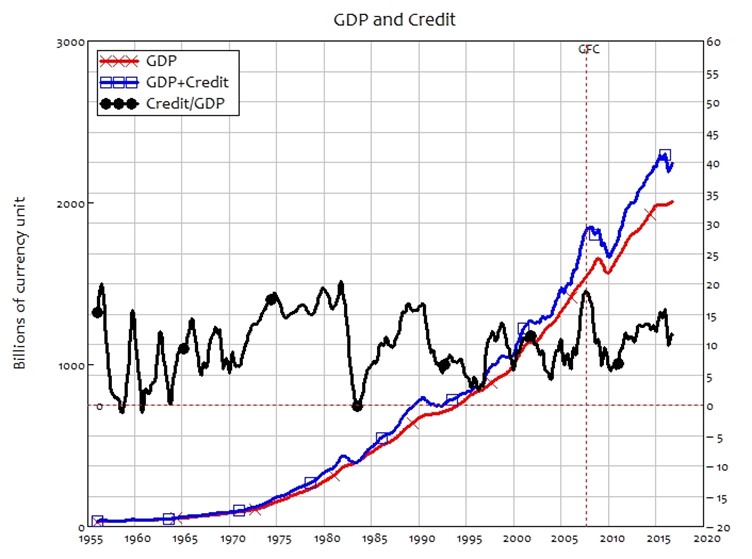
China
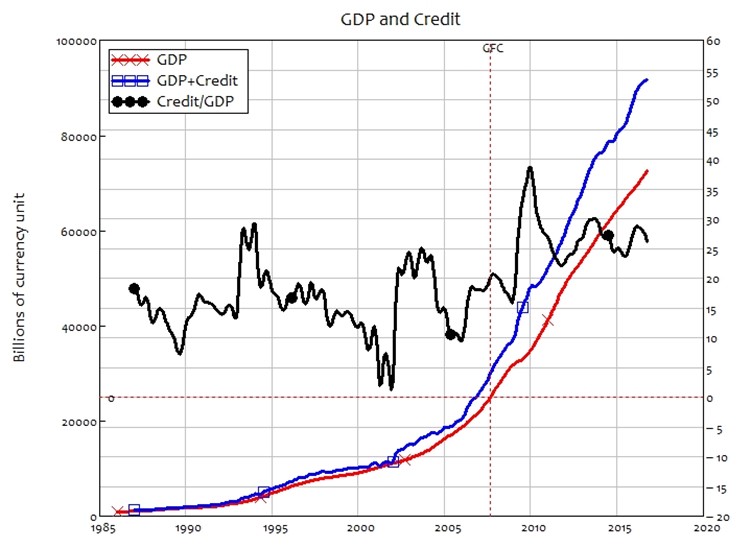
Czech Republic
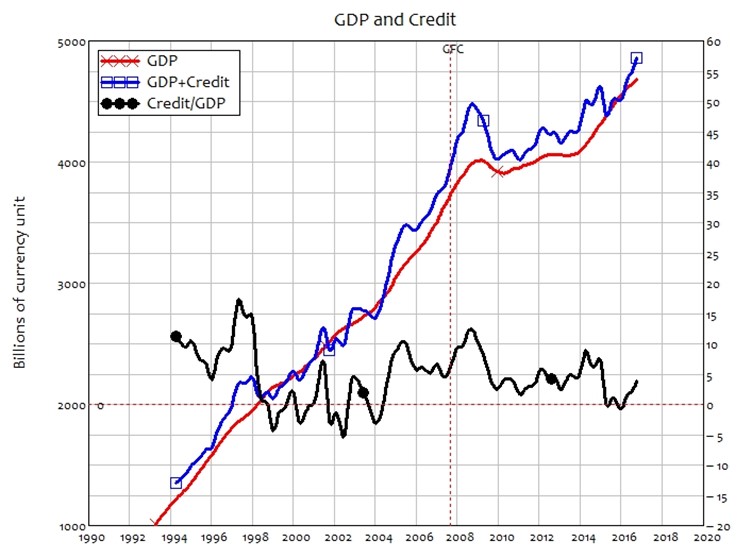
Denmark
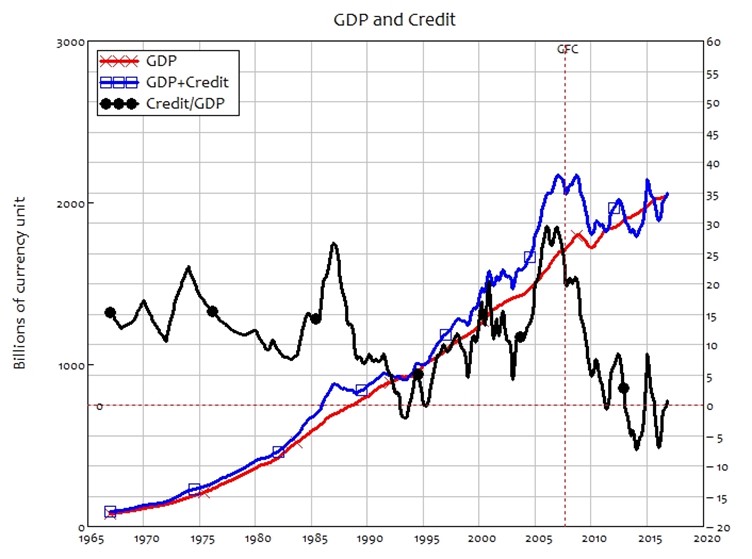
Finland
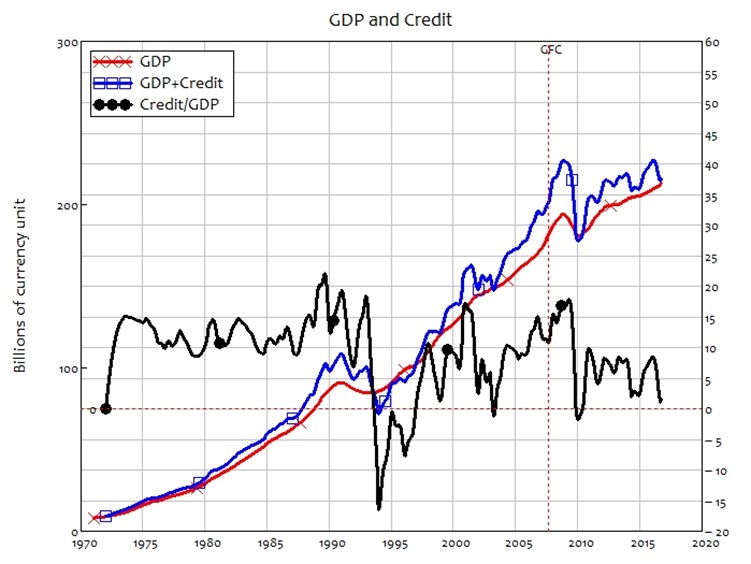
France
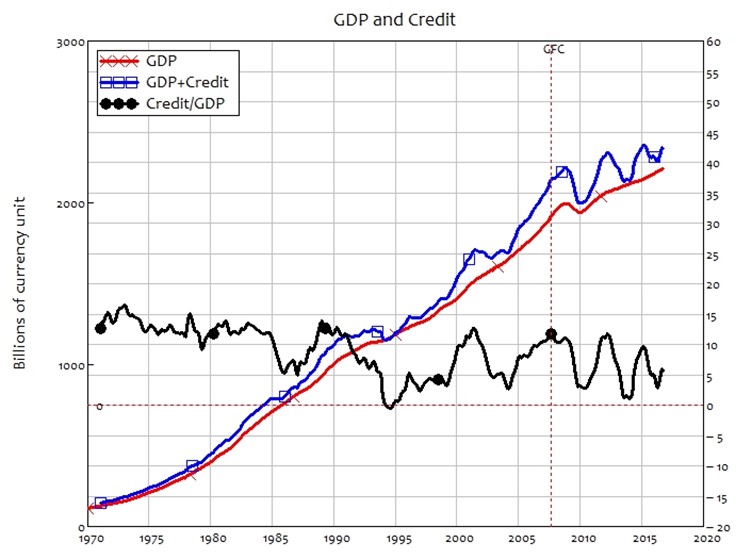
Germany
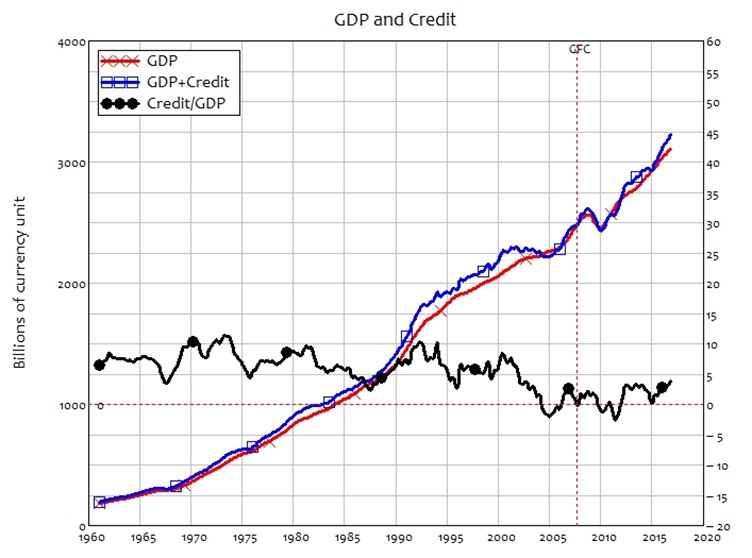
Greece
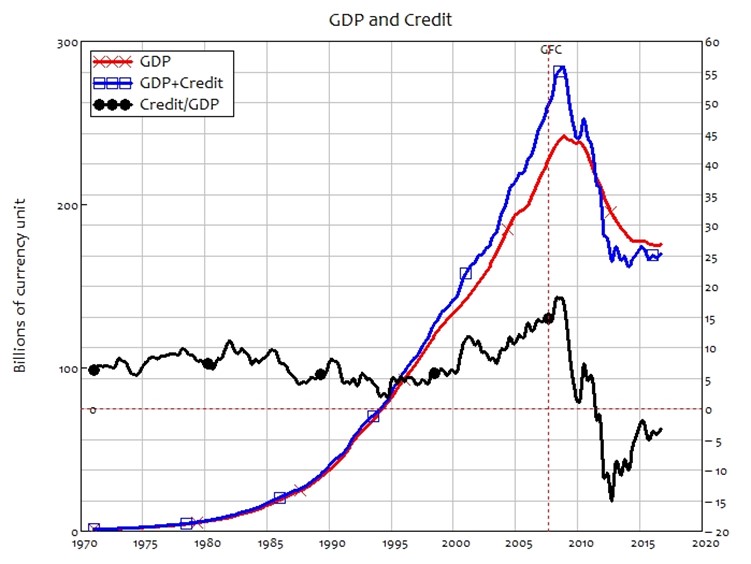
Hong Kong
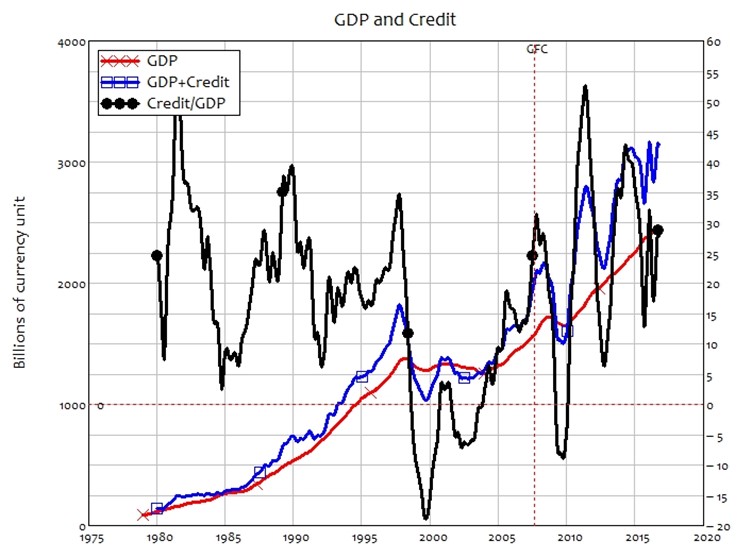
Ireland
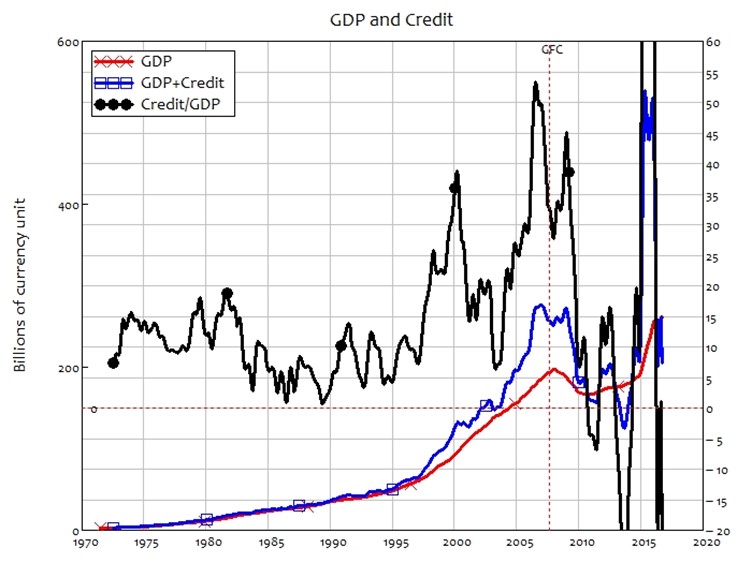
Italy
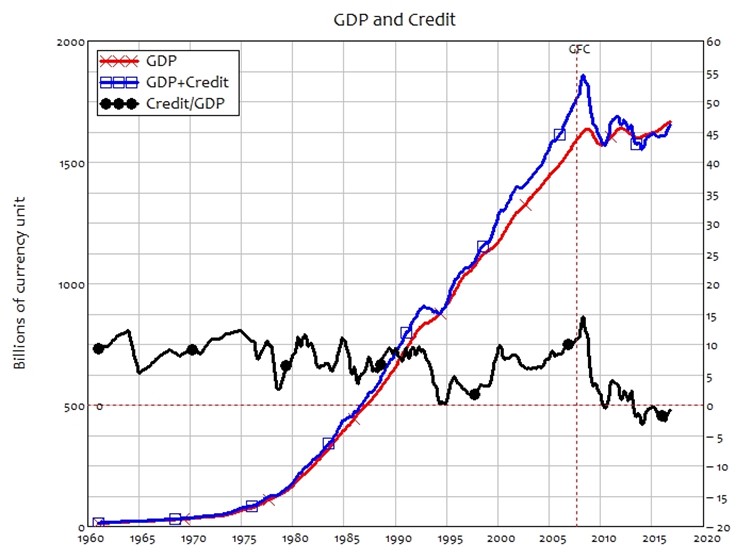
Japan
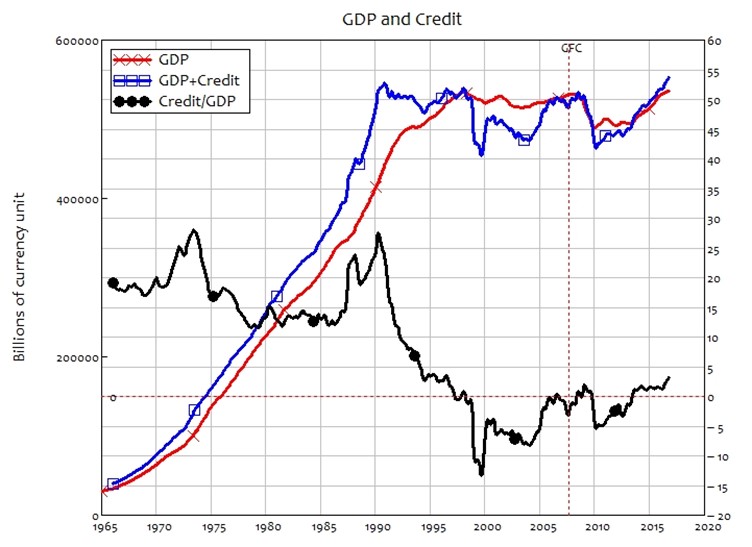
Korea
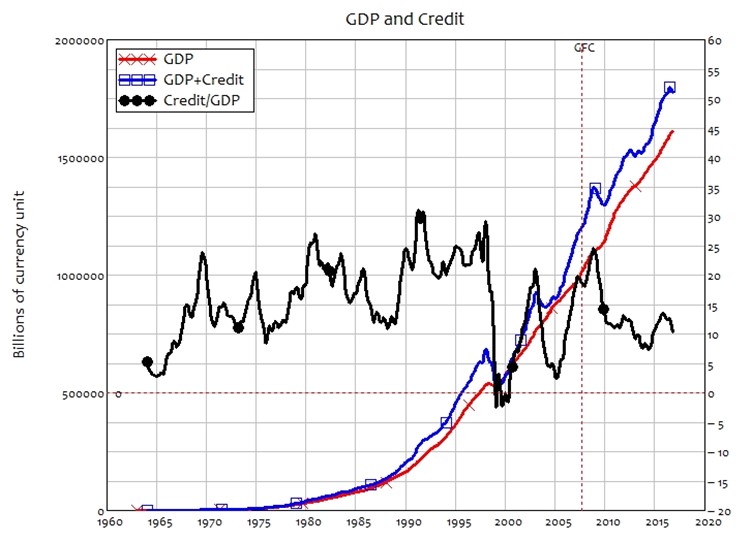
Malaysia
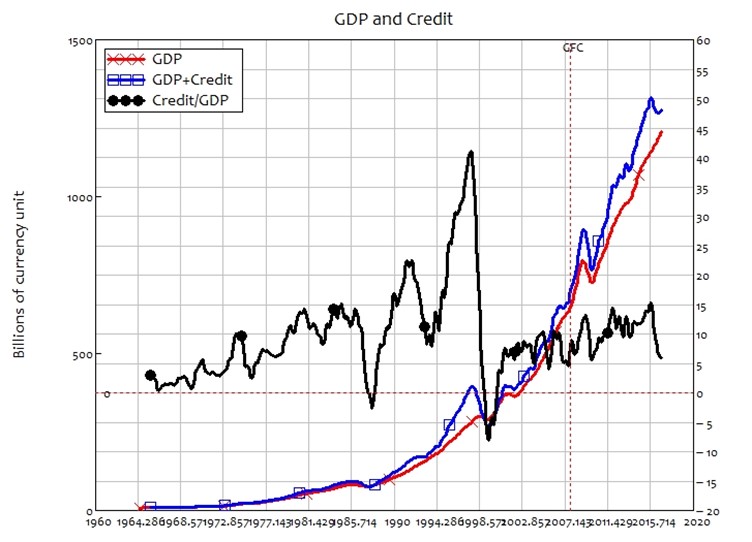
Netherlands
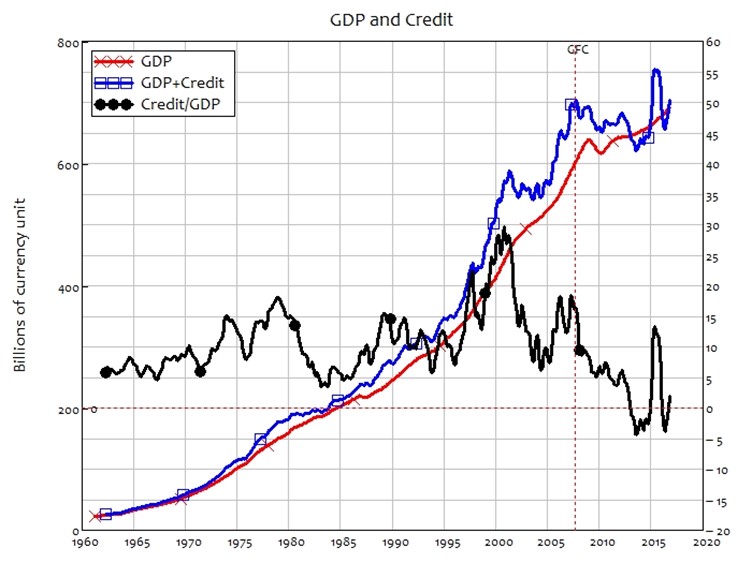
New Zealand
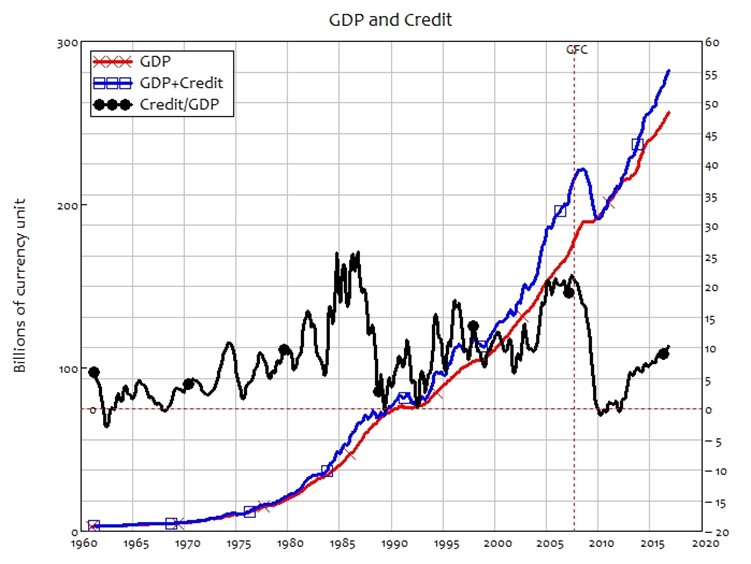
Norway
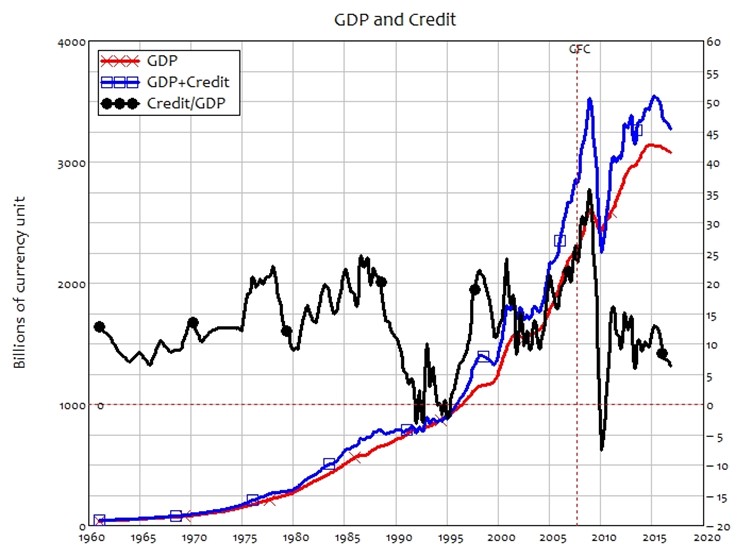
Poland
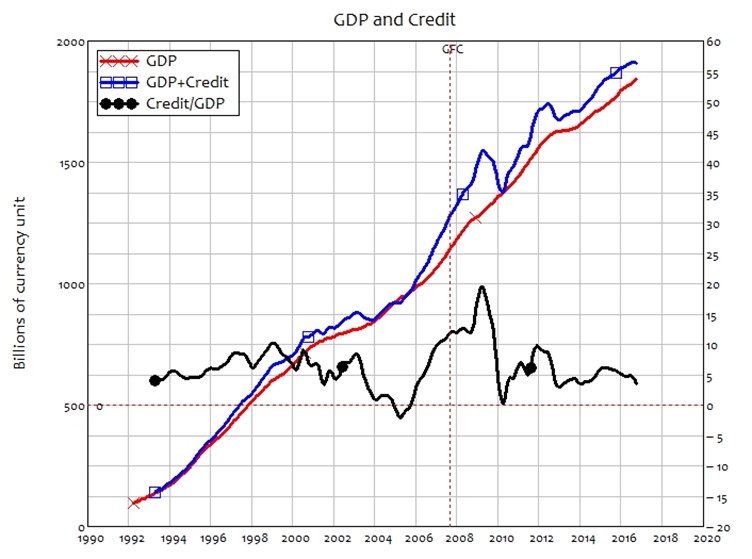
Portugal
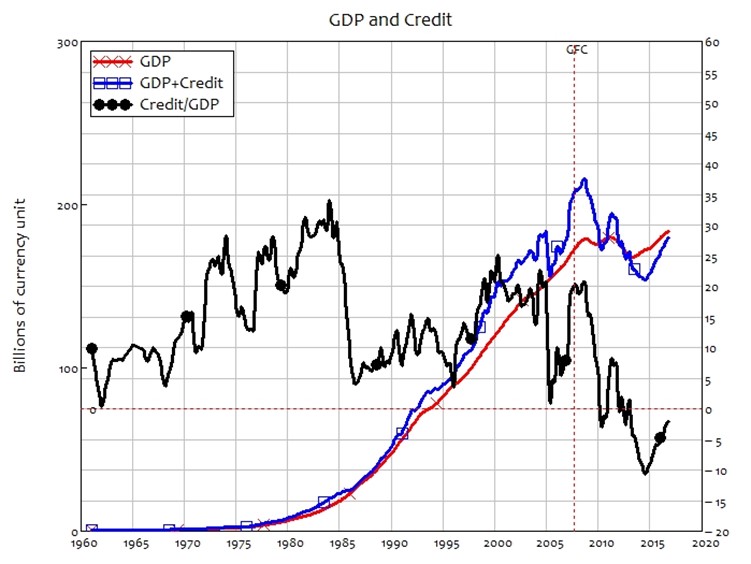
Singapore
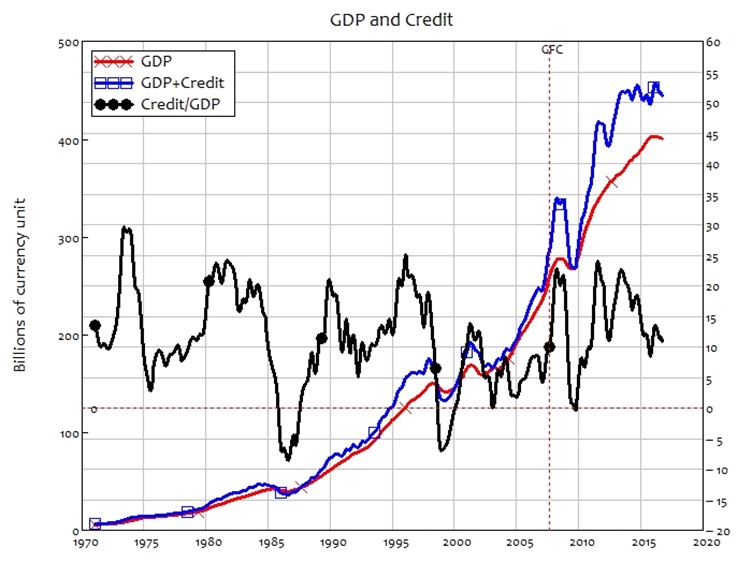
Spain
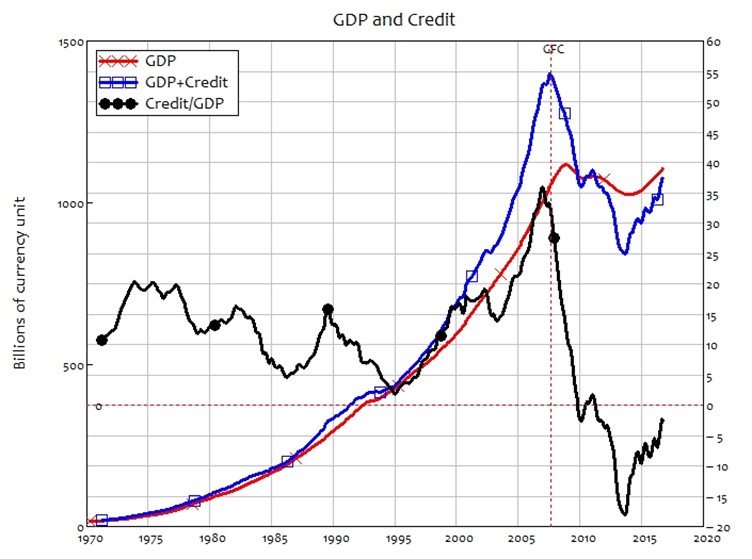
Sweden
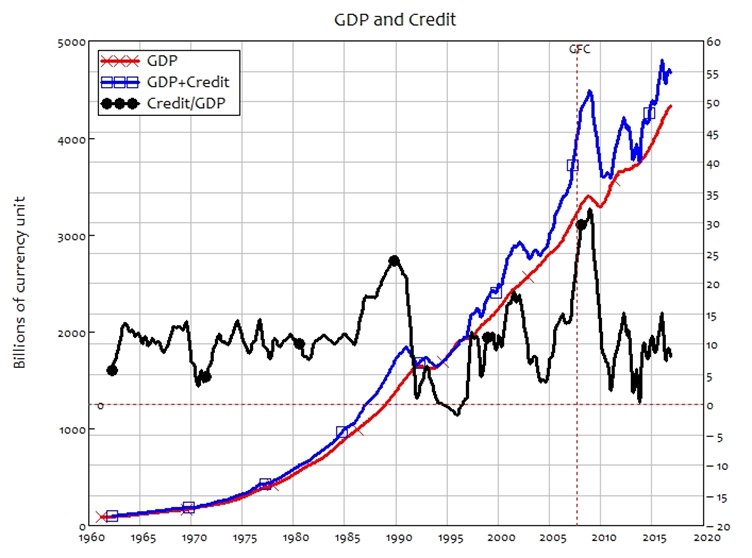
Switzerland
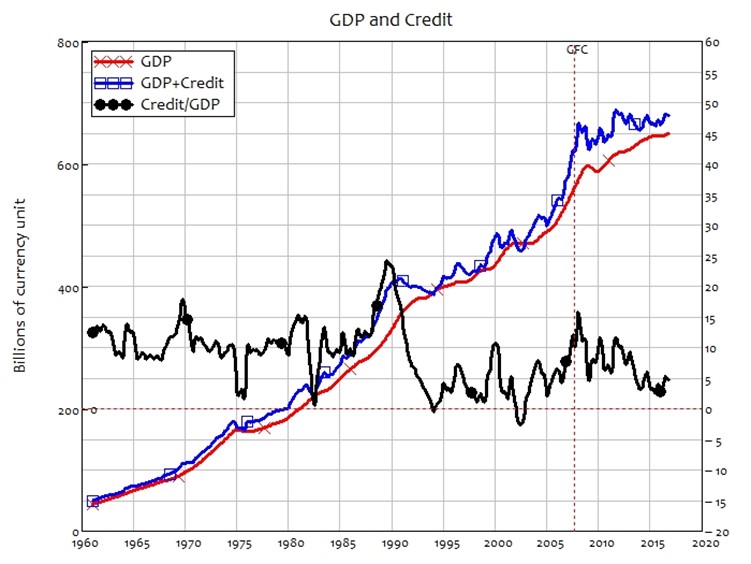
Thailand
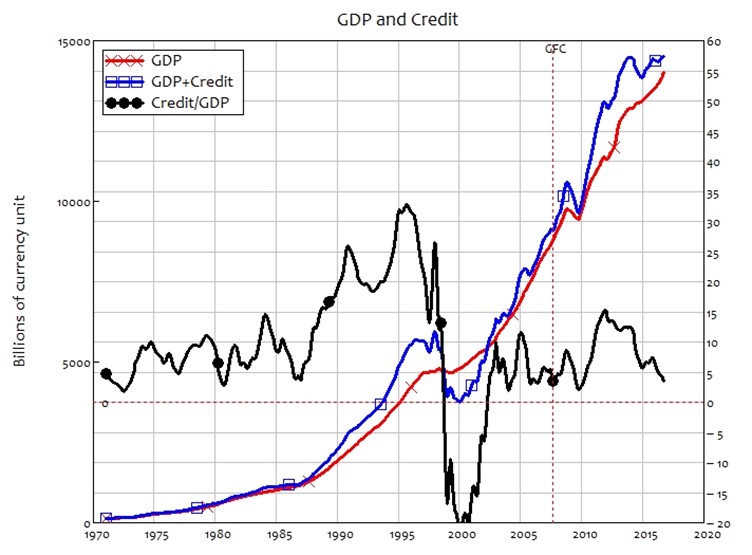
Turkey
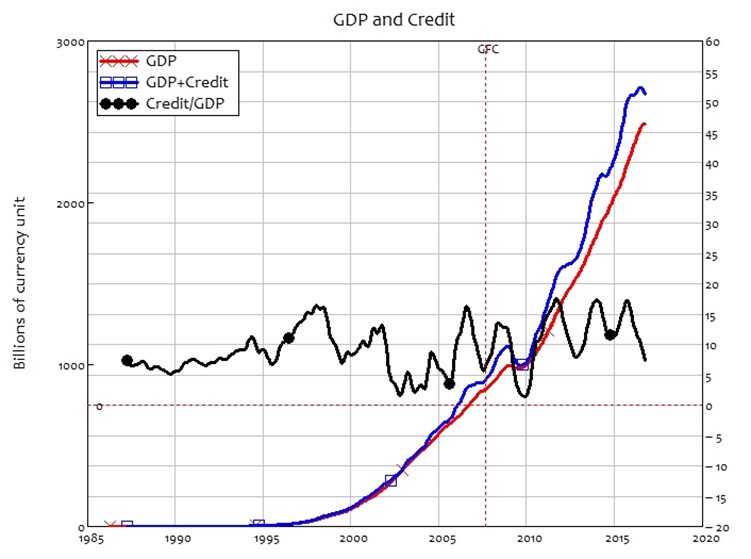
UK
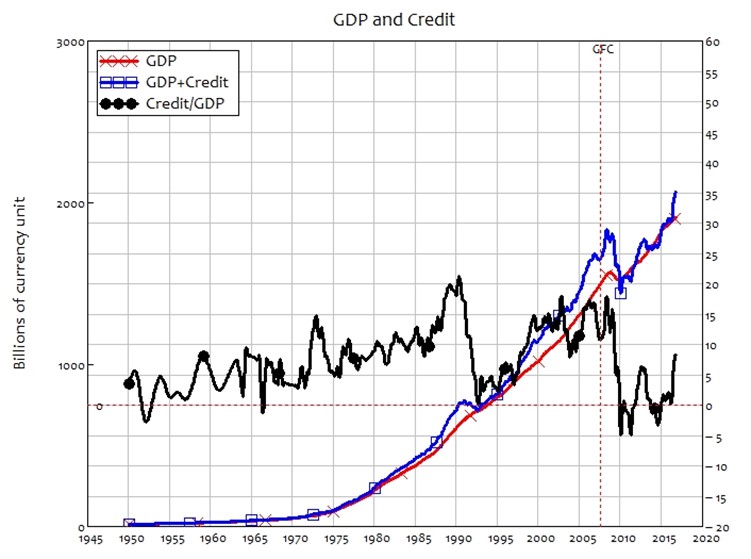
USA
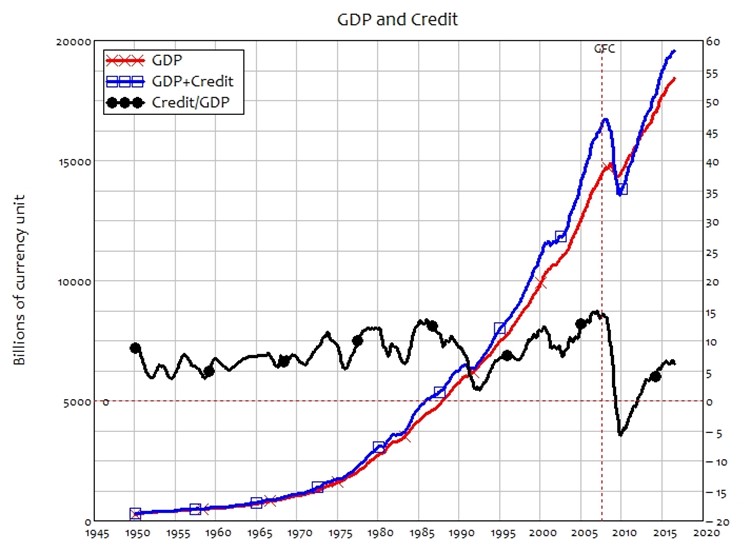
Breakdown of Private Sector Debt
Australia
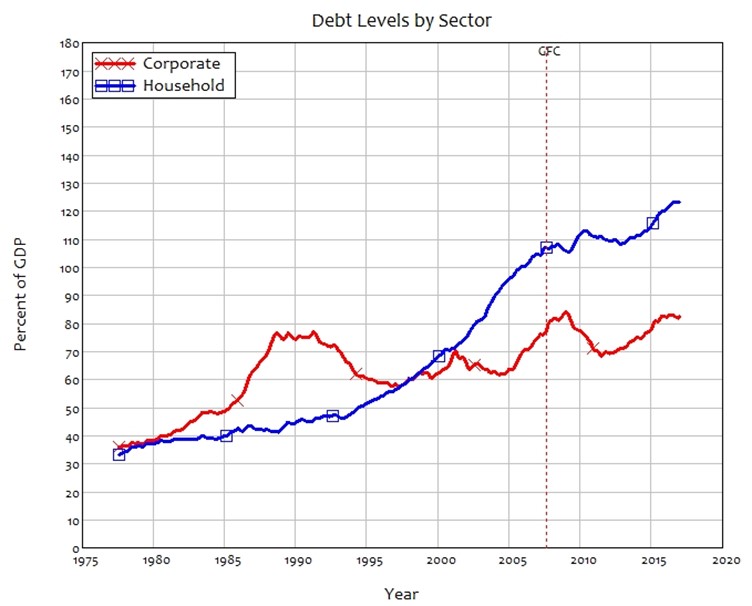
Austria
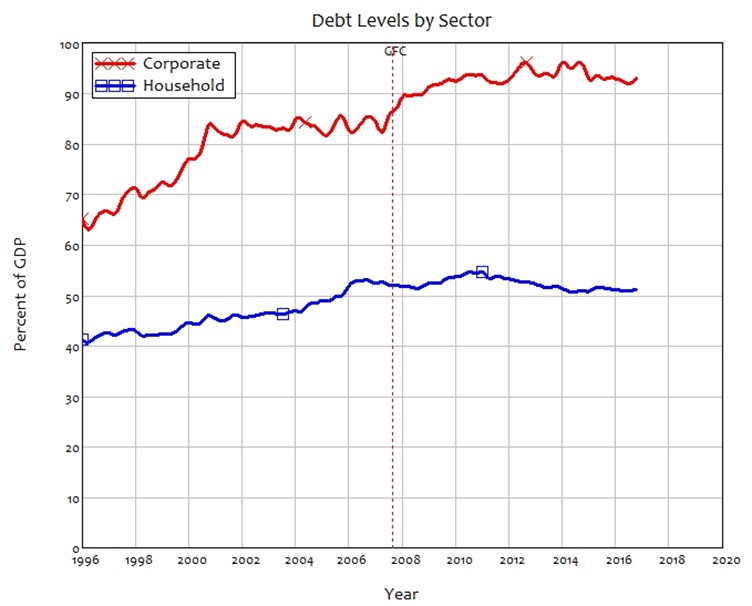
Belgium
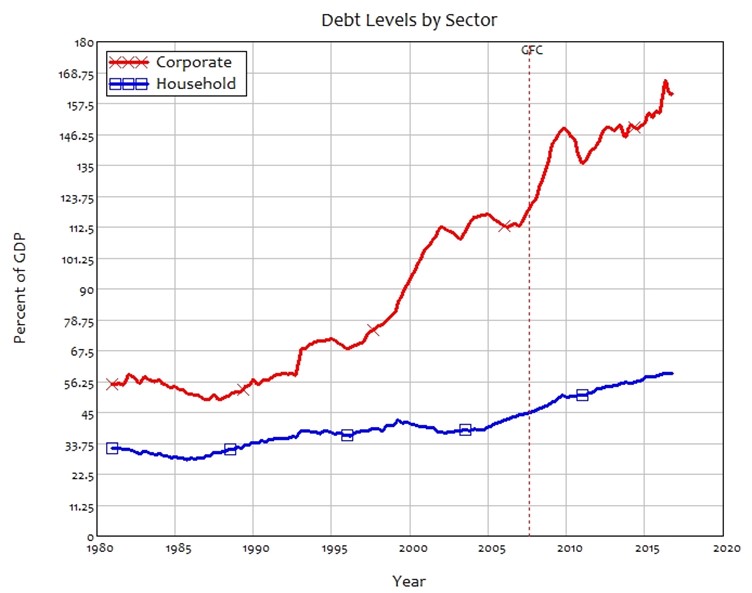
Canada
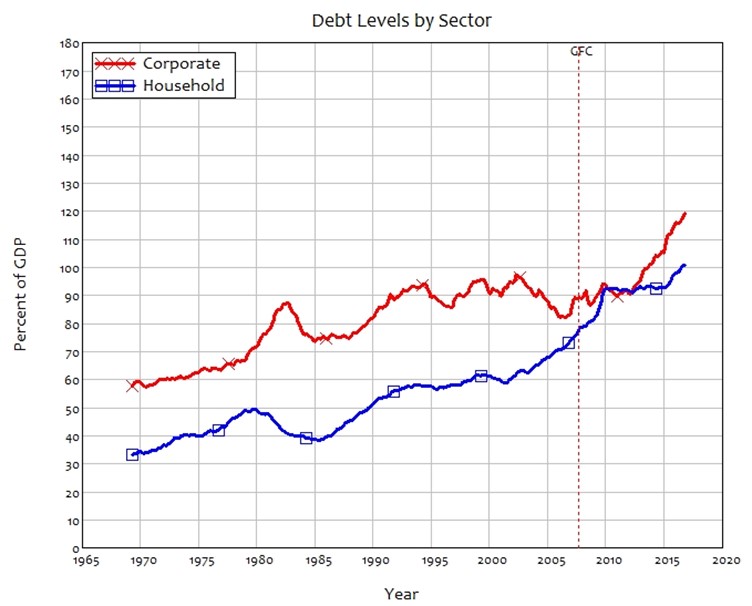
China
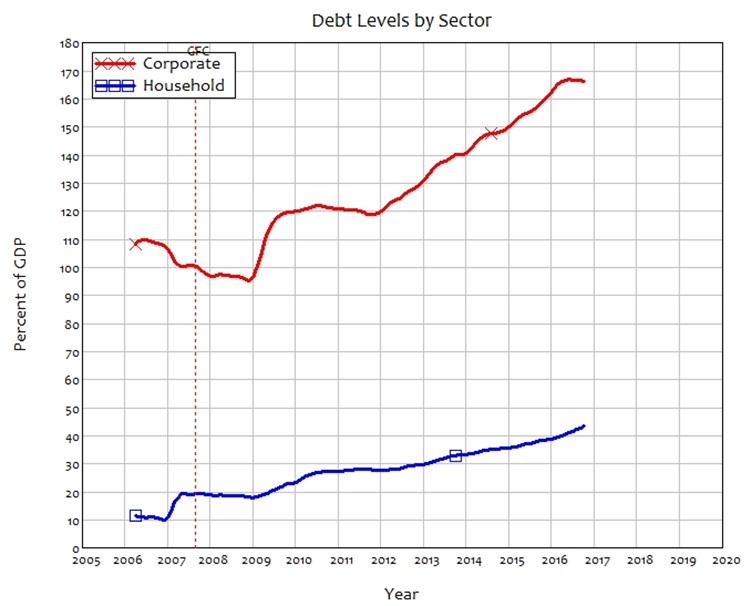
Czech Republic
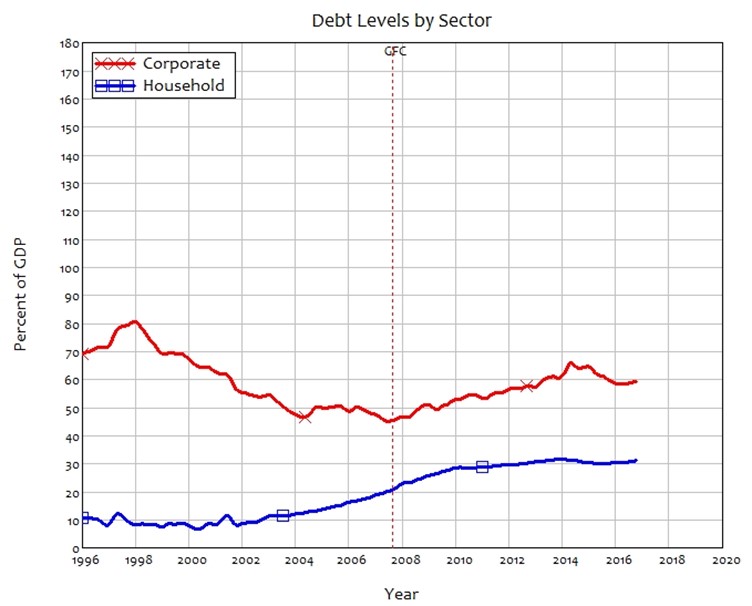
Denmark
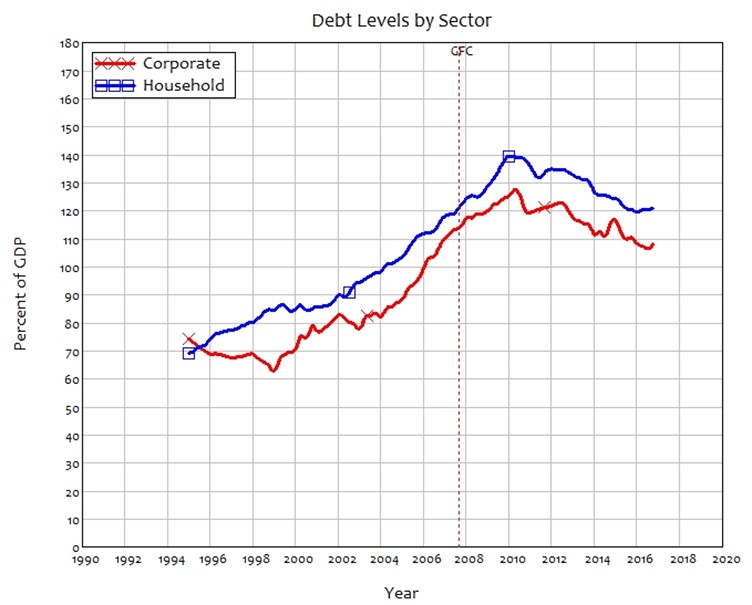
Finland
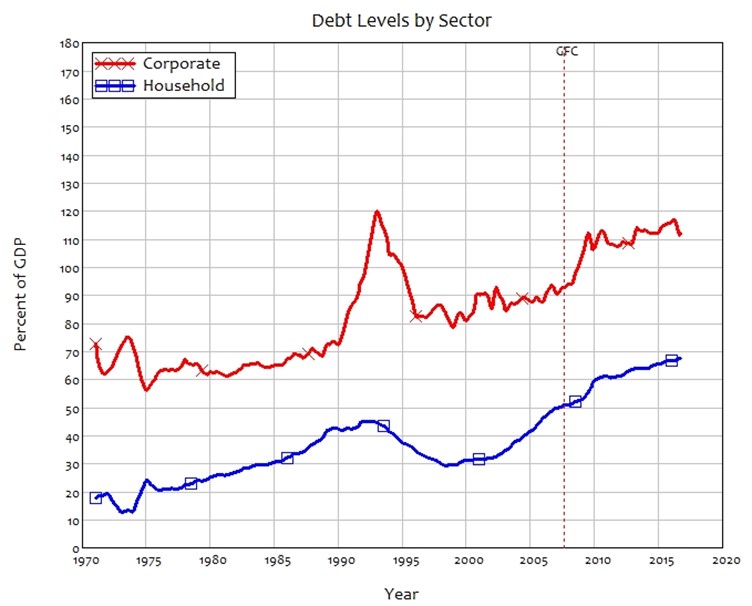
France
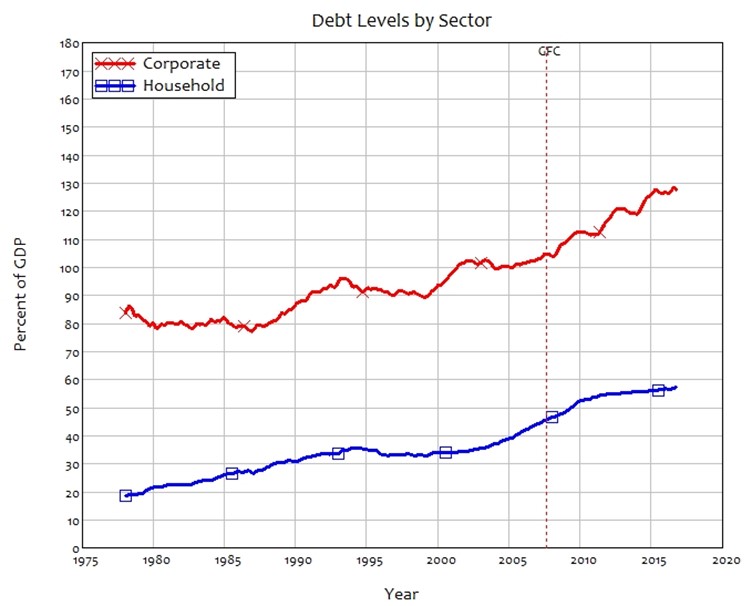
Germany
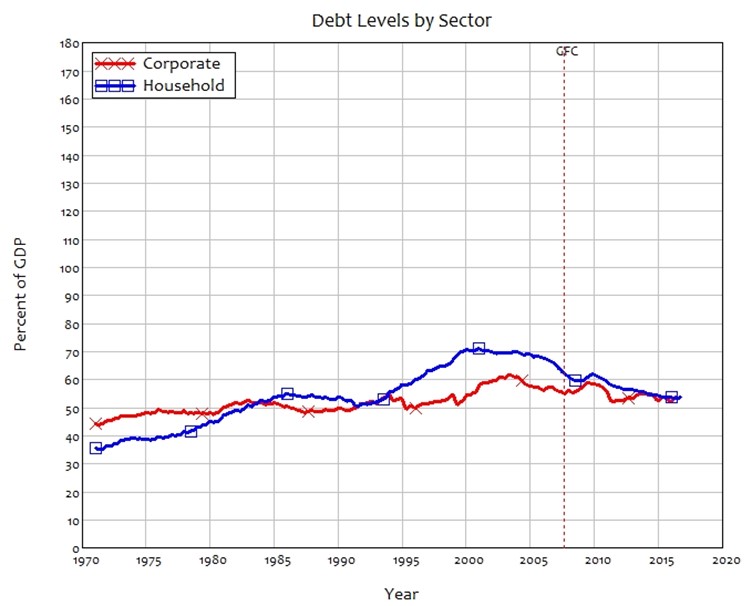
Greece
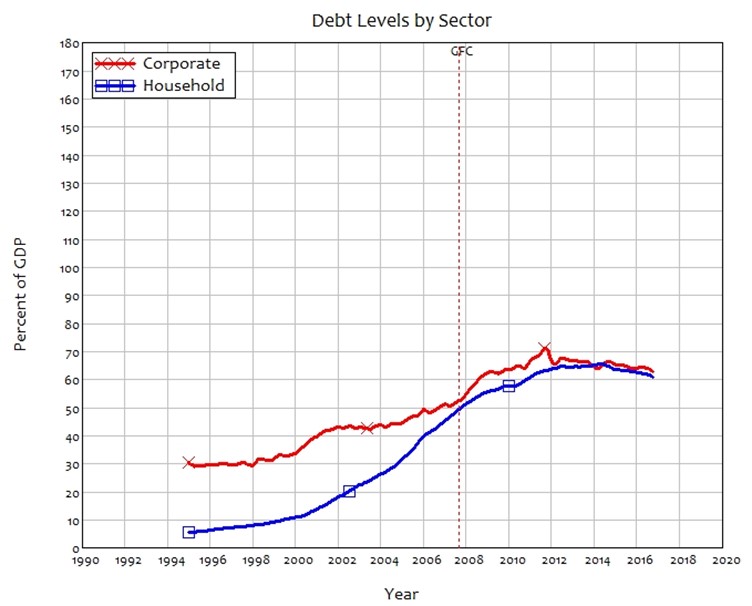
Hong Kong
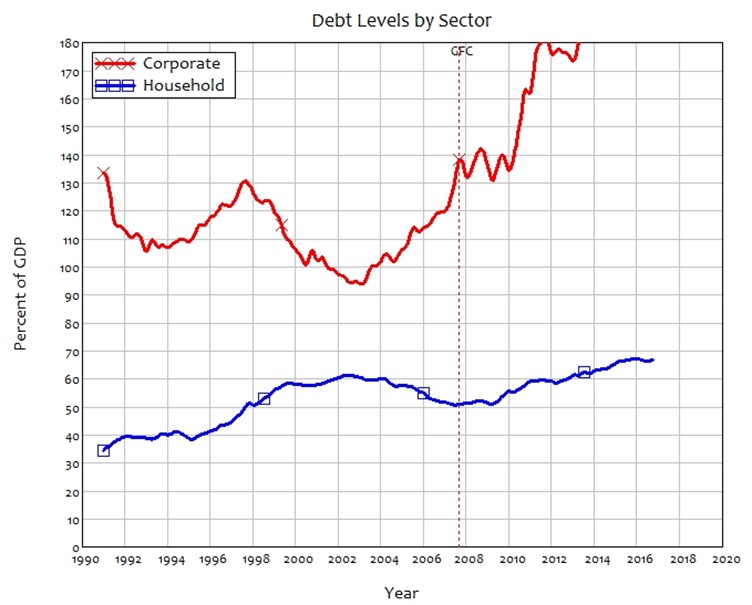
Ireland
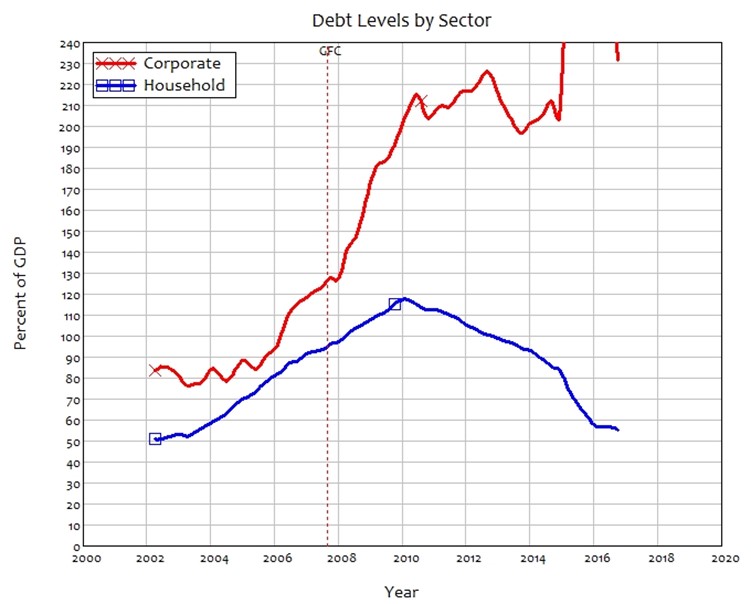
Italy
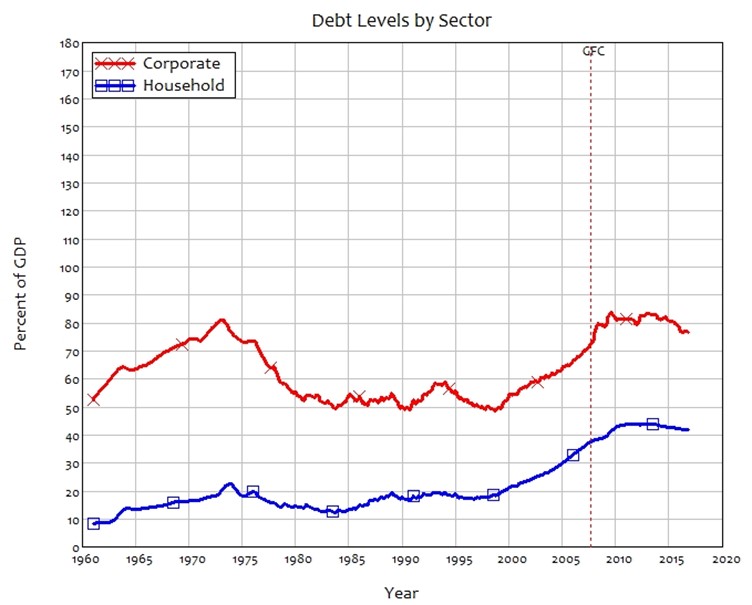
Japan
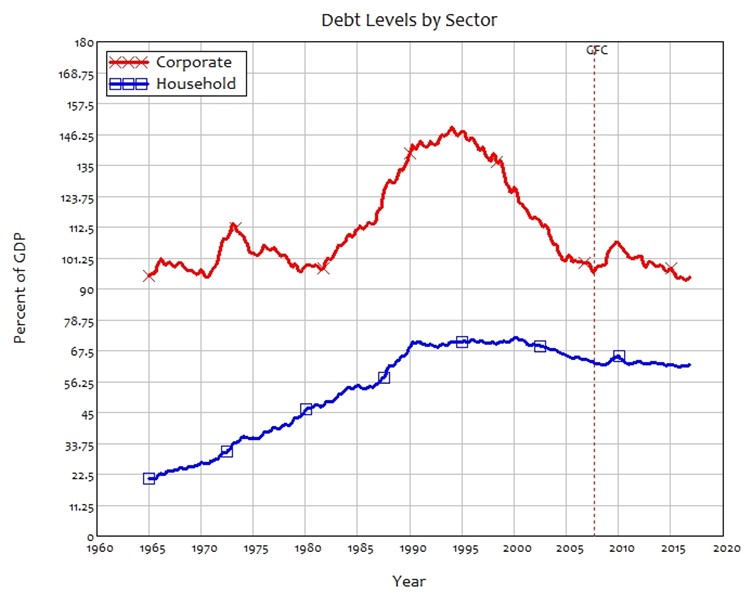
Korea
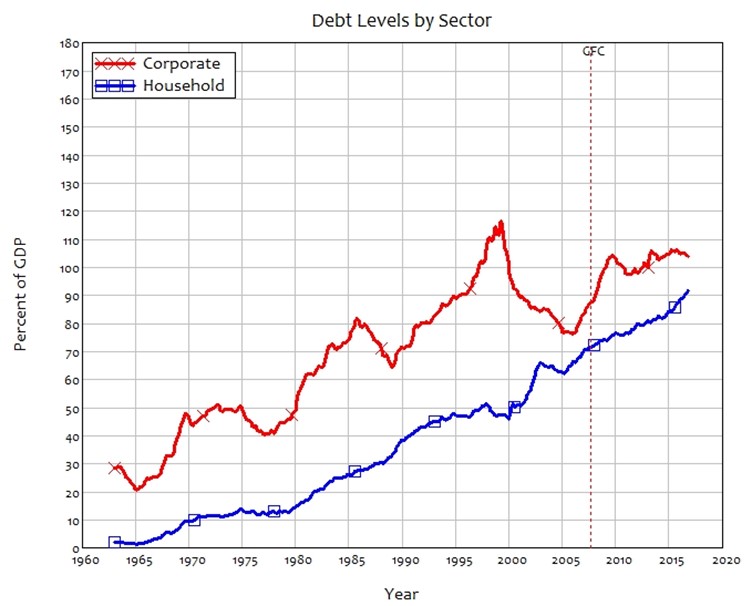
Malaysia
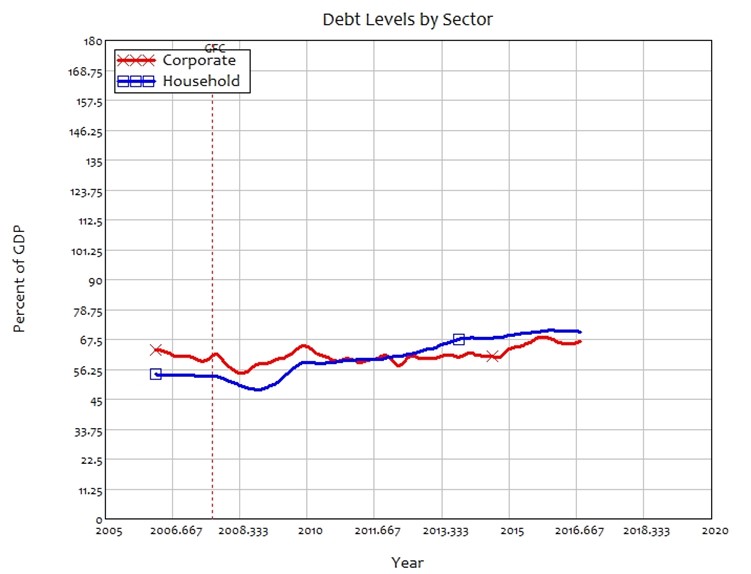
Netherlands
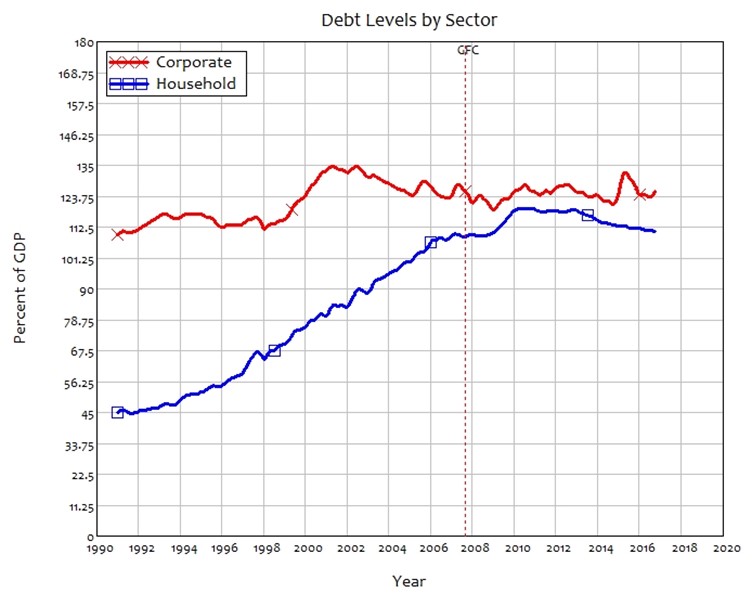
New Zealand
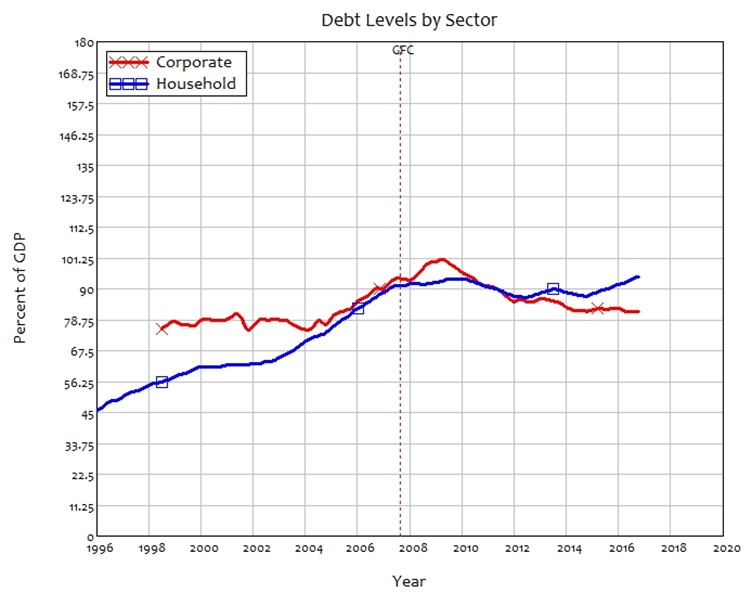
Norway
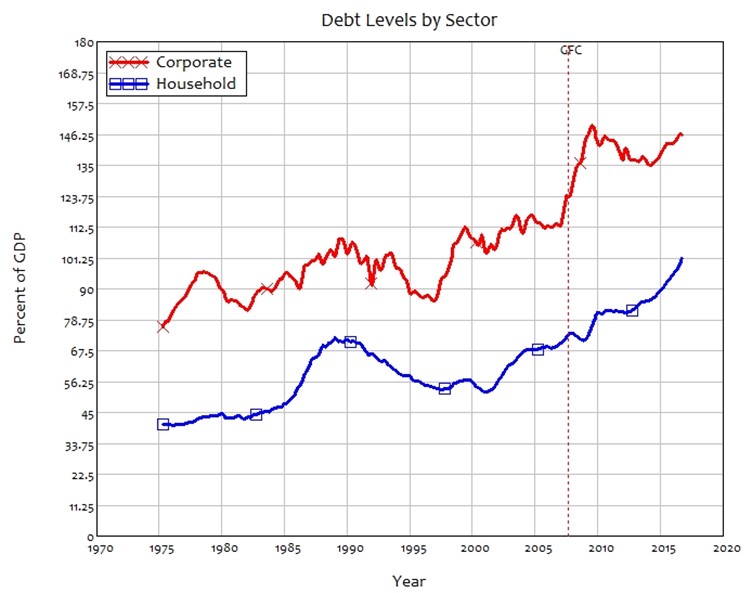
Poland

Portugal
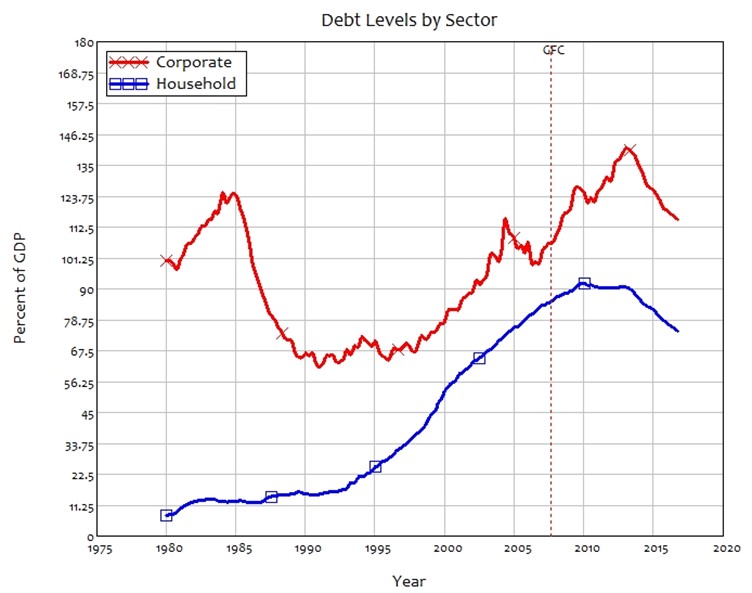
Singapore
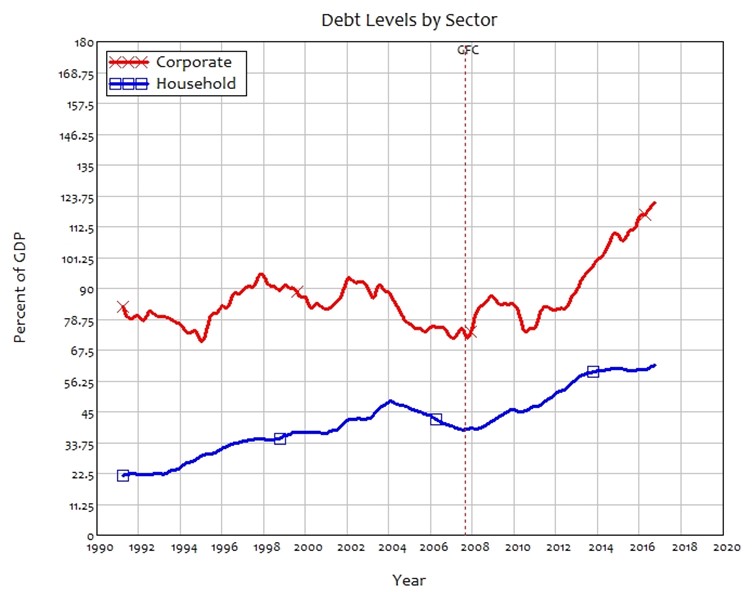
Spain
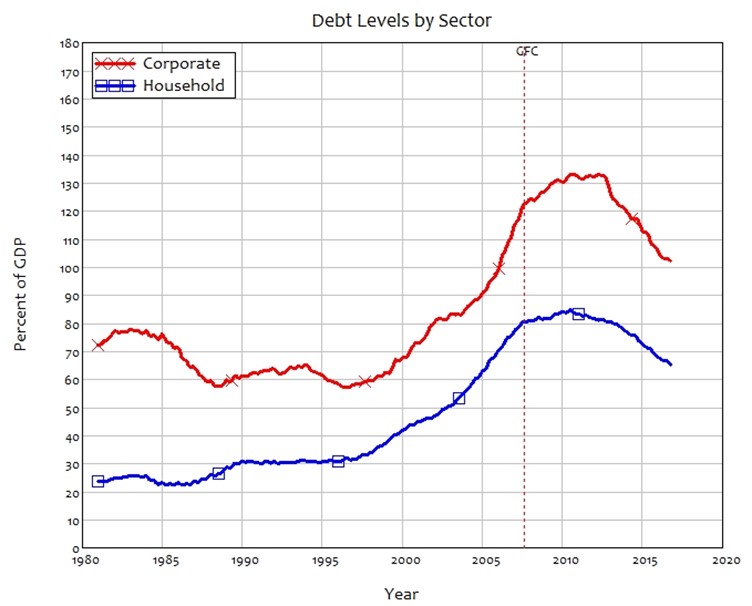
Sweden
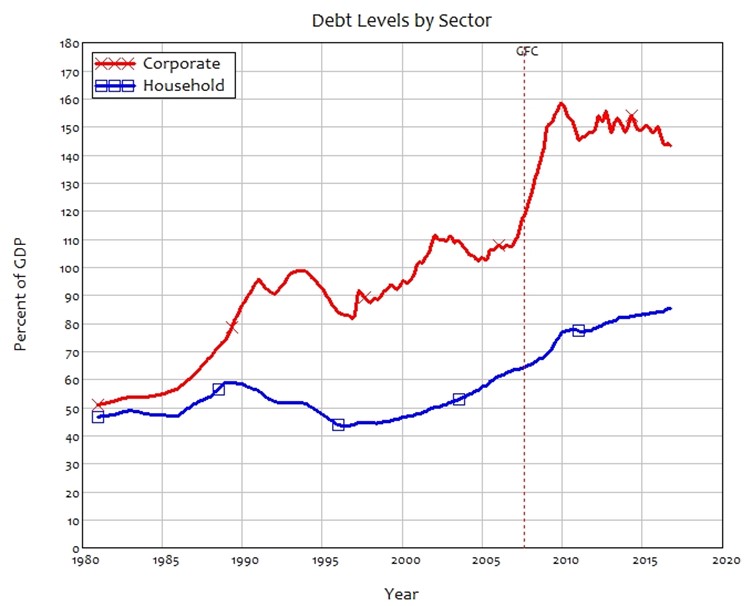
Switzerland
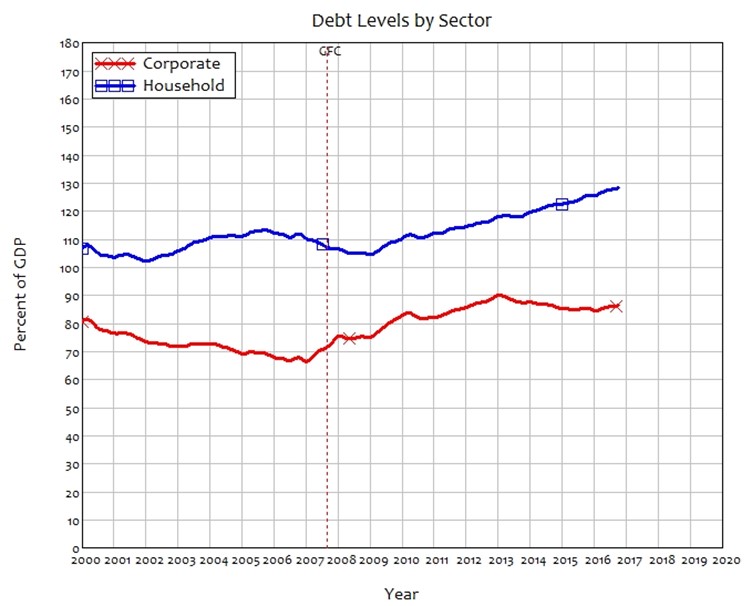
Thailand
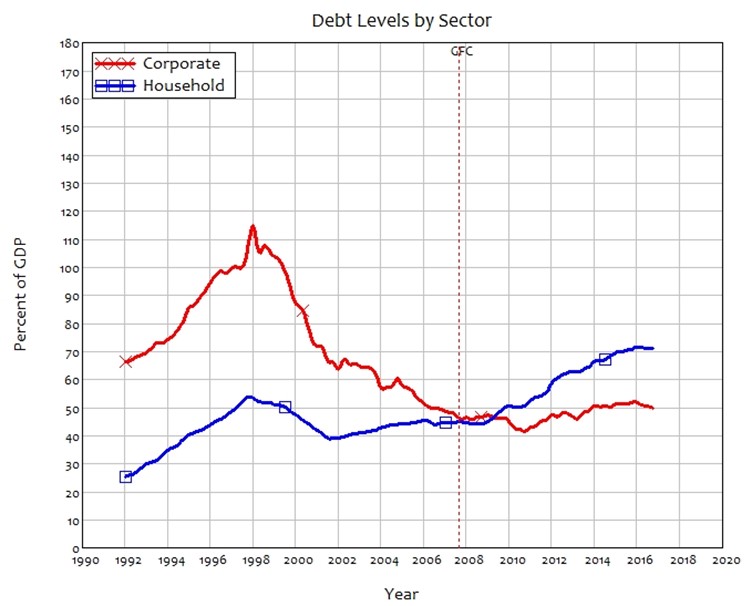
Turkey
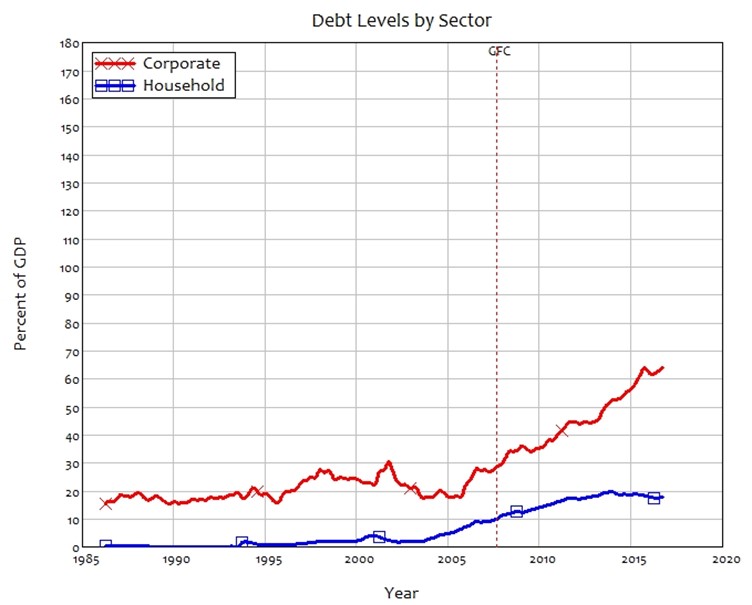
UK
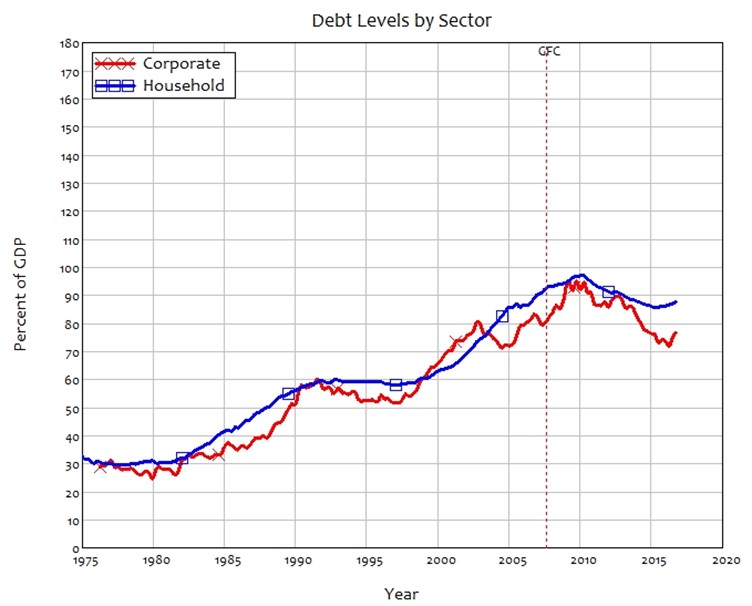
USA
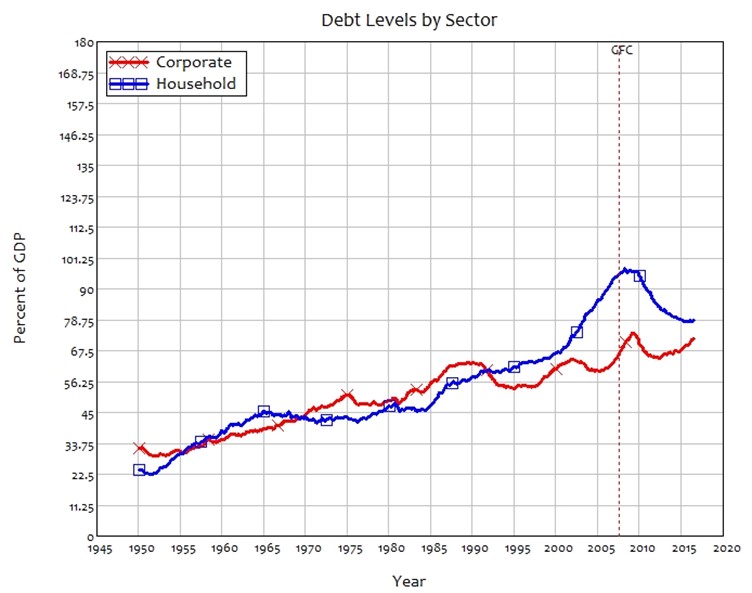
Credit and Unemployment
Australia
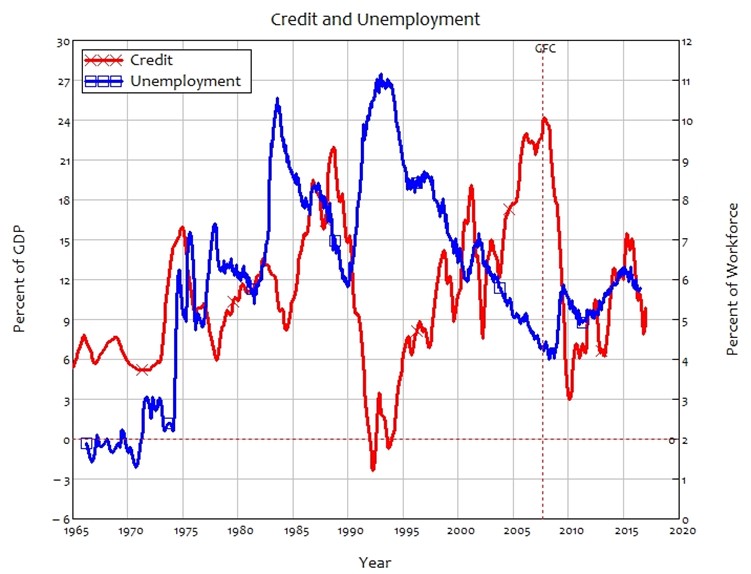
Austria
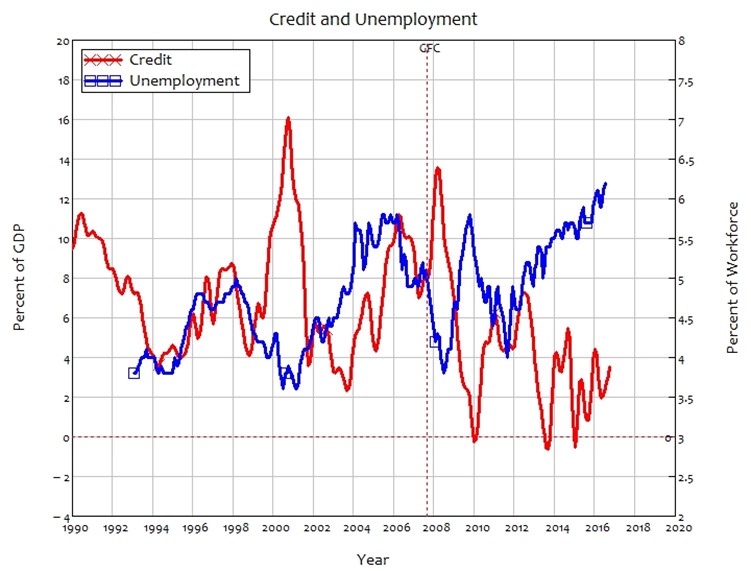
Belgium
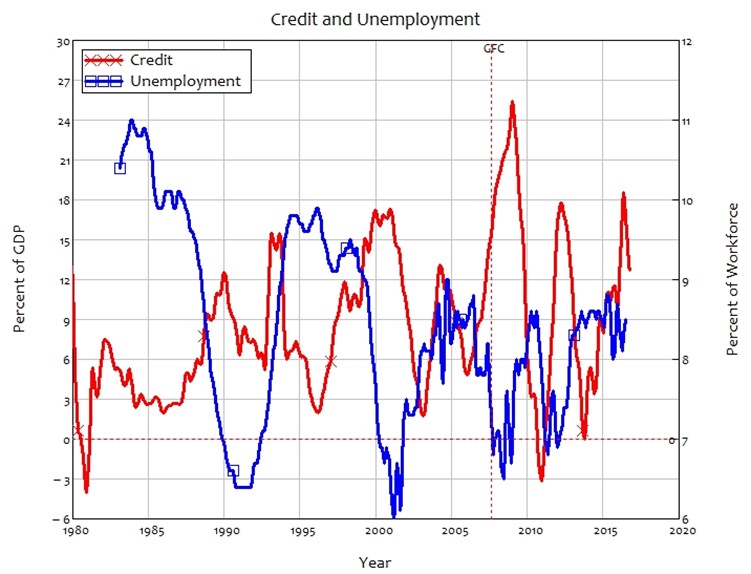
Canada
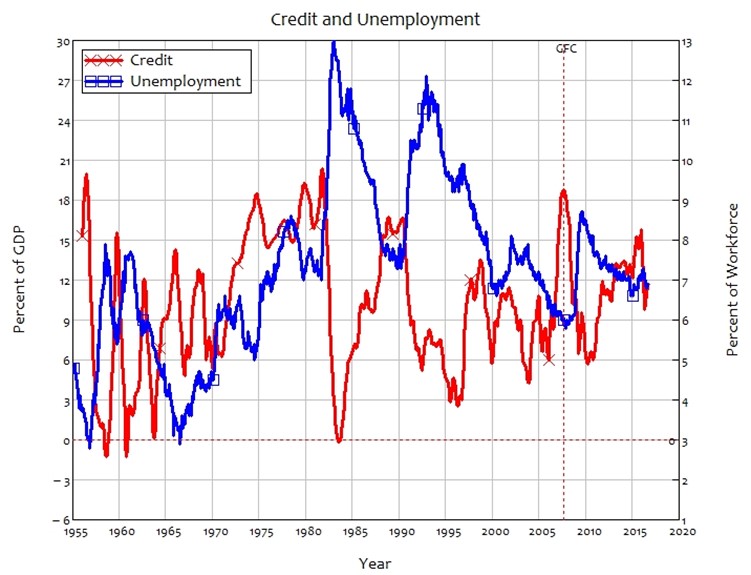
China
Not Available
Czech Republic
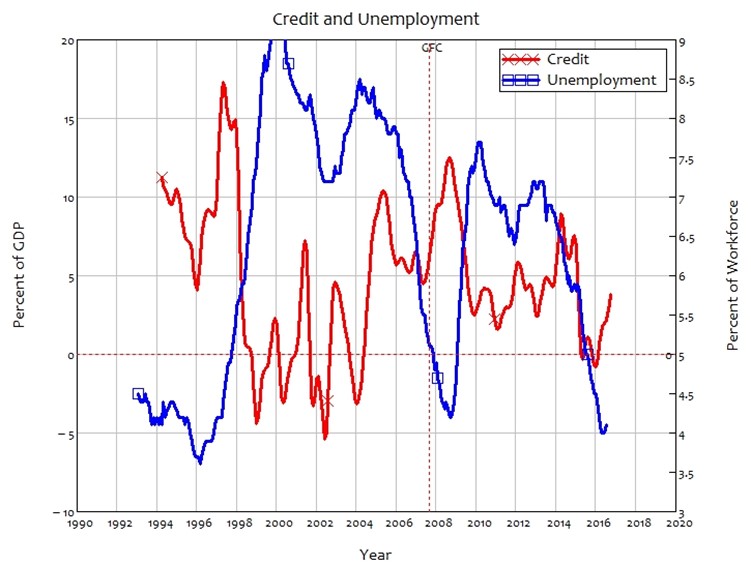
Denmark
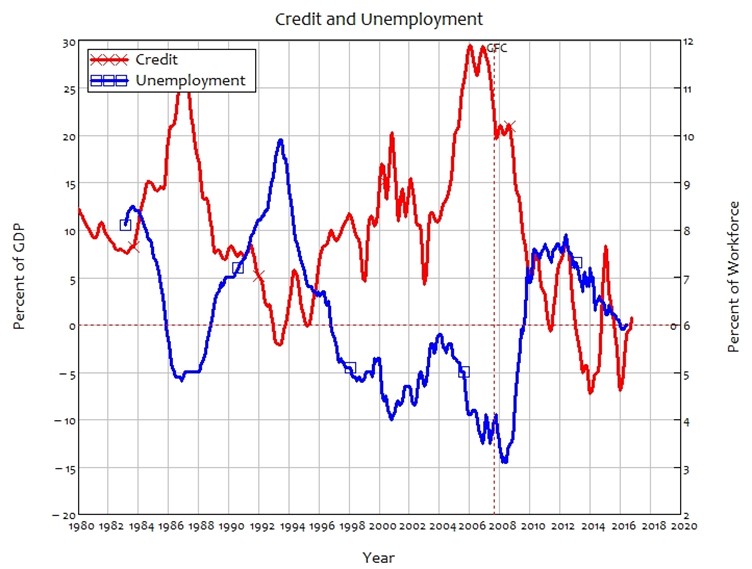
Finland
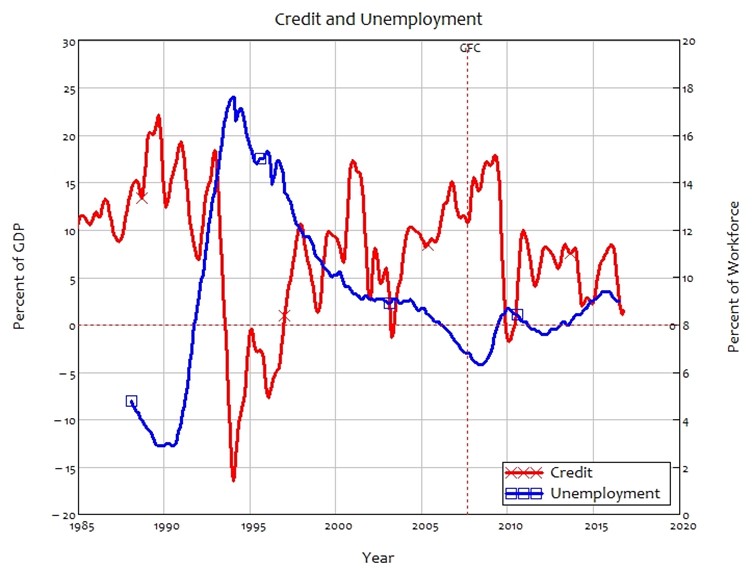
France
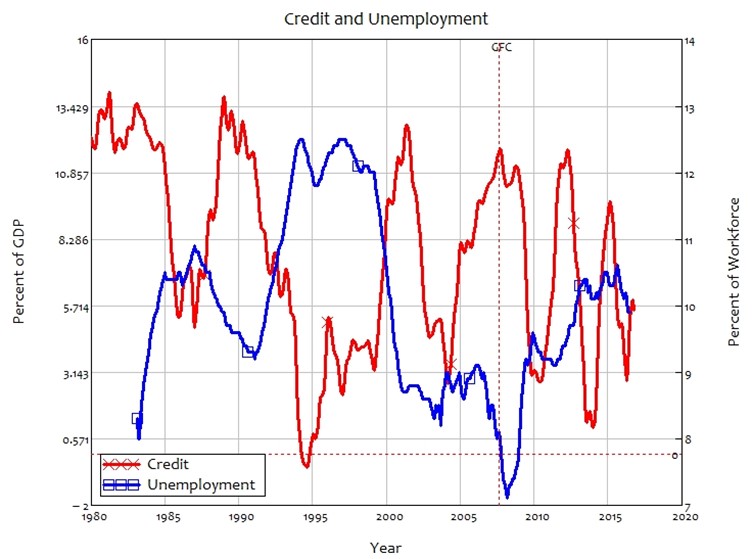
Germany
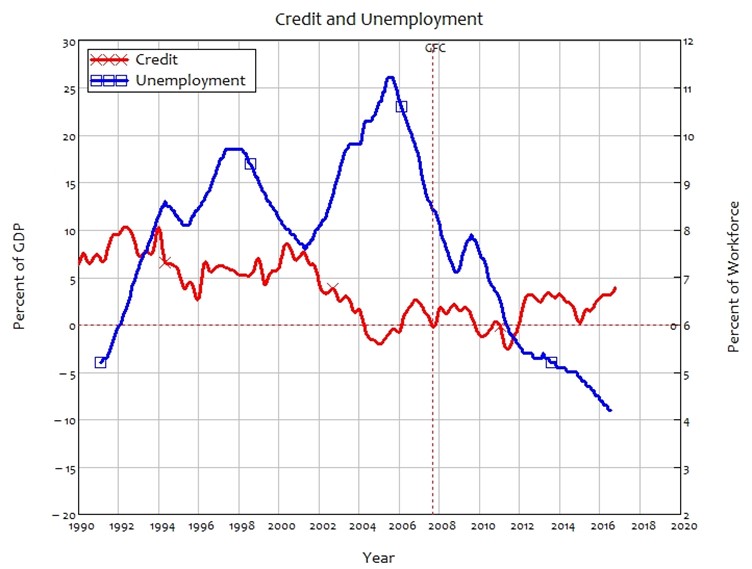
Greece
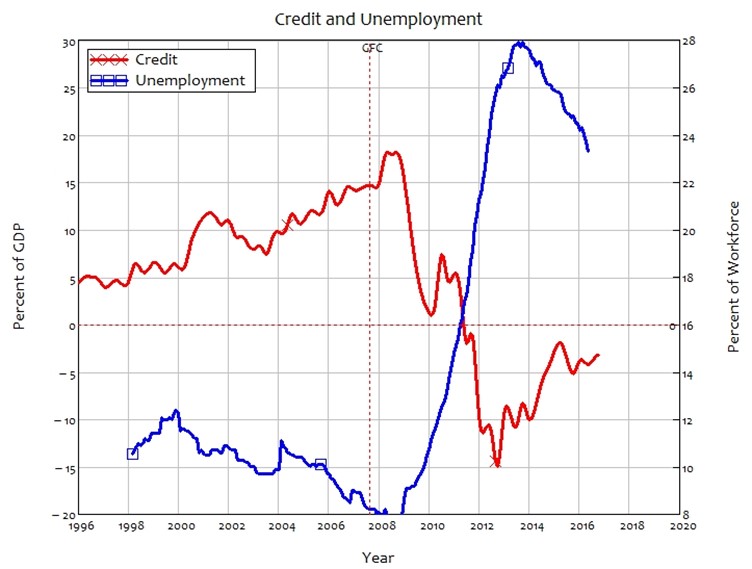
Hong Kong
Not Available
Ireland
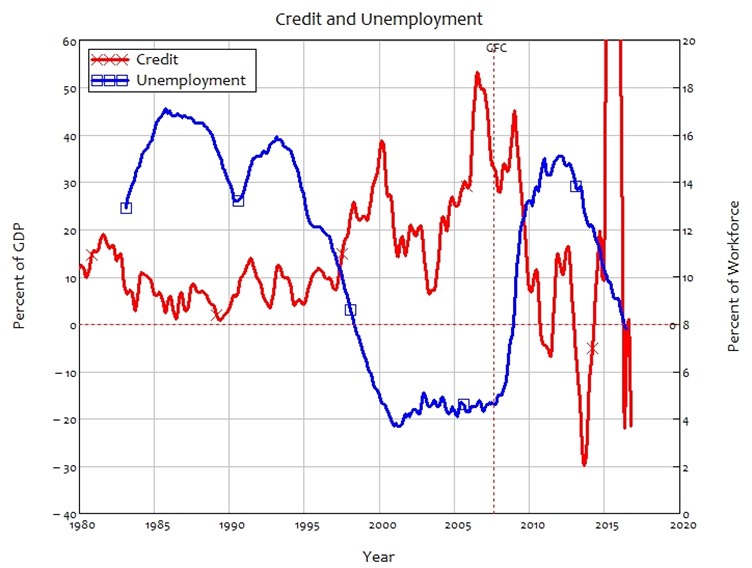
Italy
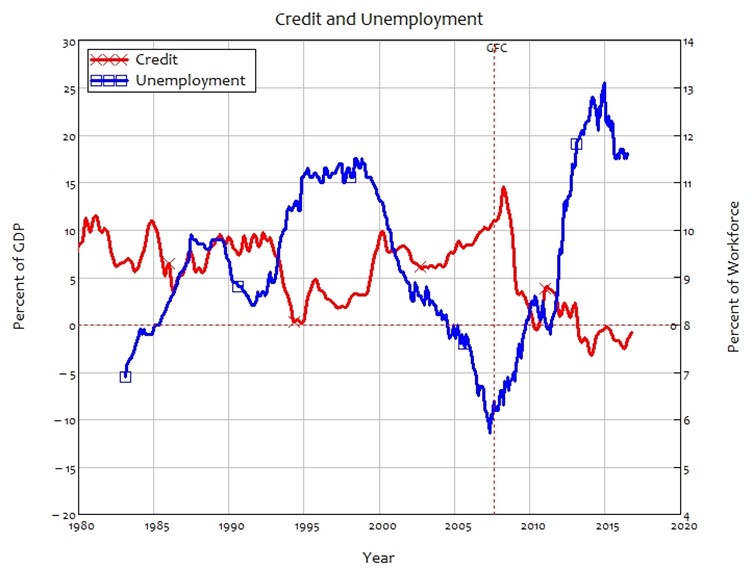
Japan
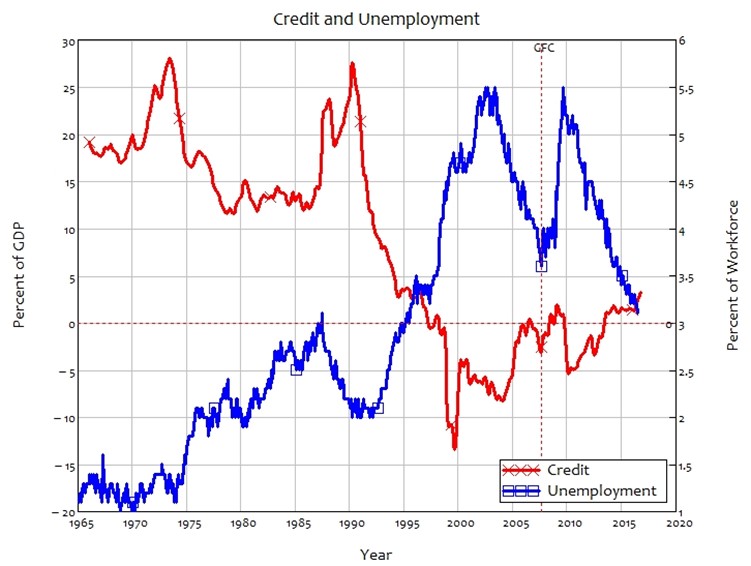
Korea
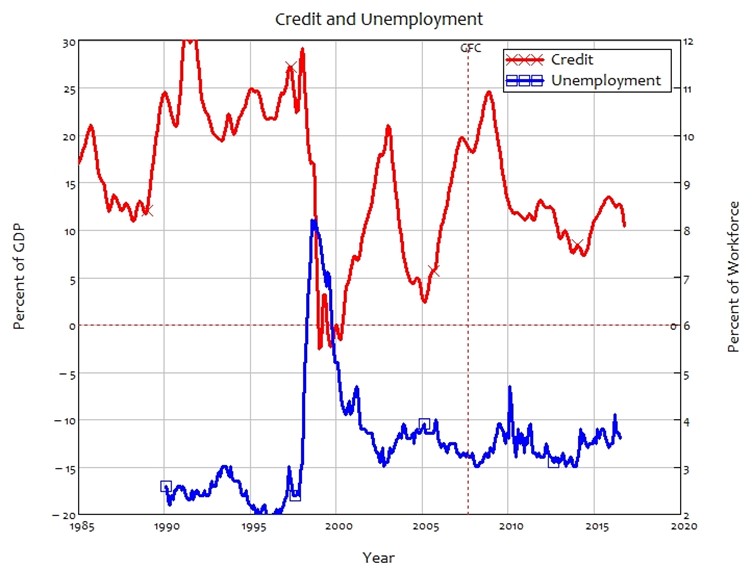
Malaysia
Not Available
Netherlands
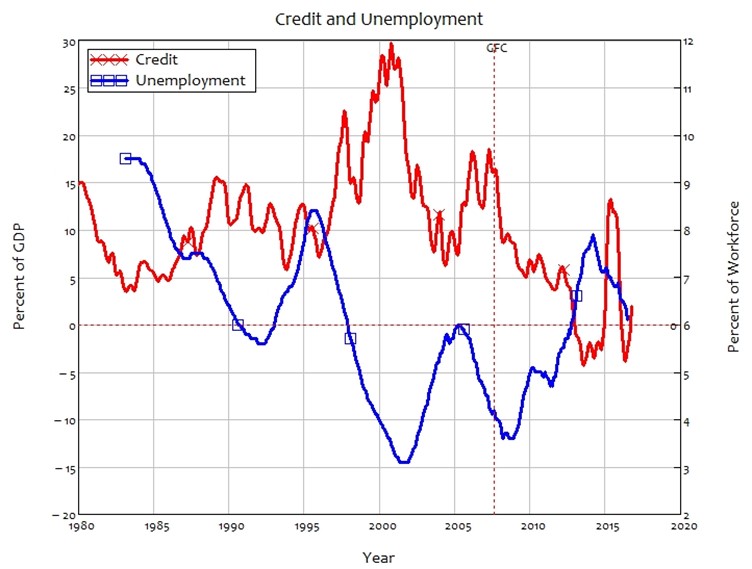
New Zealand
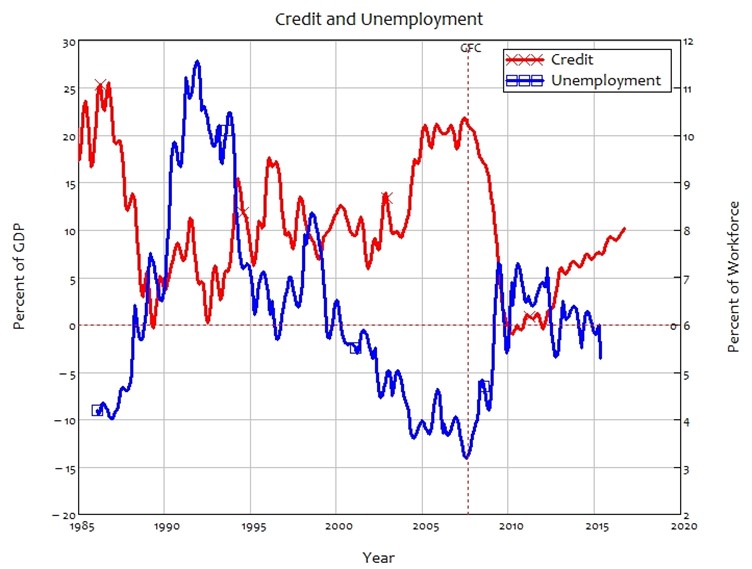
Norway
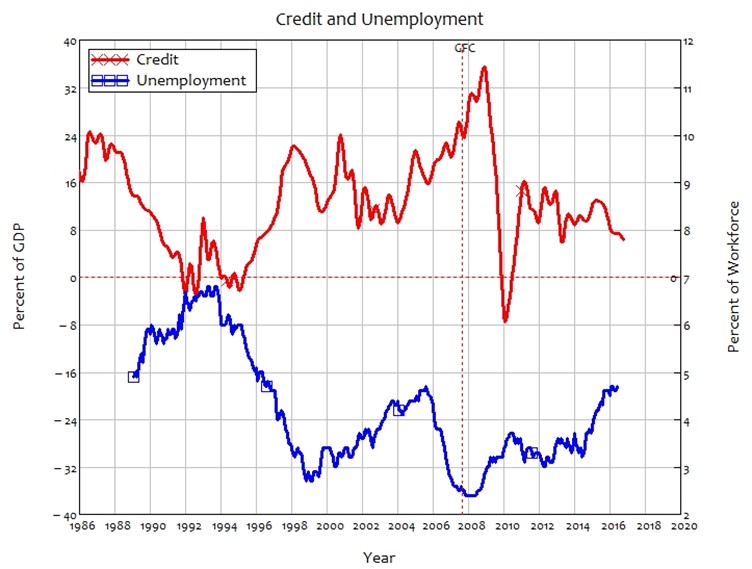
Poland
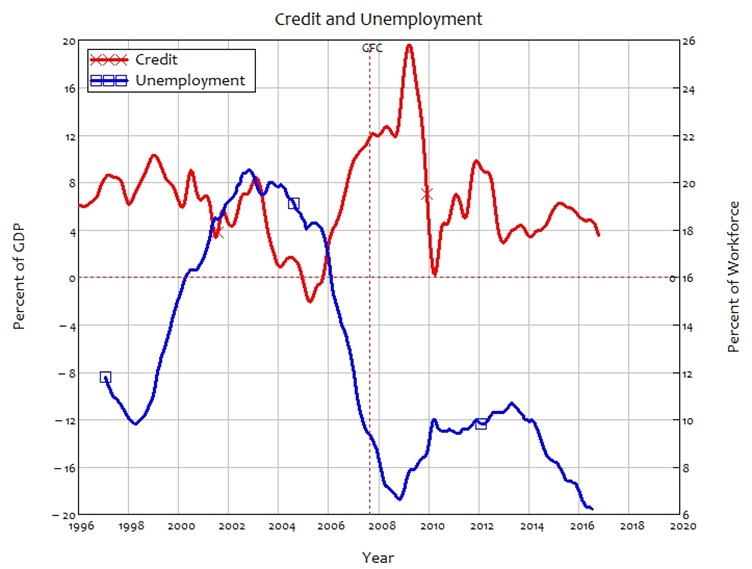
Portugal
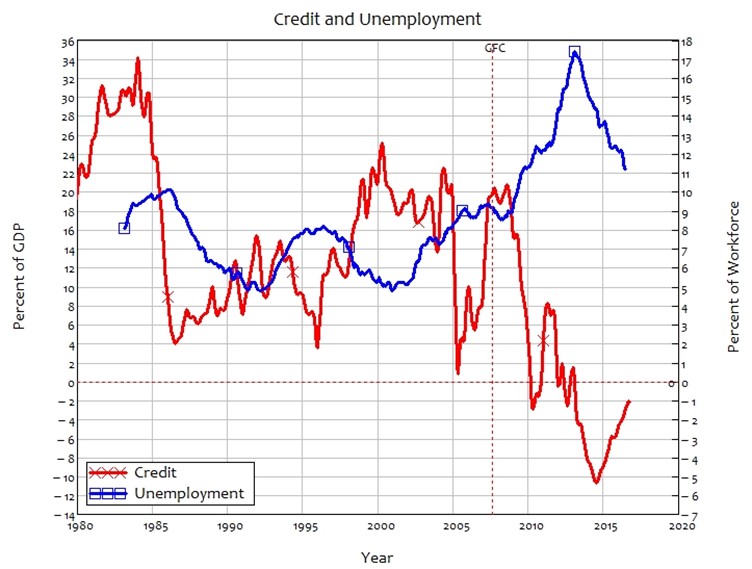
Singapore
Not Available
Spain
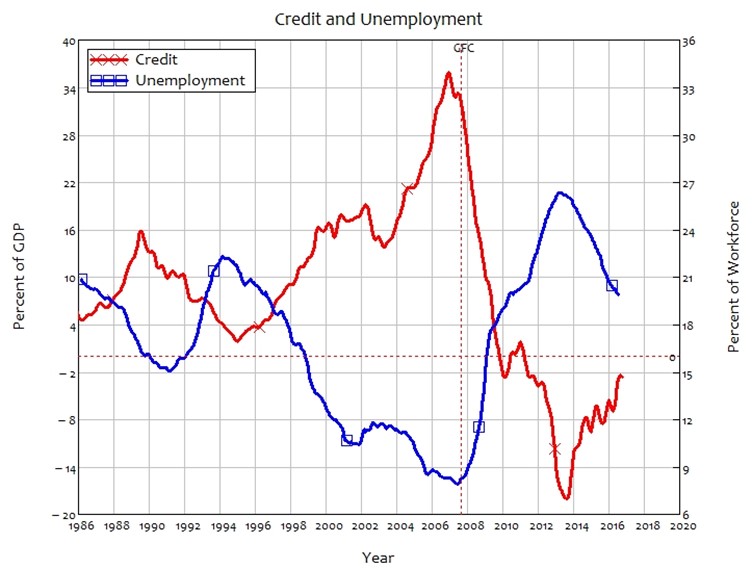
Sweden
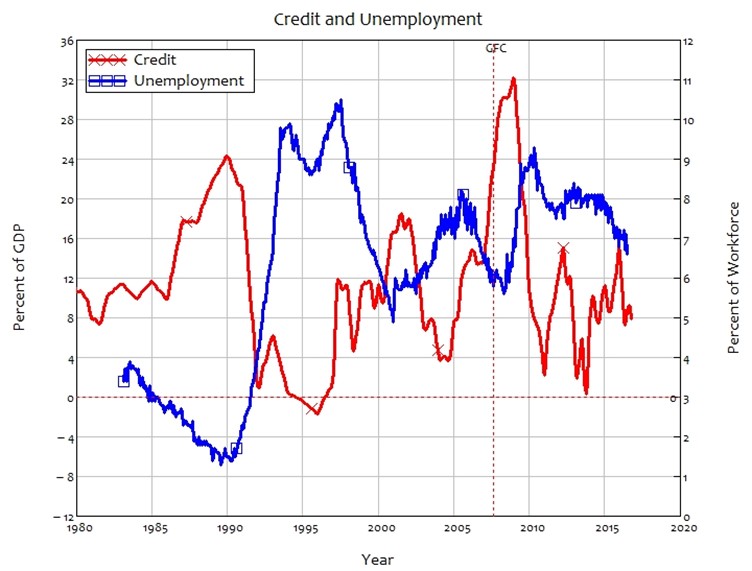
Switzerland
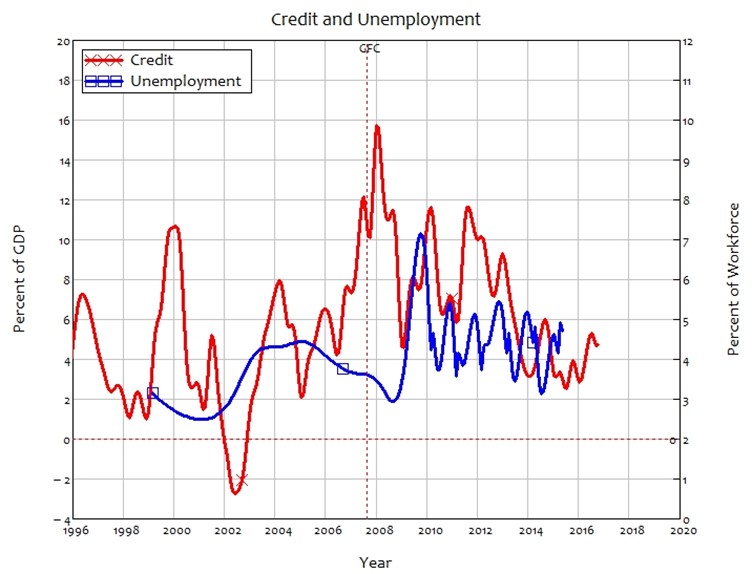
Thailand
Not Available
Turkey
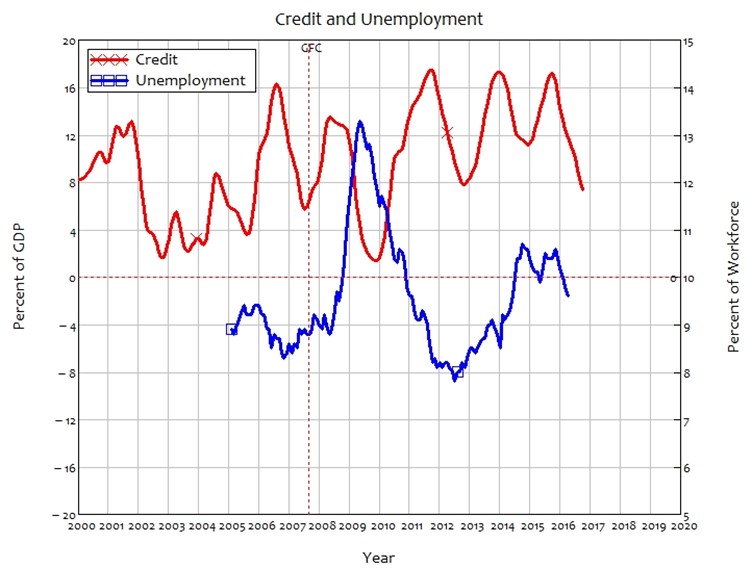
UK
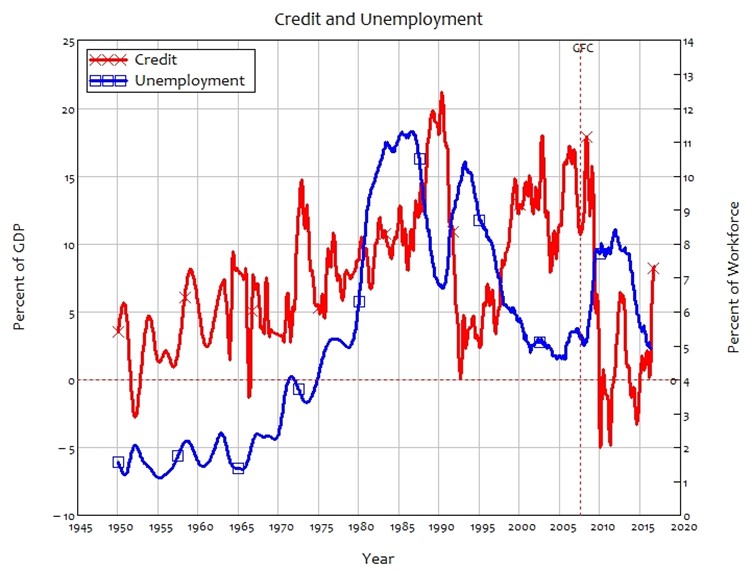
USA
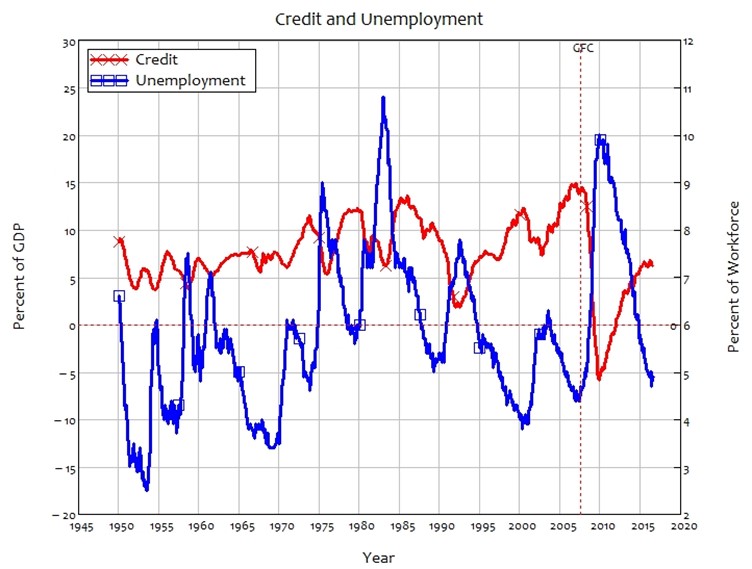
Change in Credit and Change in Unemployment
Australia
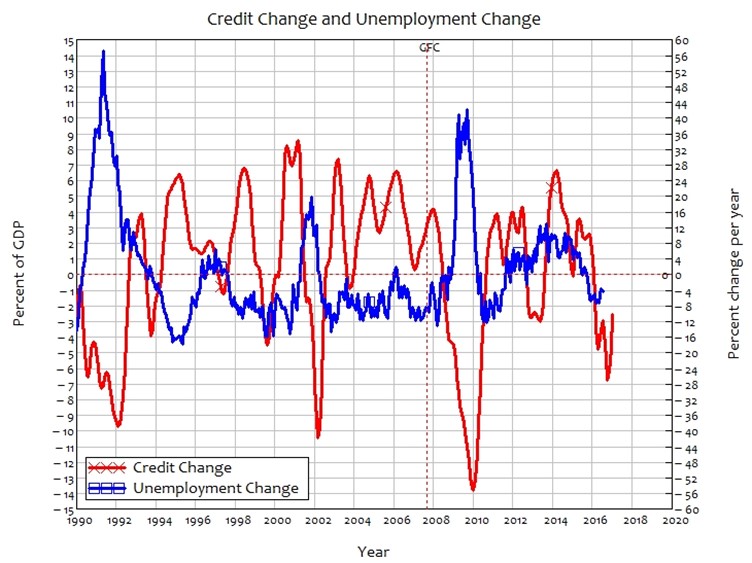
Austria
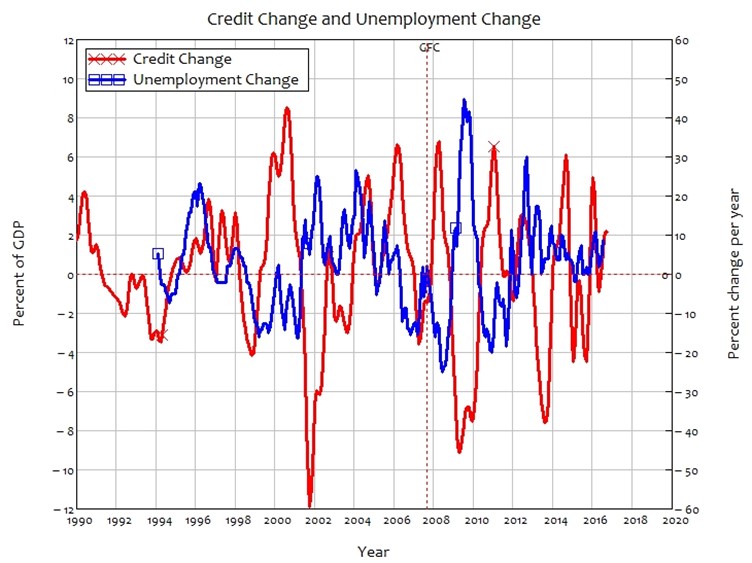
Belgium
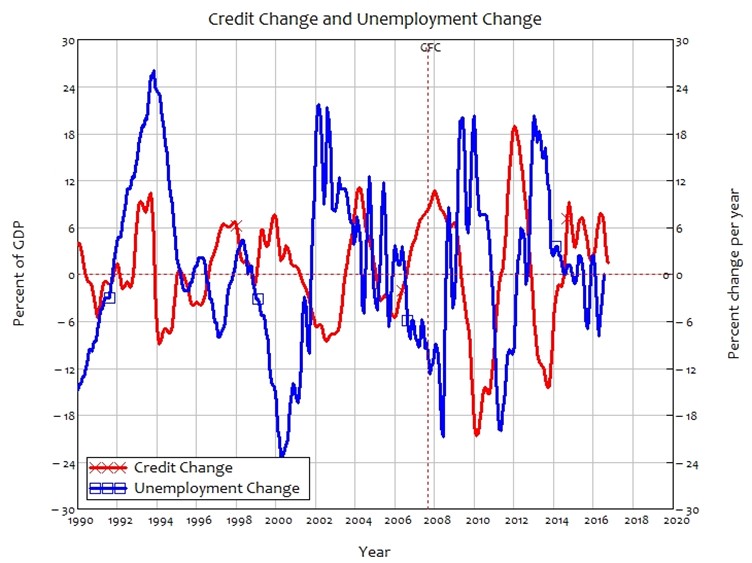
Canada
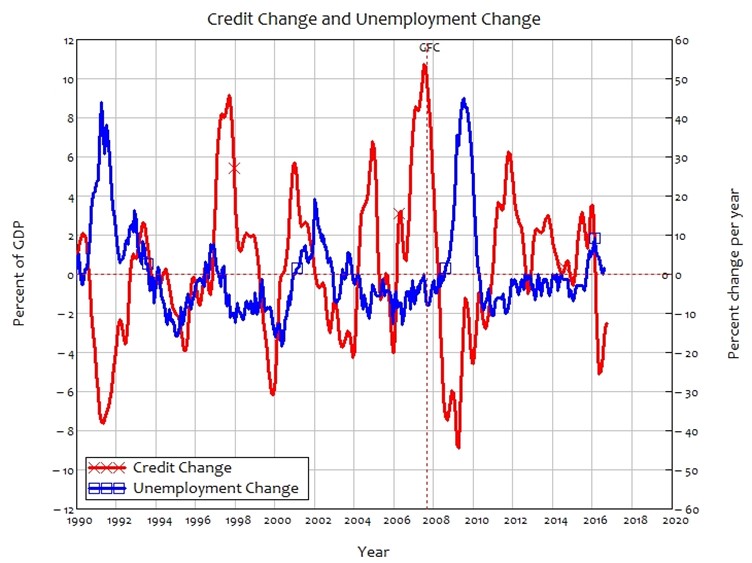
China
Not Available
Czech Republic
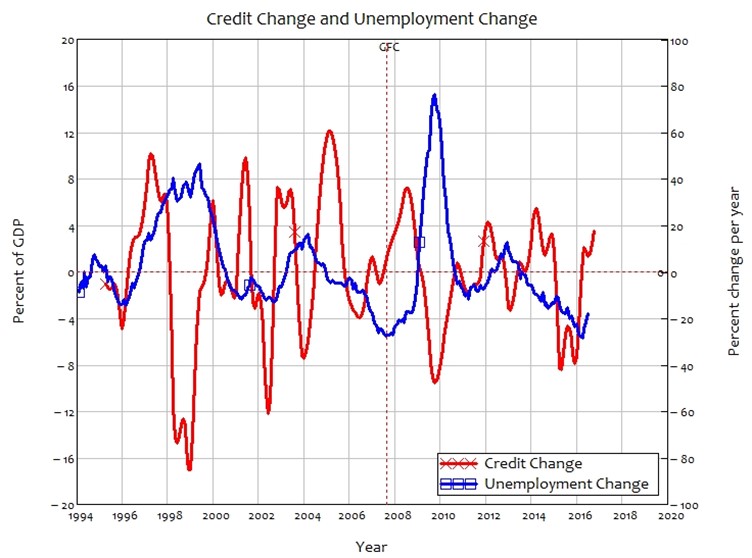
Denmark
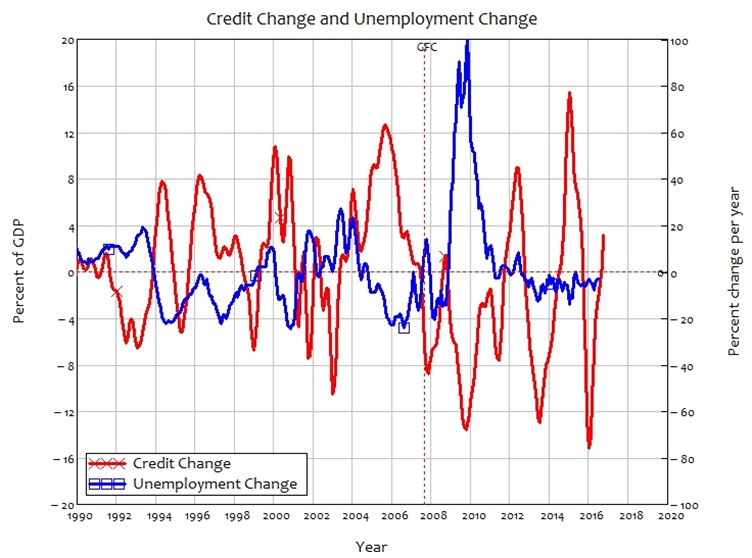
Finland
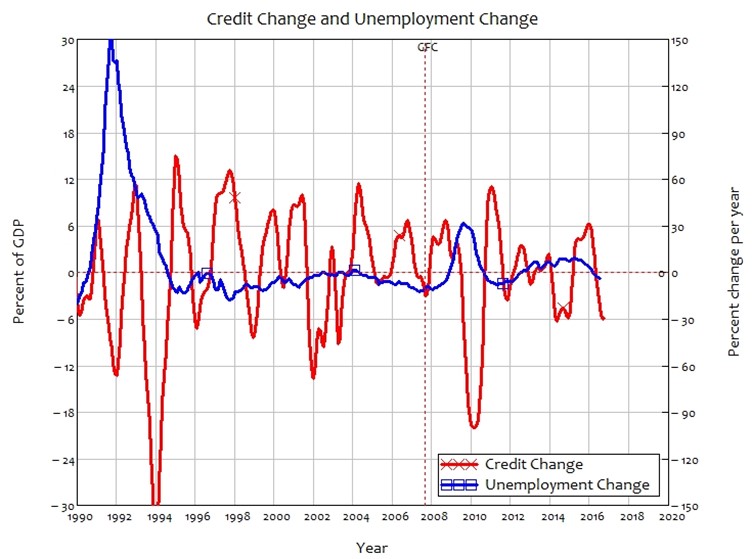
France
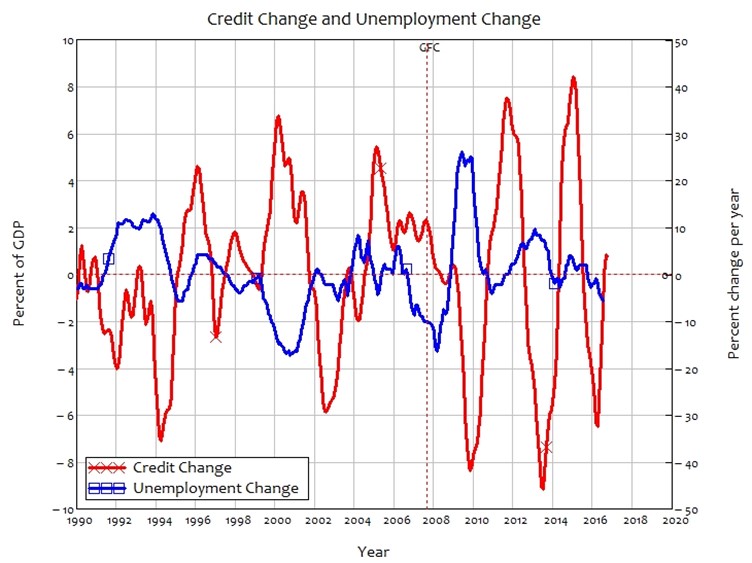
Germany
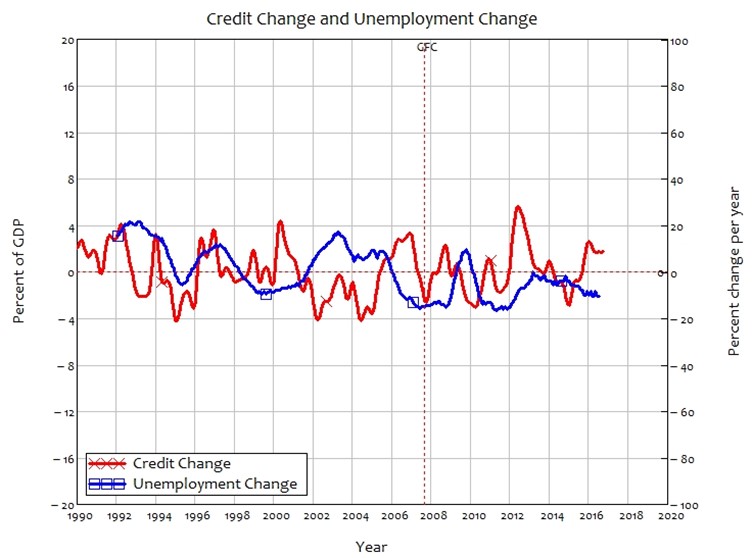
Greece
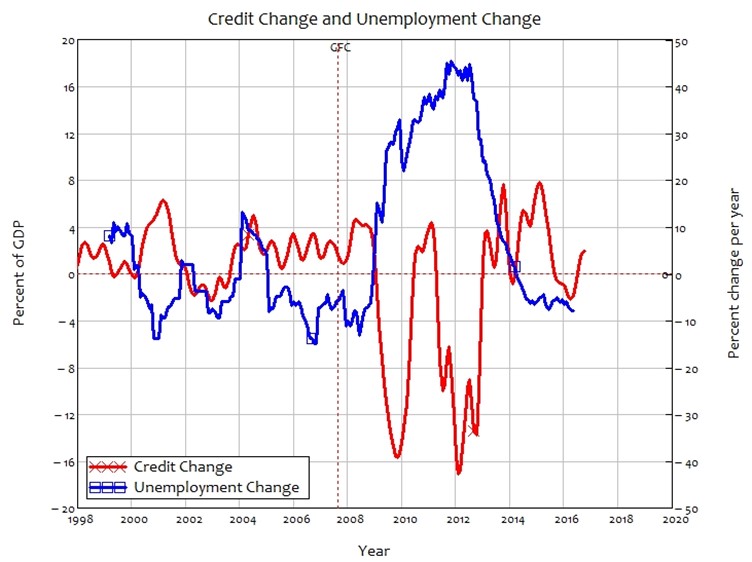
Hong Kong
Not Available
Ireland
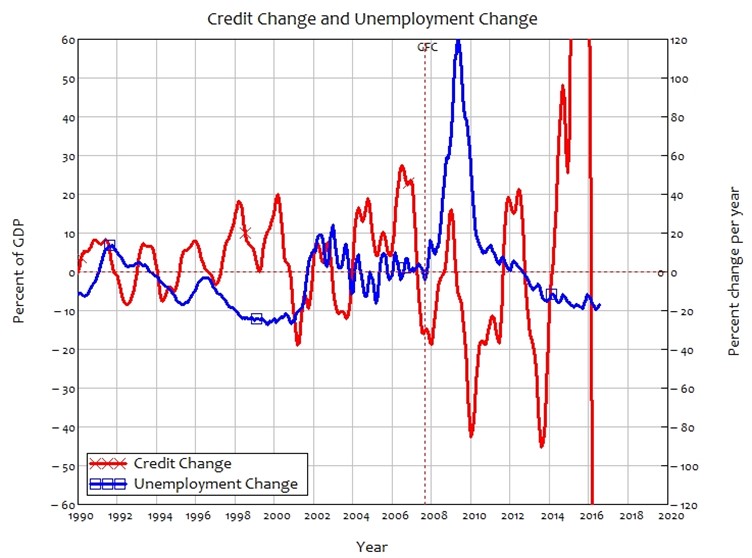
Italy
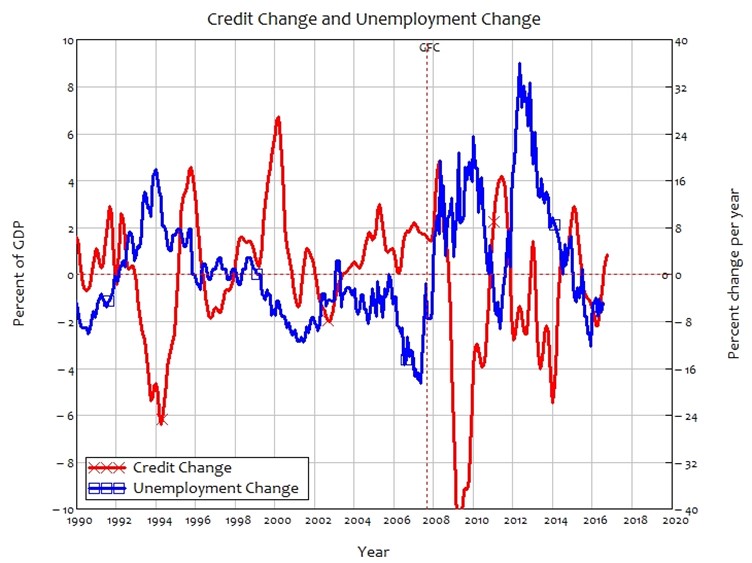
Japan
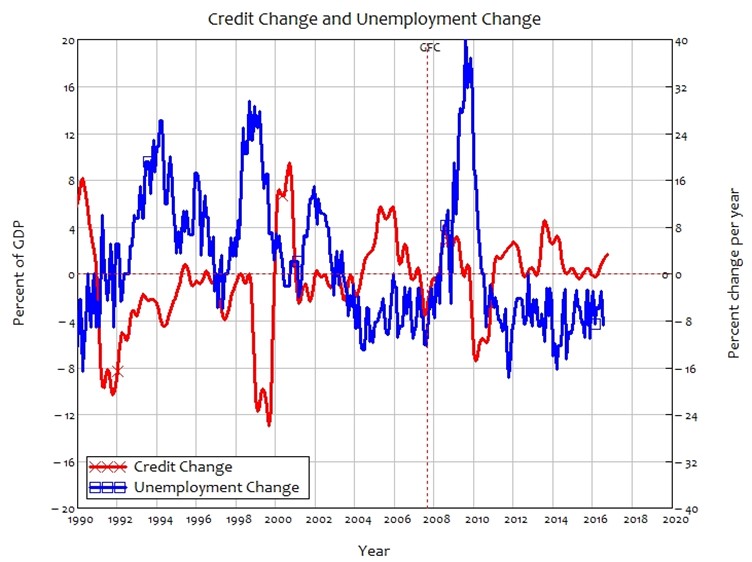
Korea
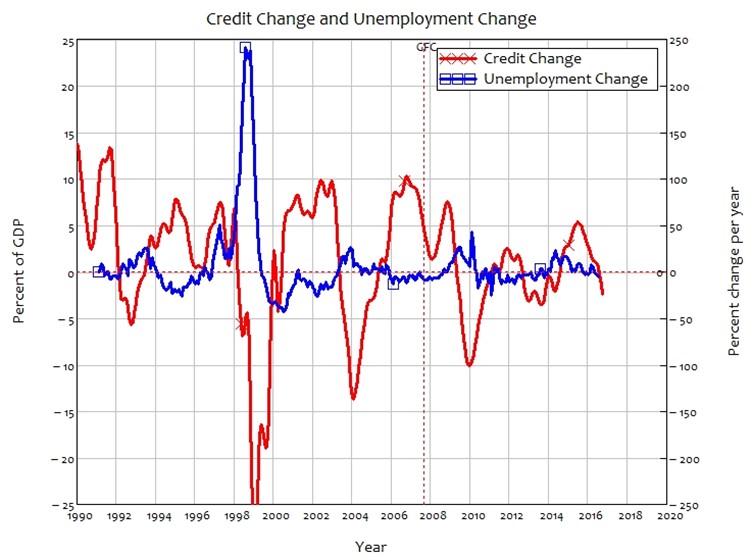
Malaysia
Not Available
Netherlands
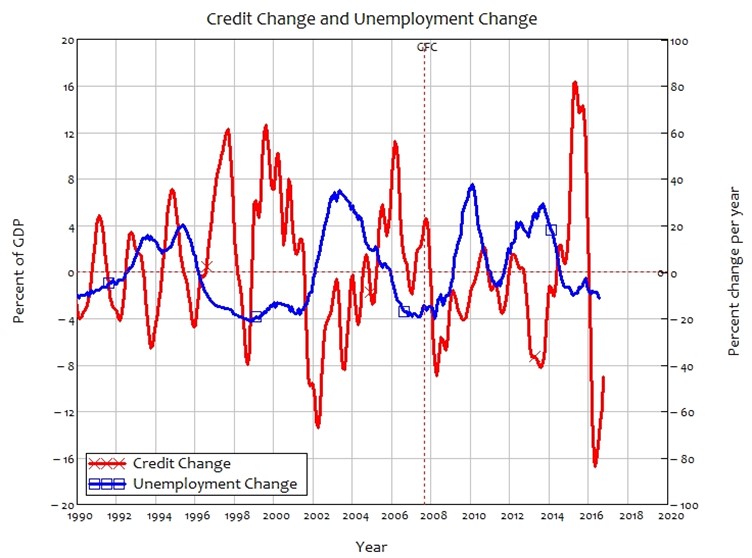
New Zealand
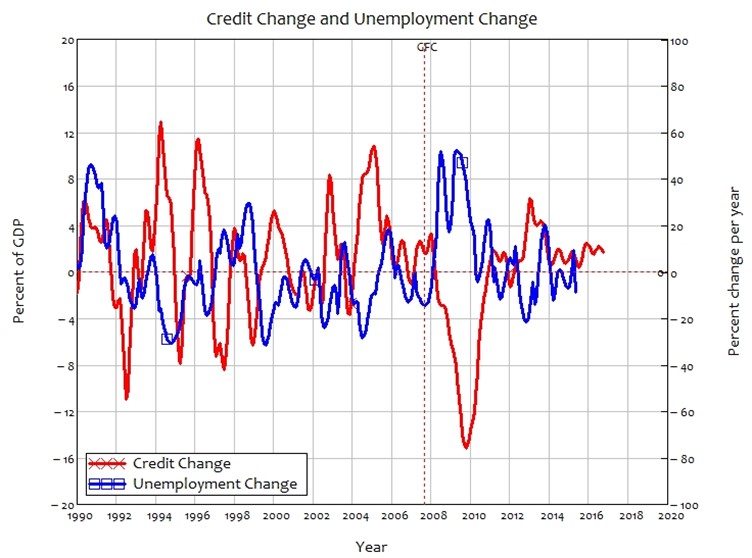
Norway
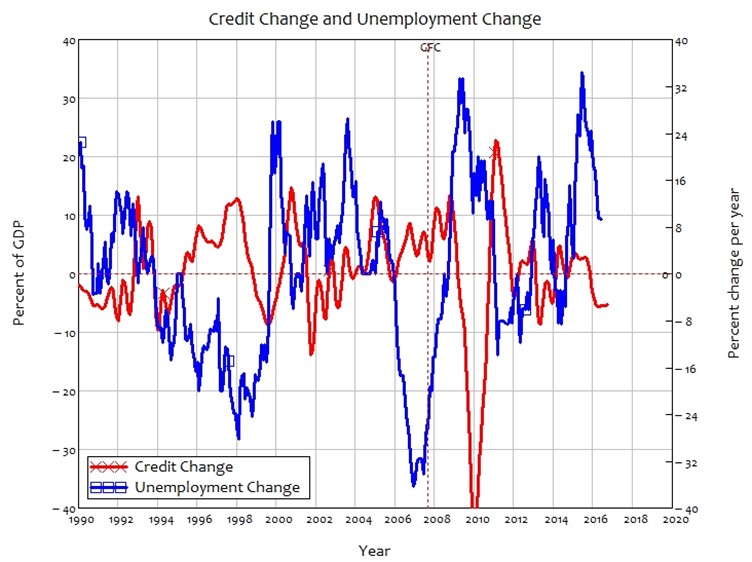
Poland
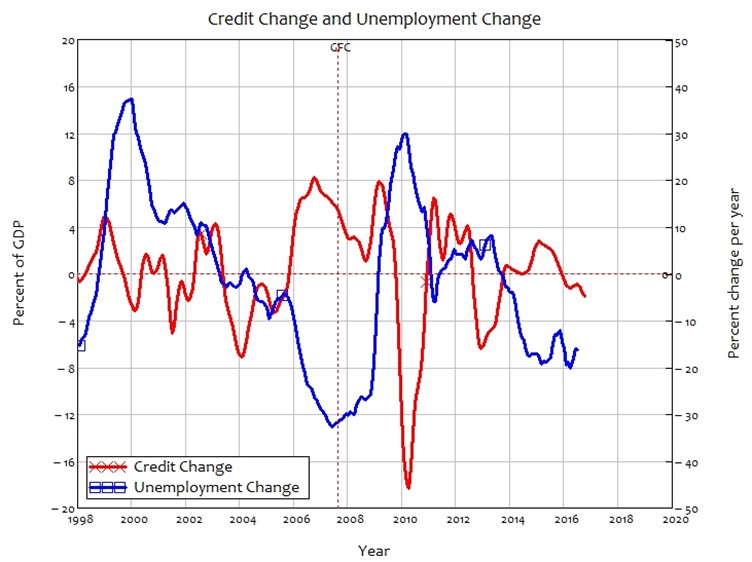
Portugal
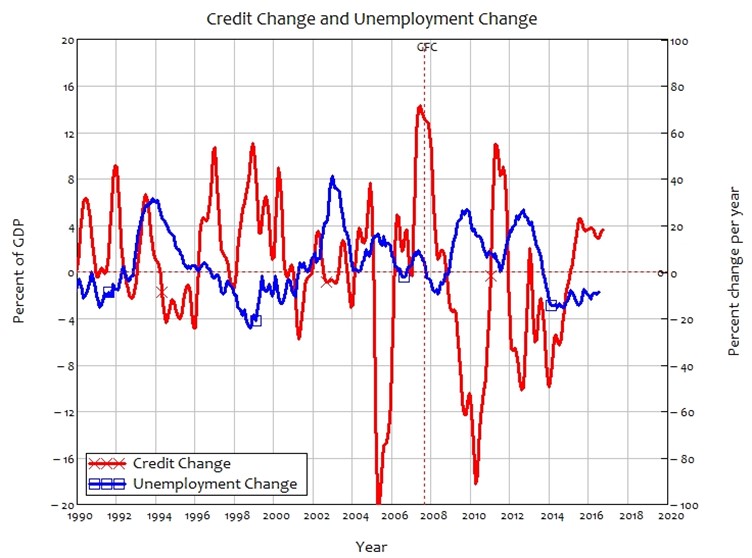
Singapore
Not Available
Spain
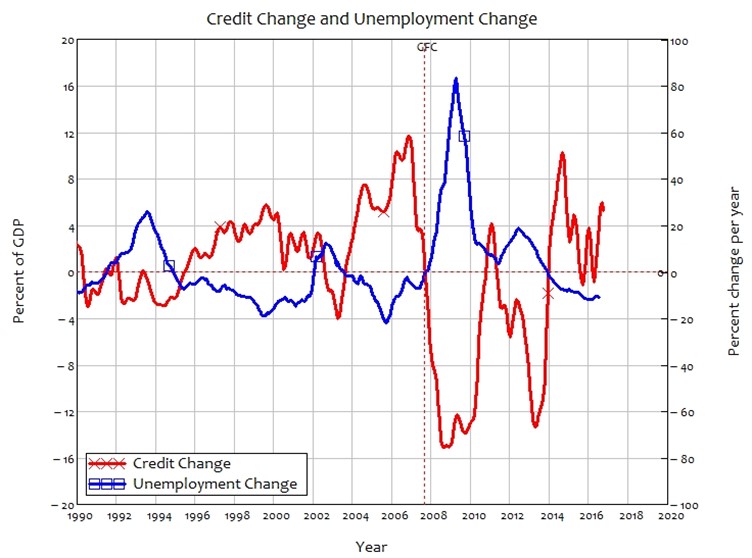
Sweden
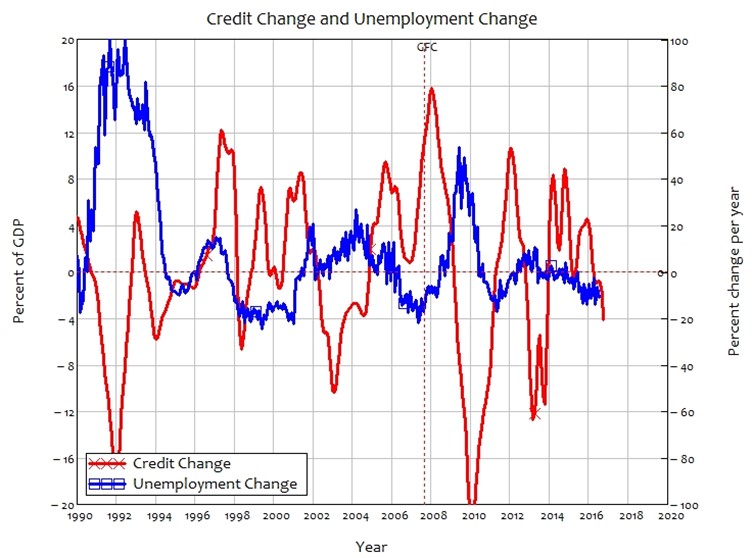
Switzerland
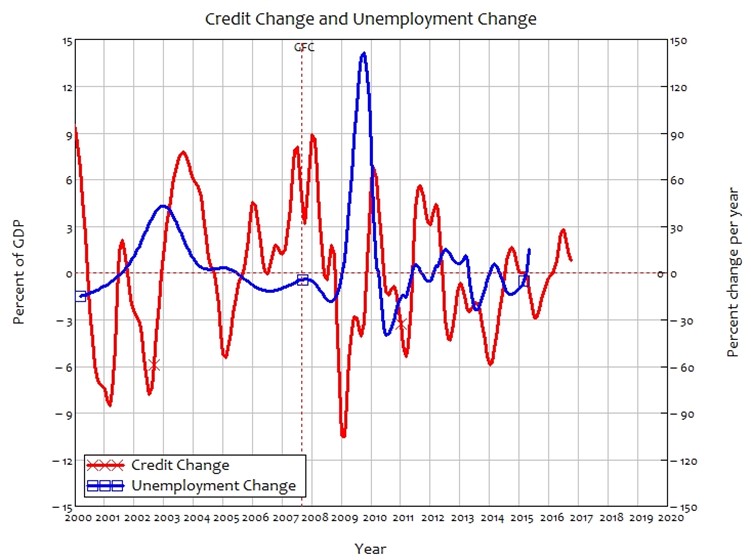
Thailand
Not Available
Turkey
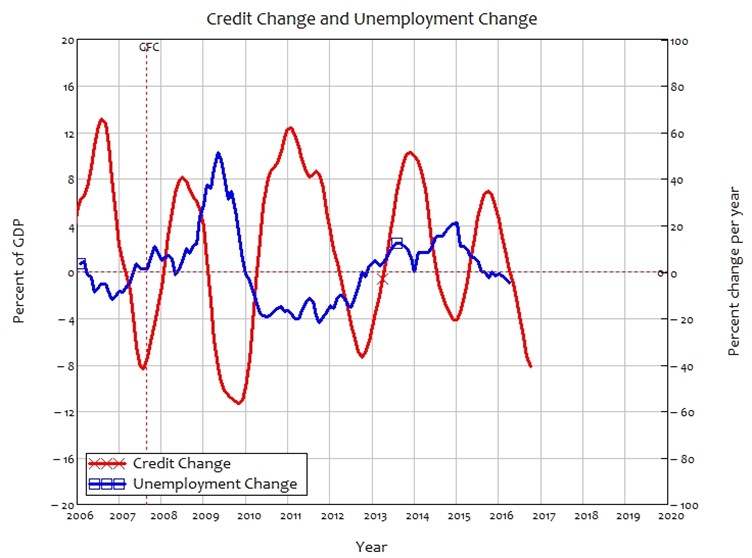
UK
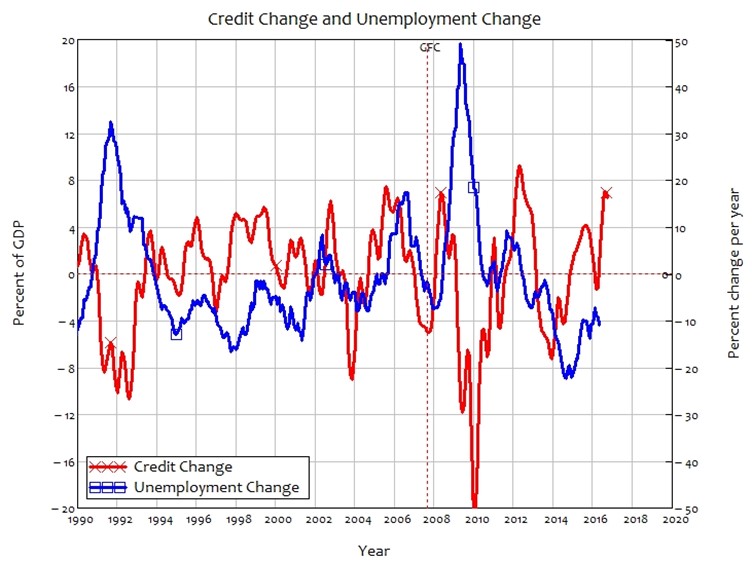
USA
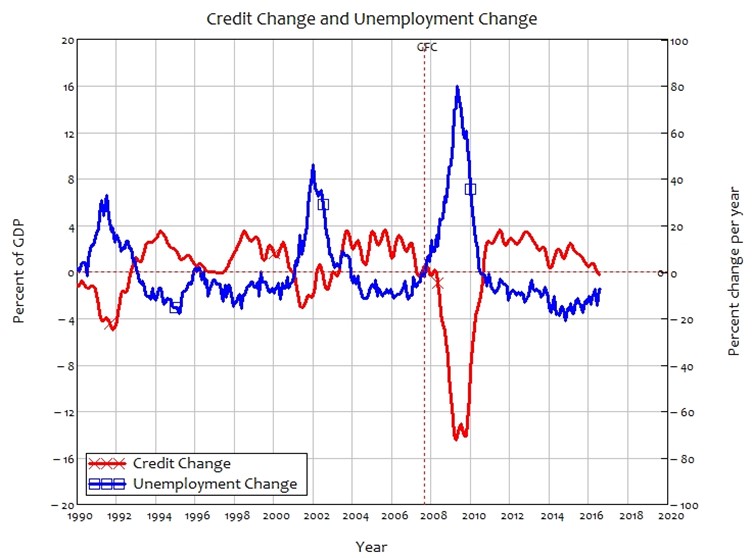
Household Debt and House Prices
Australia
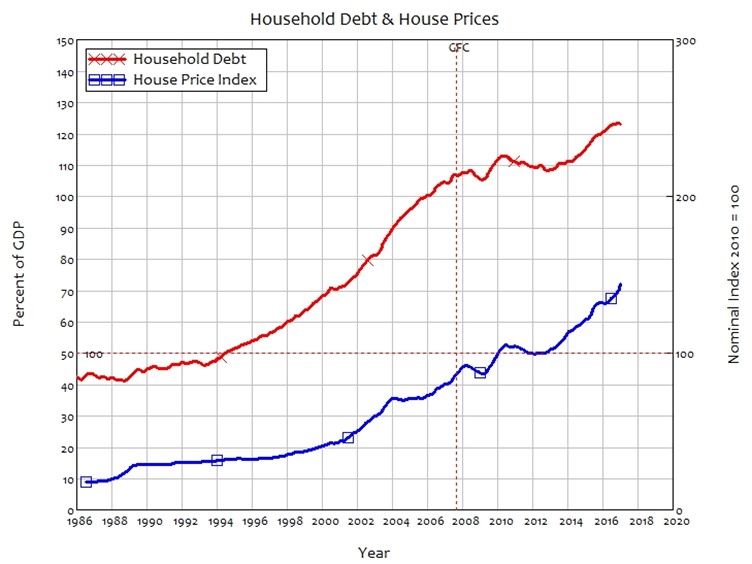
Austria
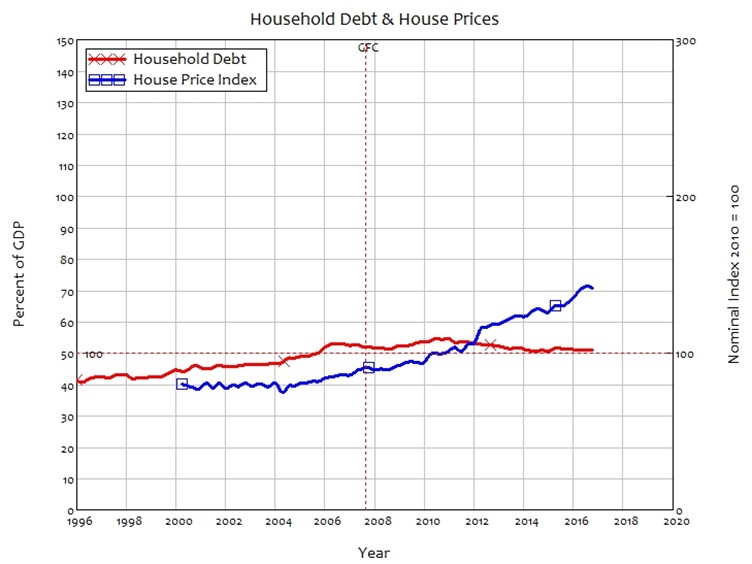
Belgium
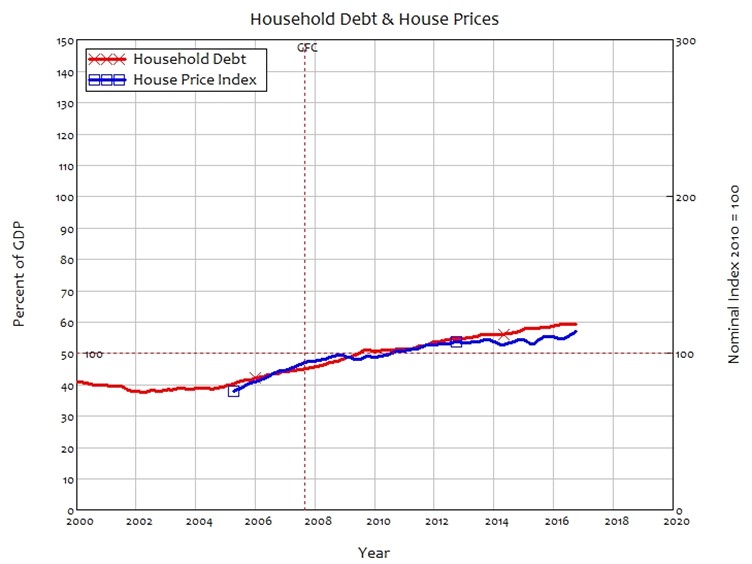
Canada

China
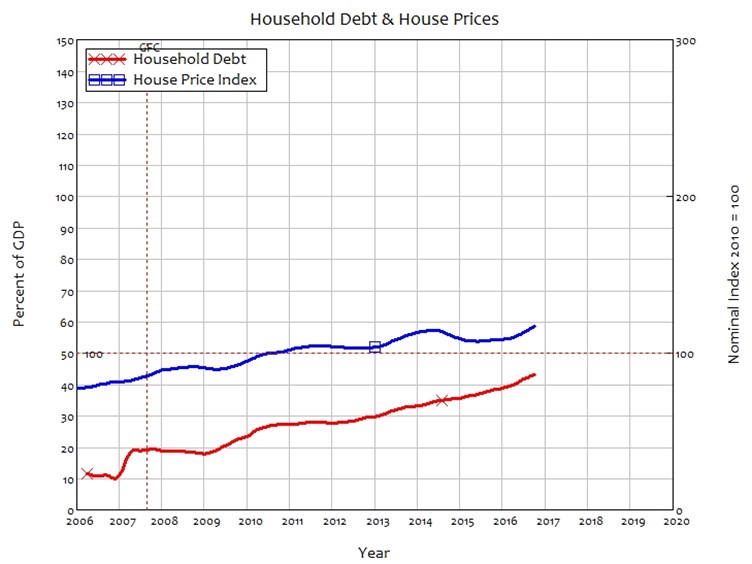
Czech Republic
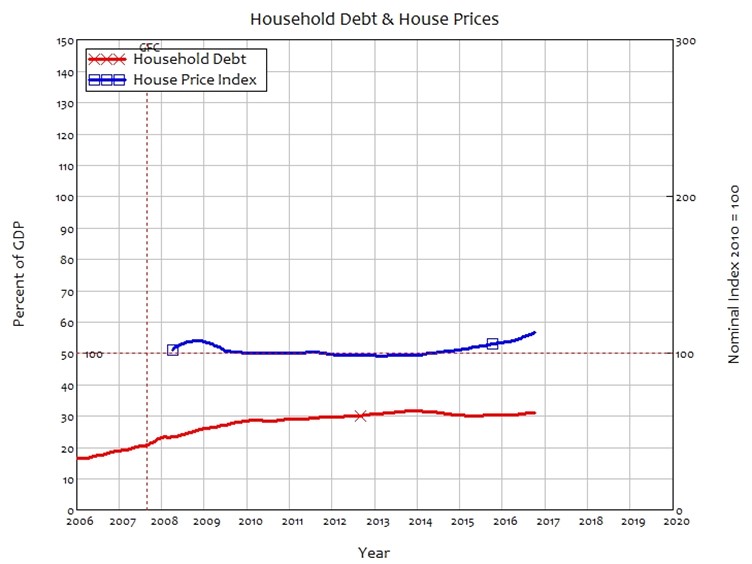
Denmark
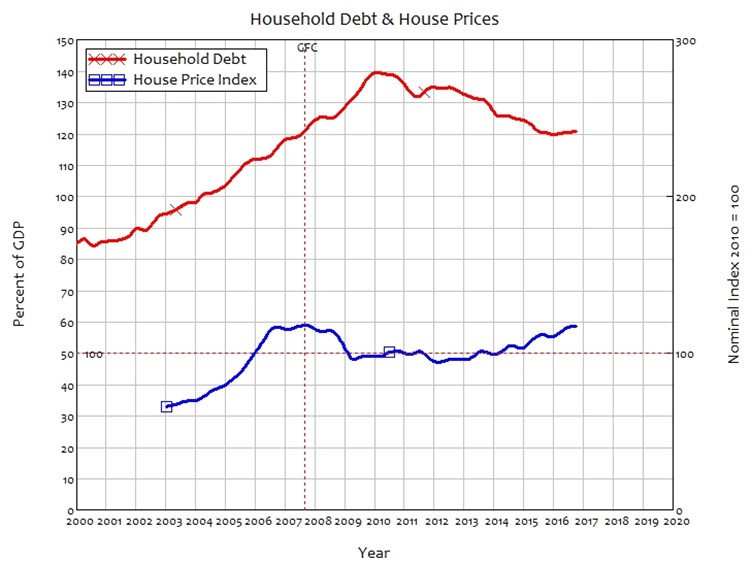
Finland
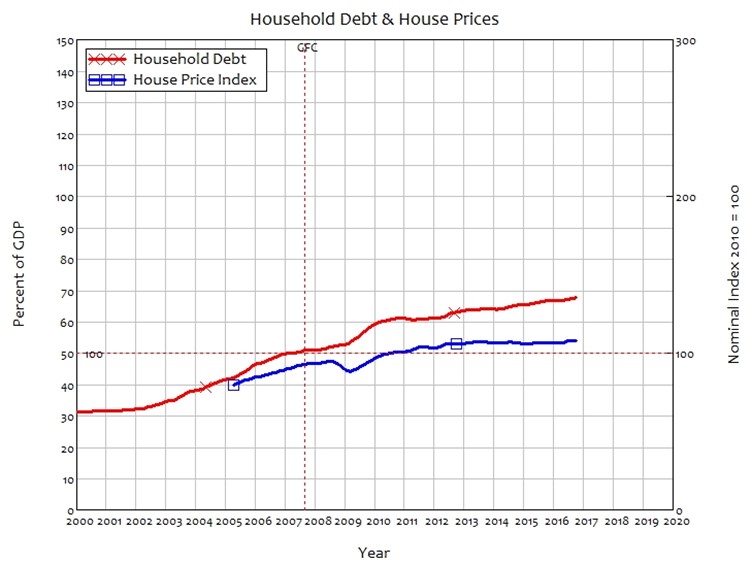
France
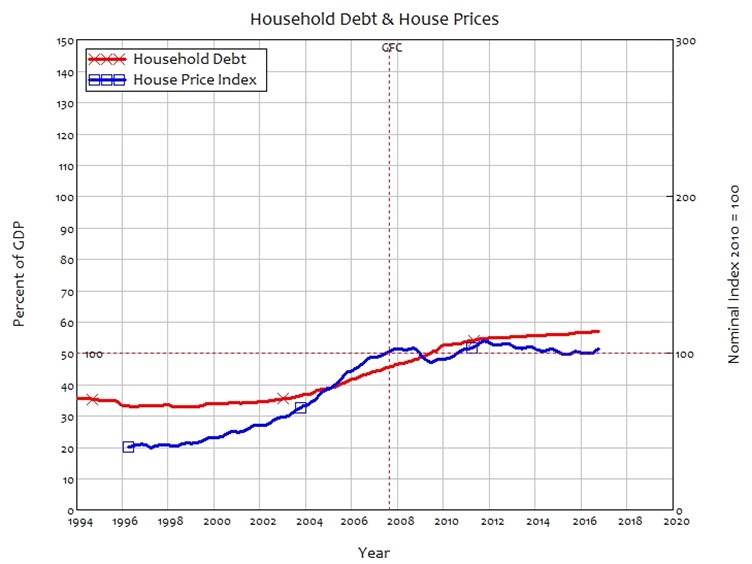
Germany
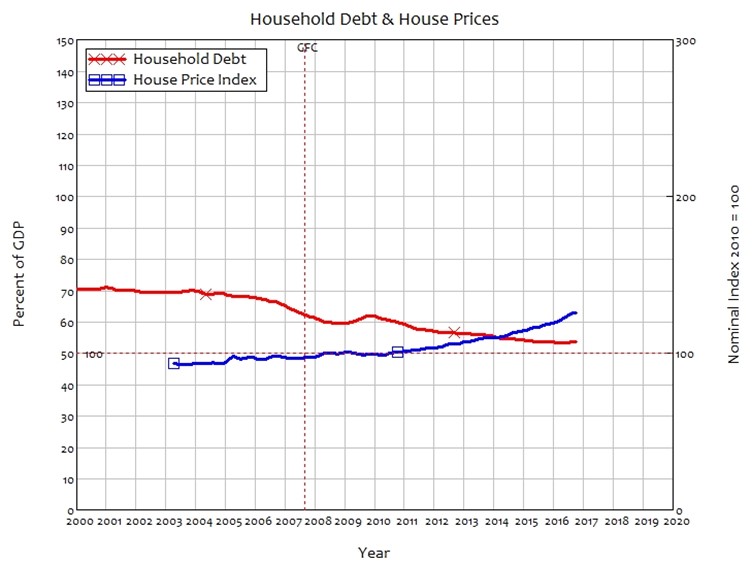
Greece
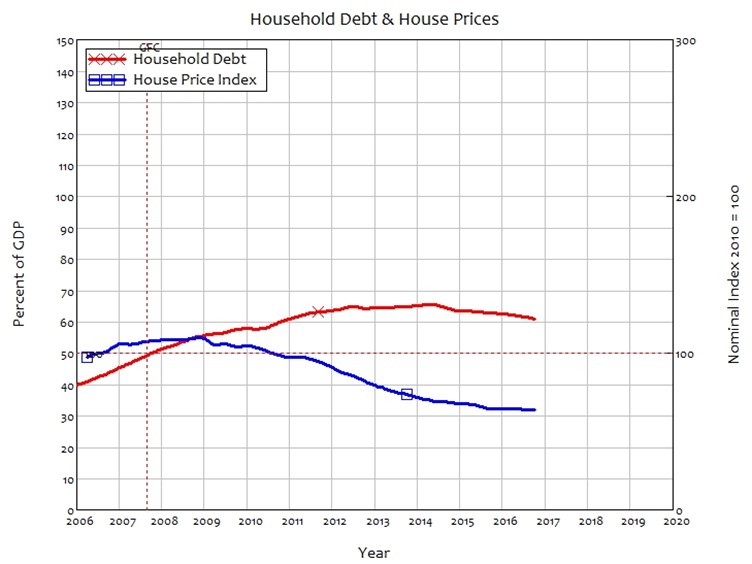
Hong Kong
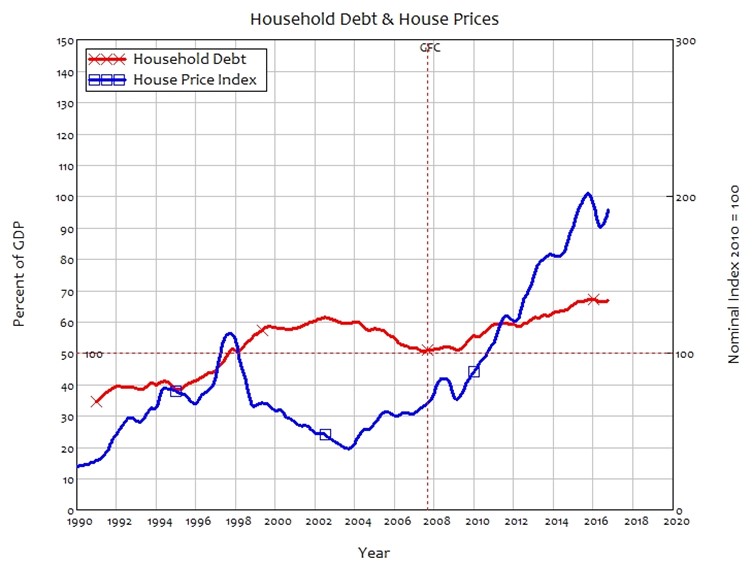
Ireland
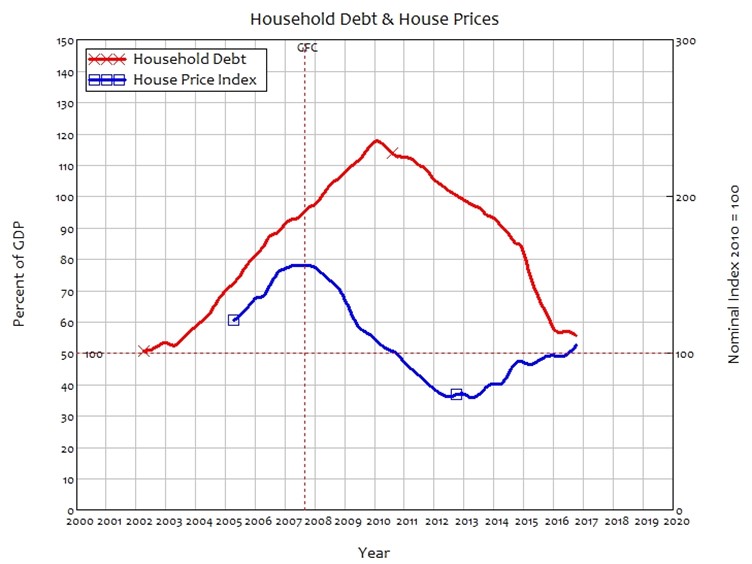
Italy
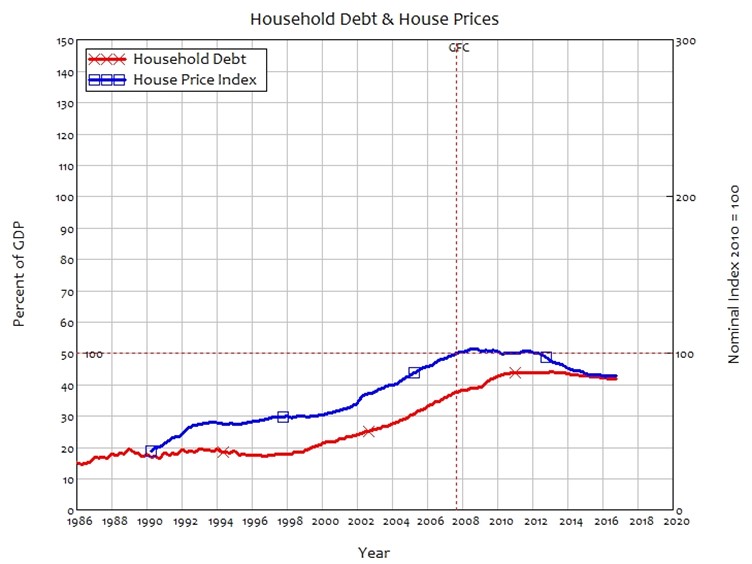
Japan
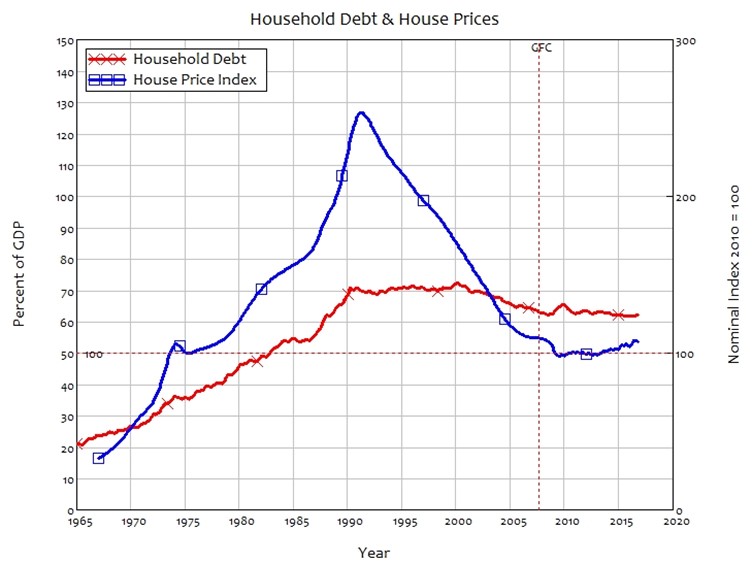
Korea
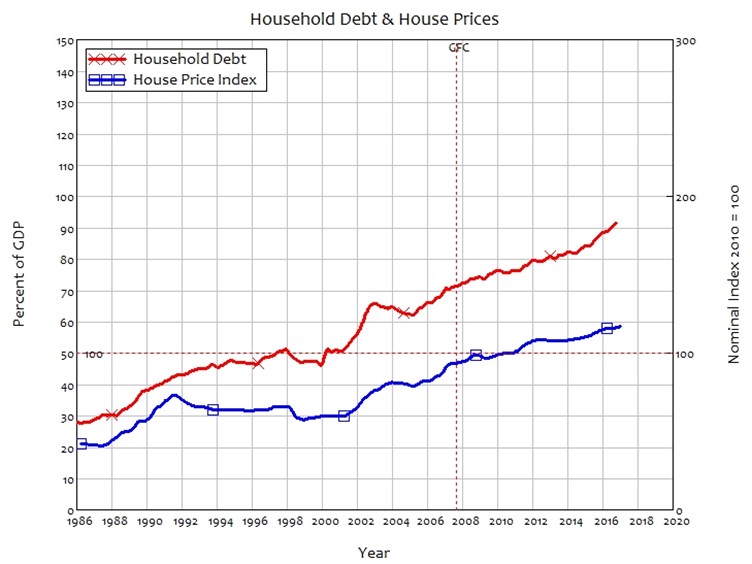
Malaysia
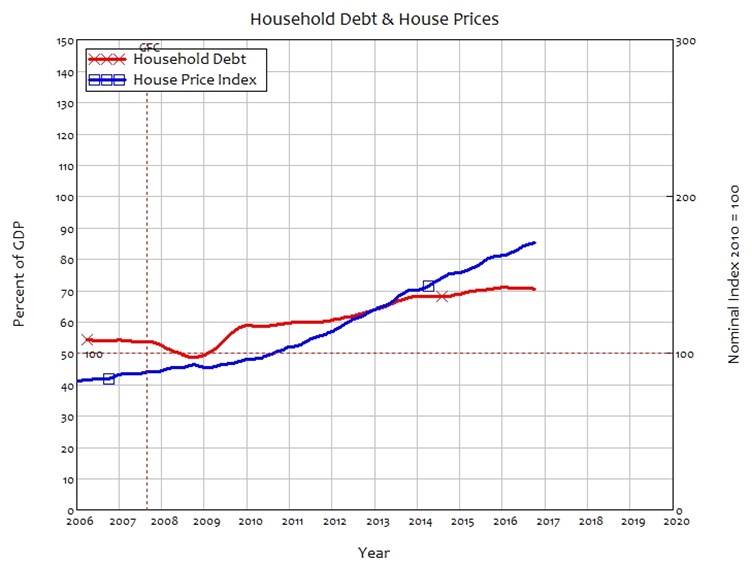
Netherlands
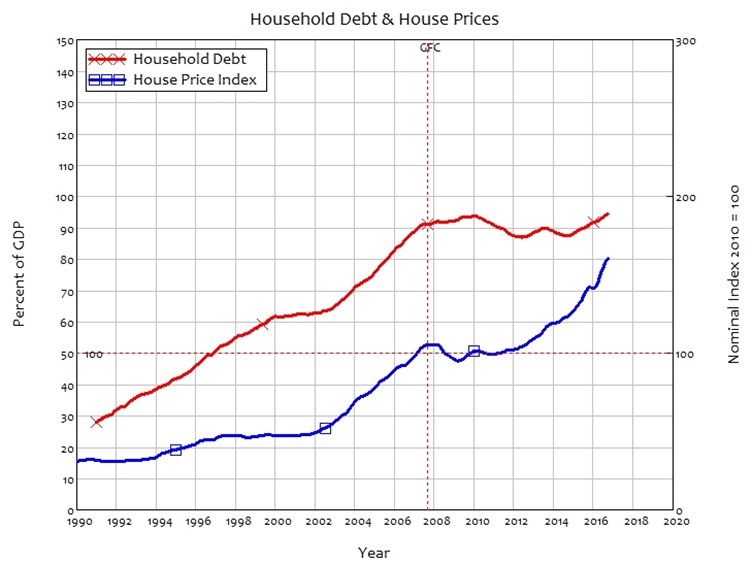
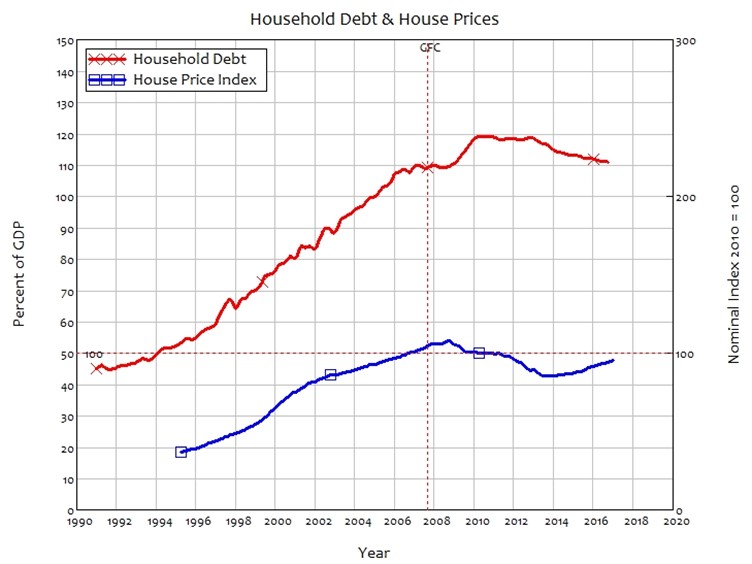
New Zealand
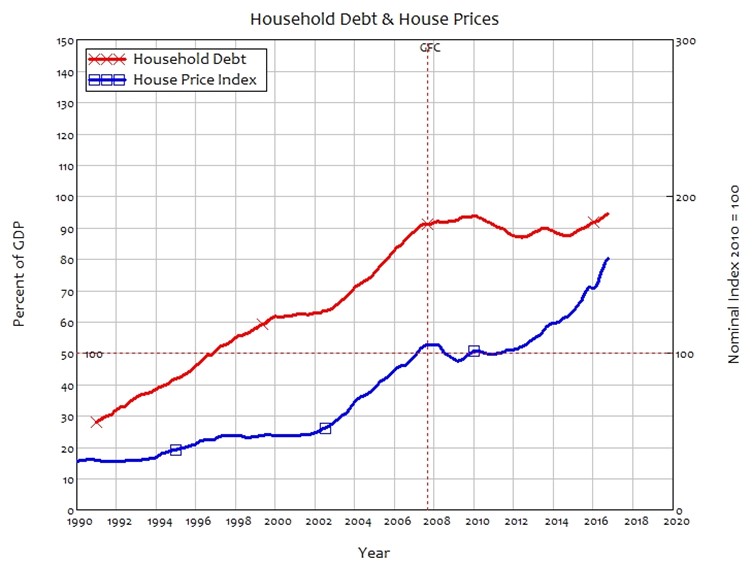
Norway
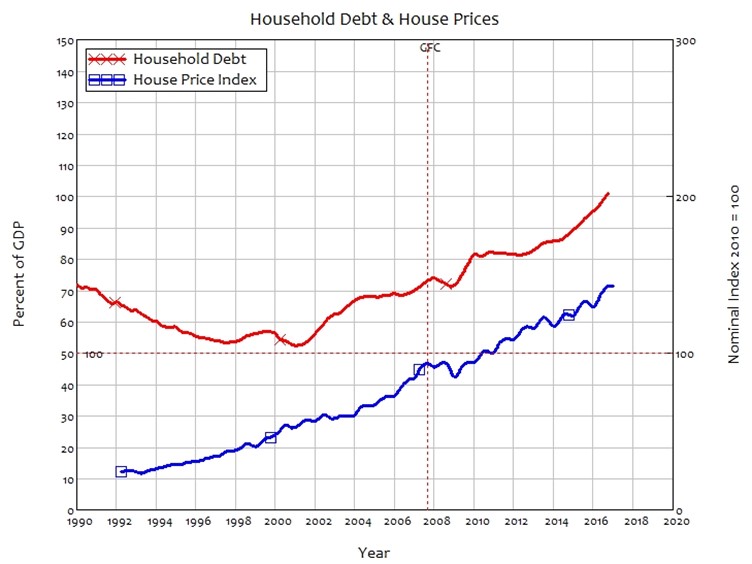
Poland
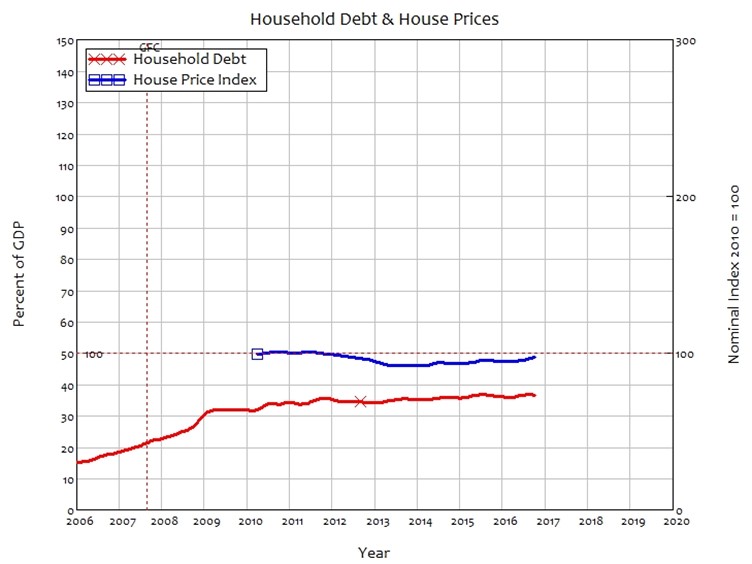
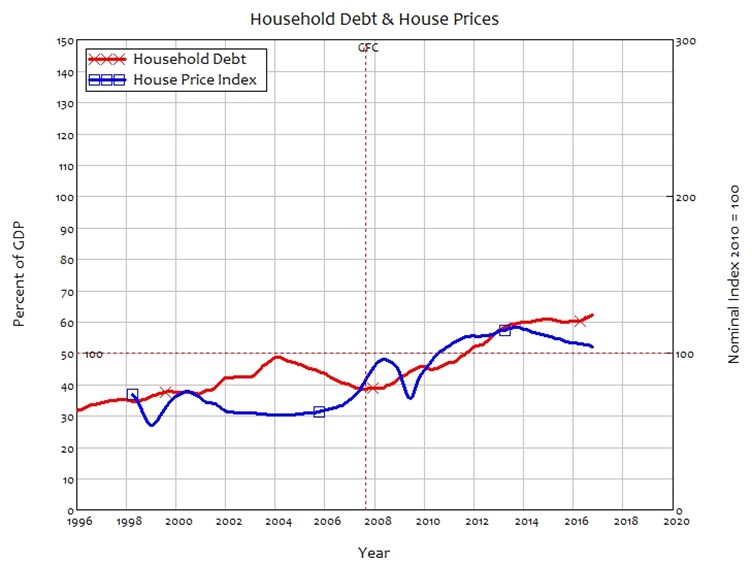
Portugal
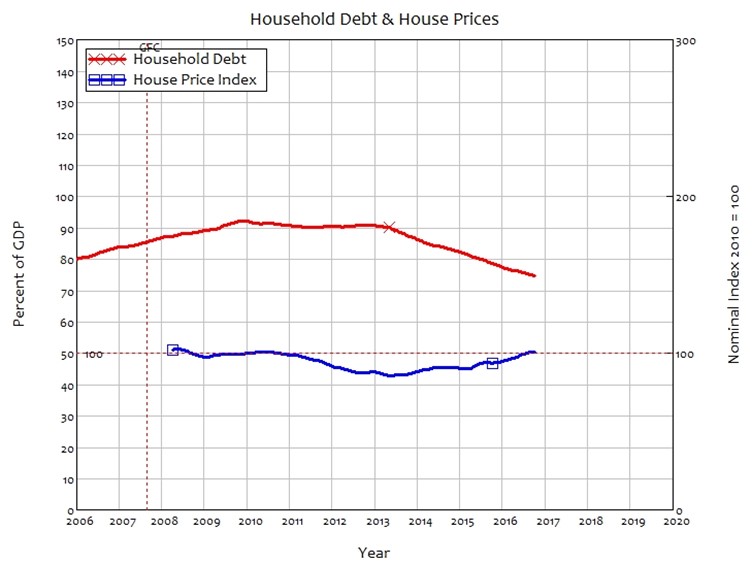
Singapore
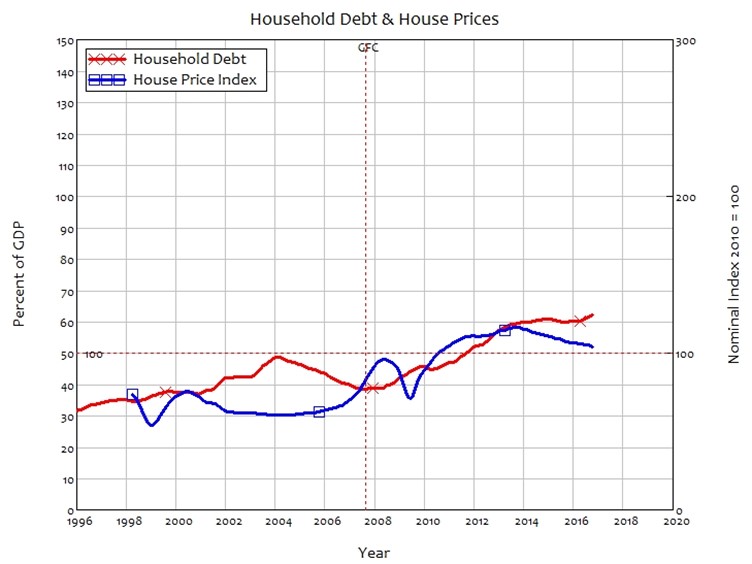
Spain
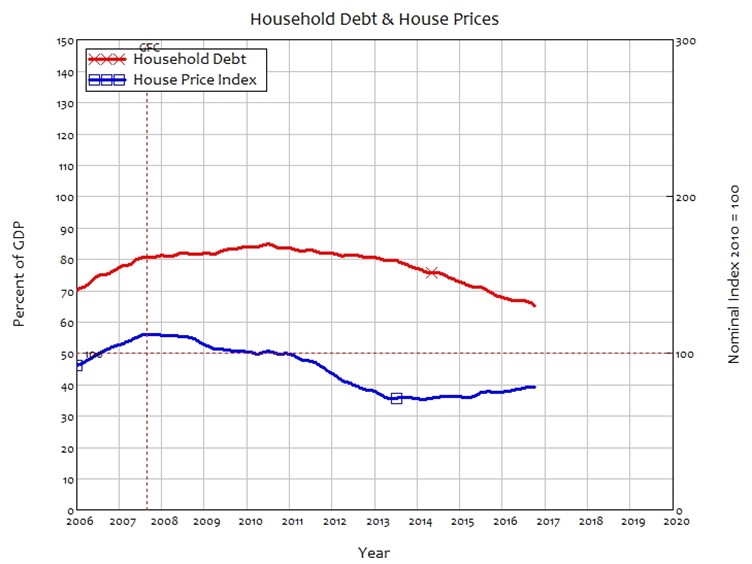
Sweden
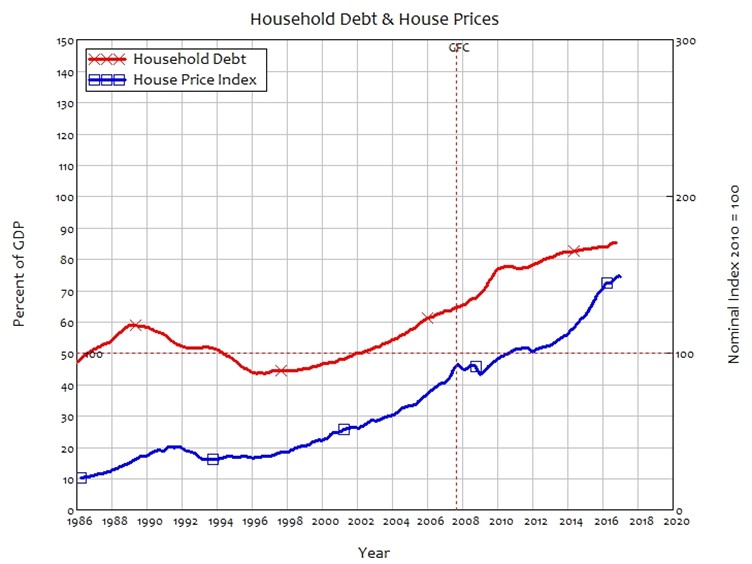
Switzerland
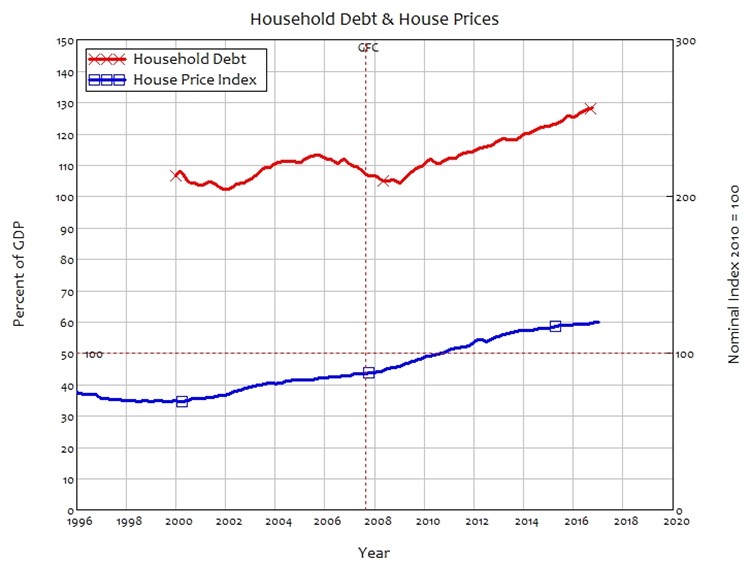
Thailand
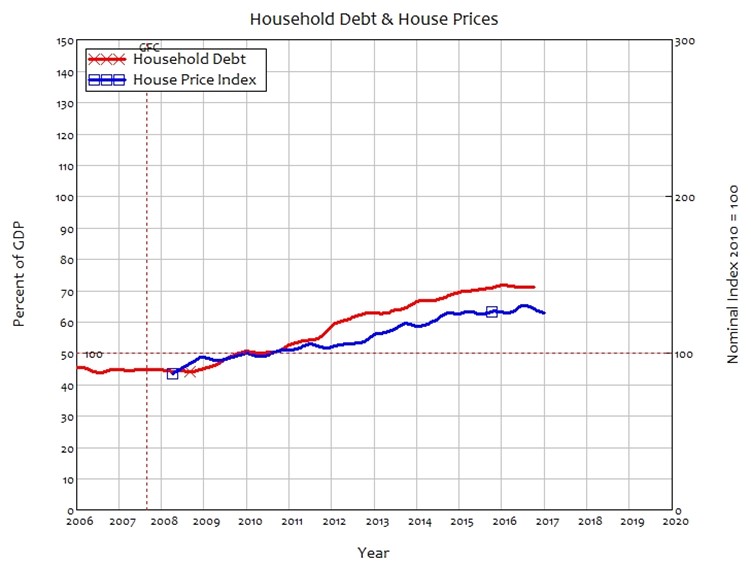
Turkey
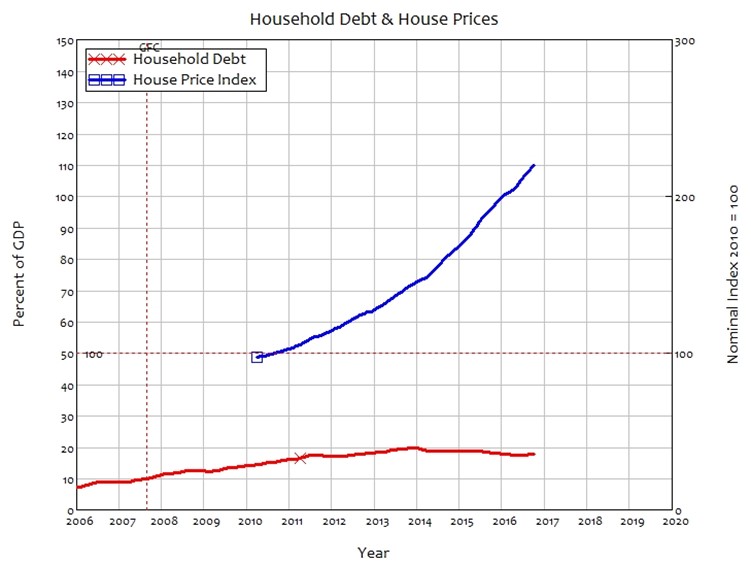
UK
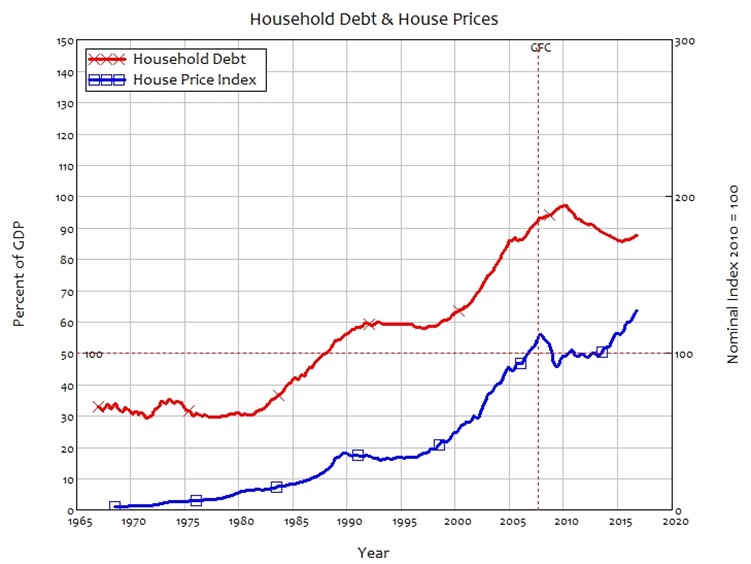
USA
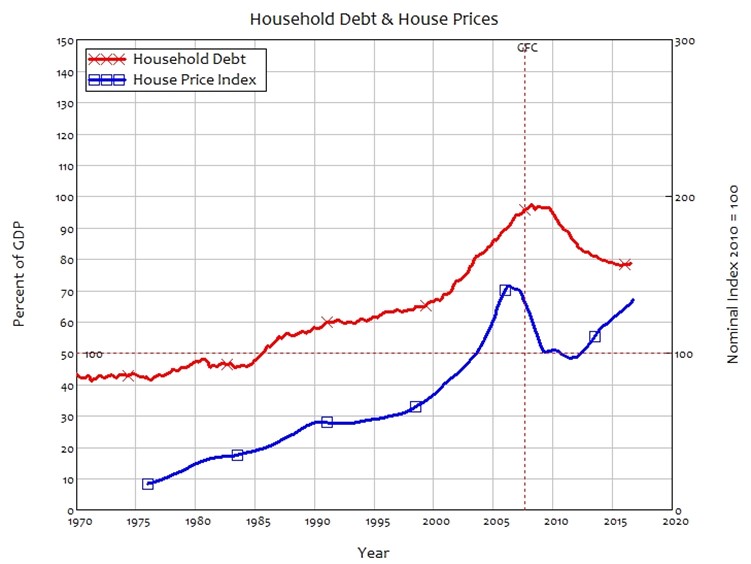
Change in Household Credit and Change in House Prices
Australia
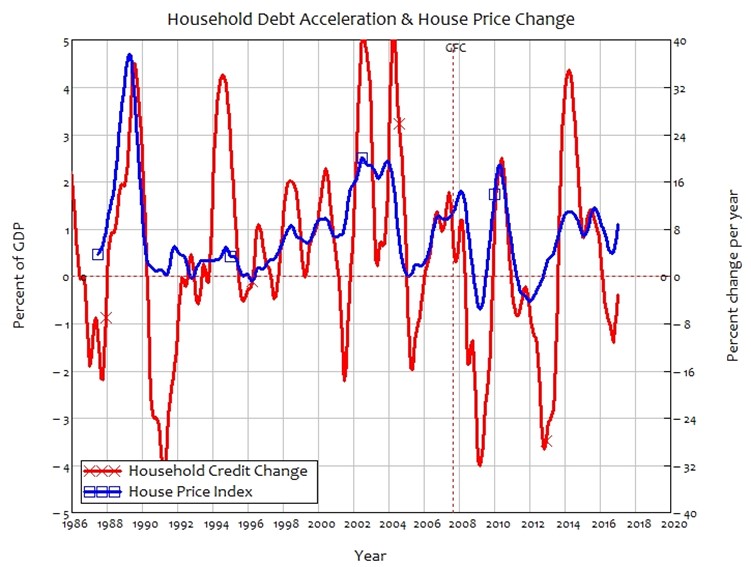
Austria
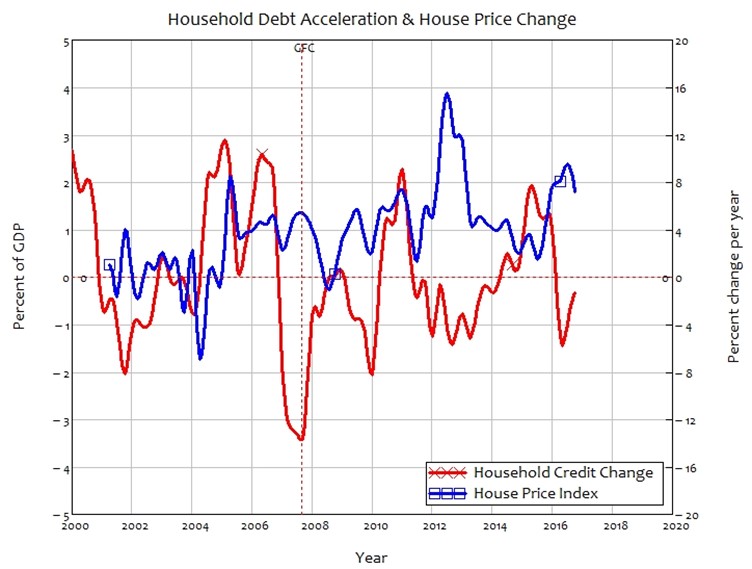
Belgium
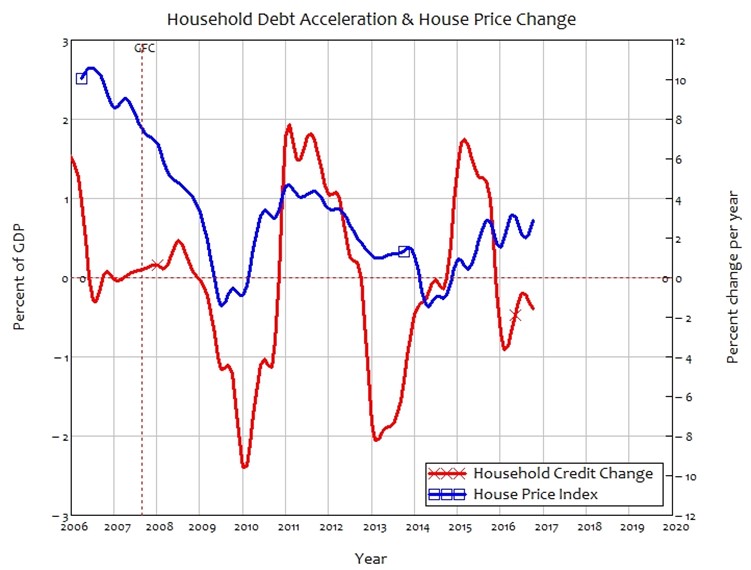
Canada
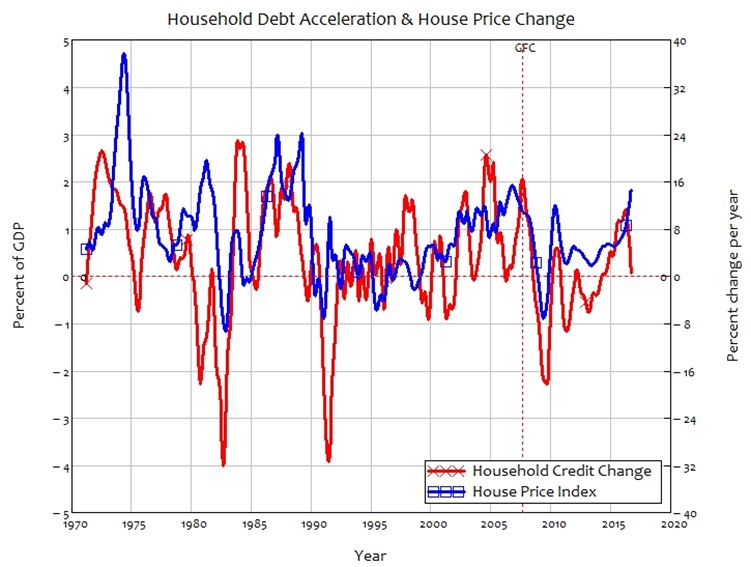
China
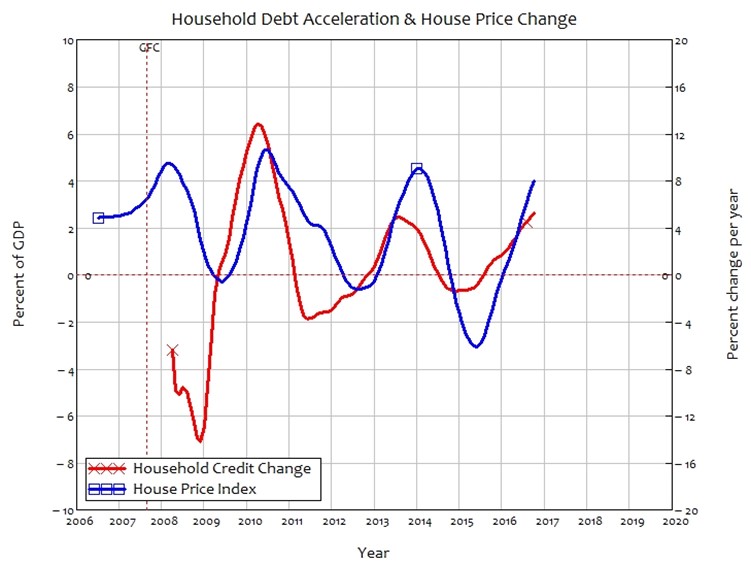
Czech Republic
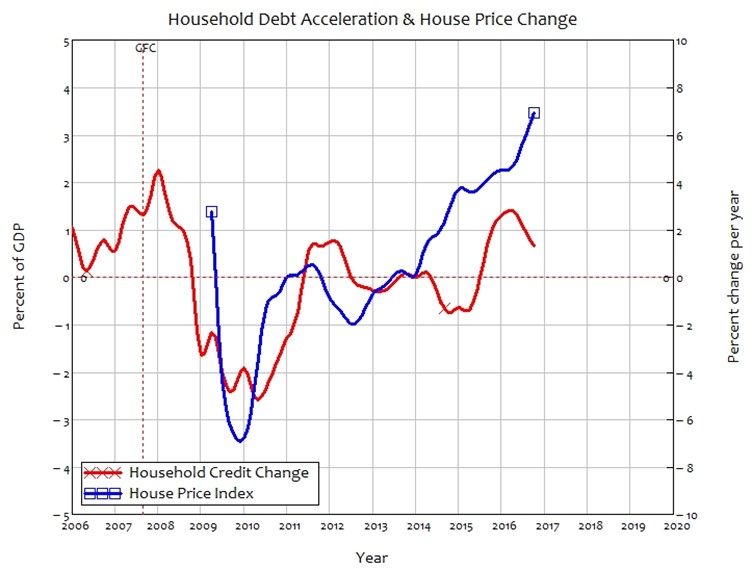
Denmark
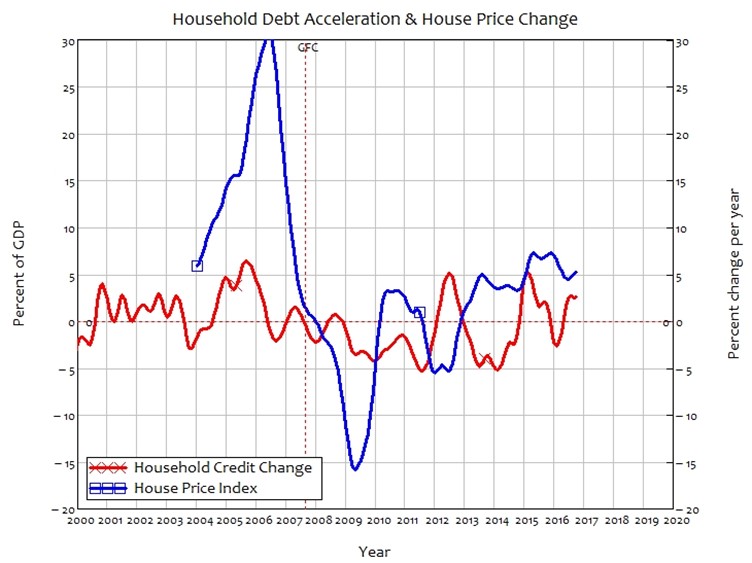
Finland
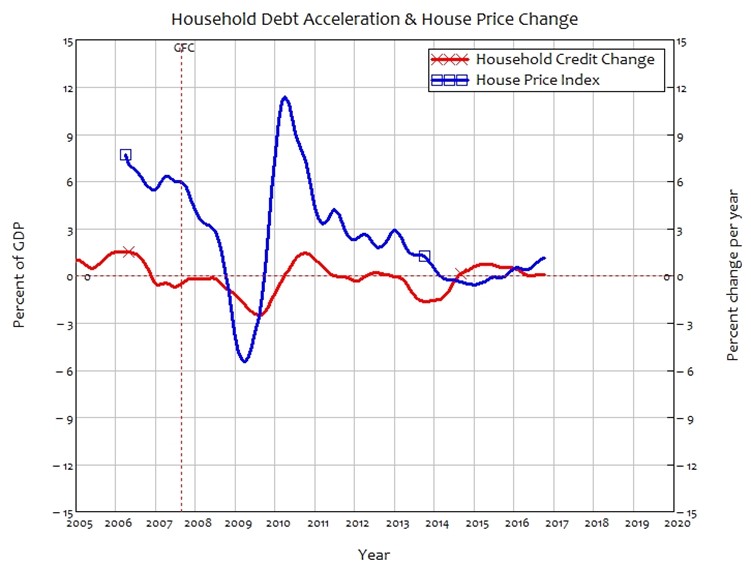
France
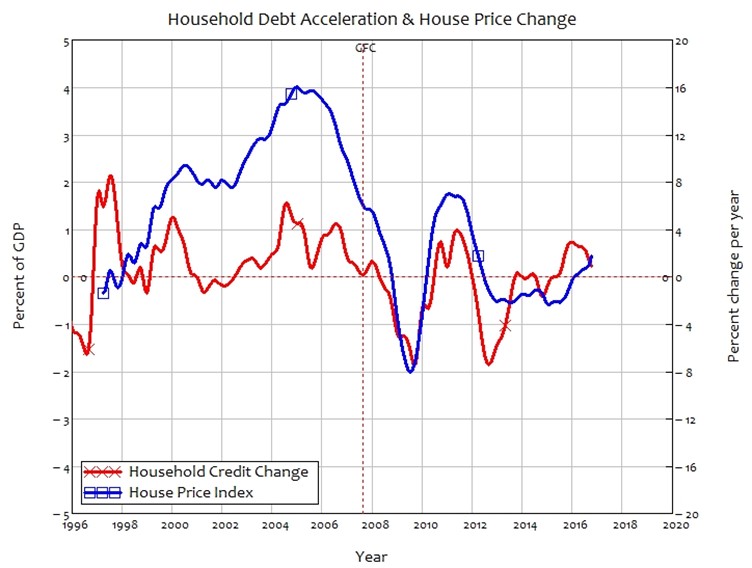
Germany
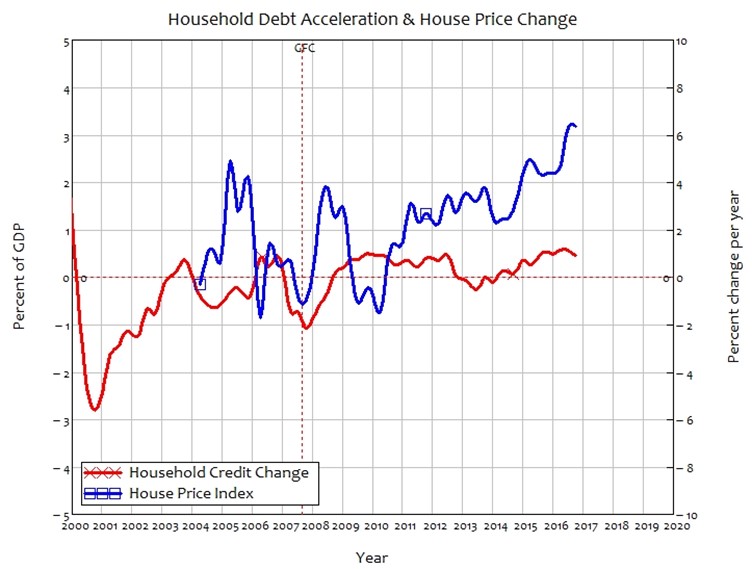
Greece
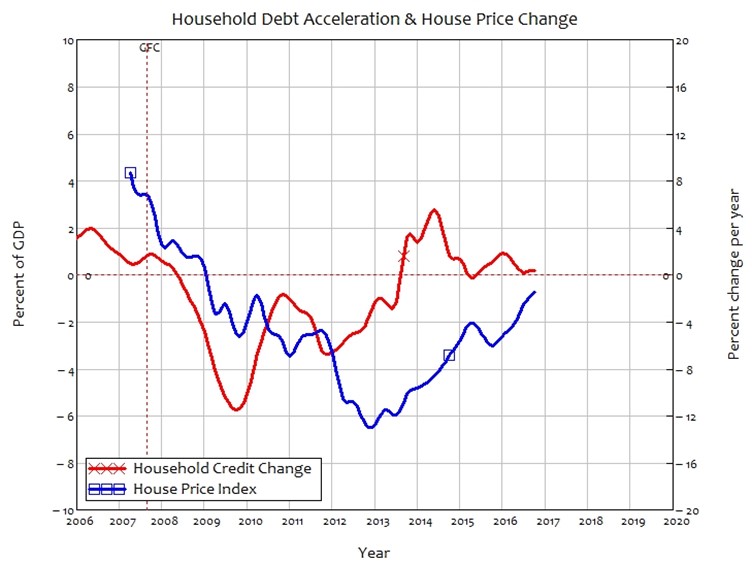
Hong Kong
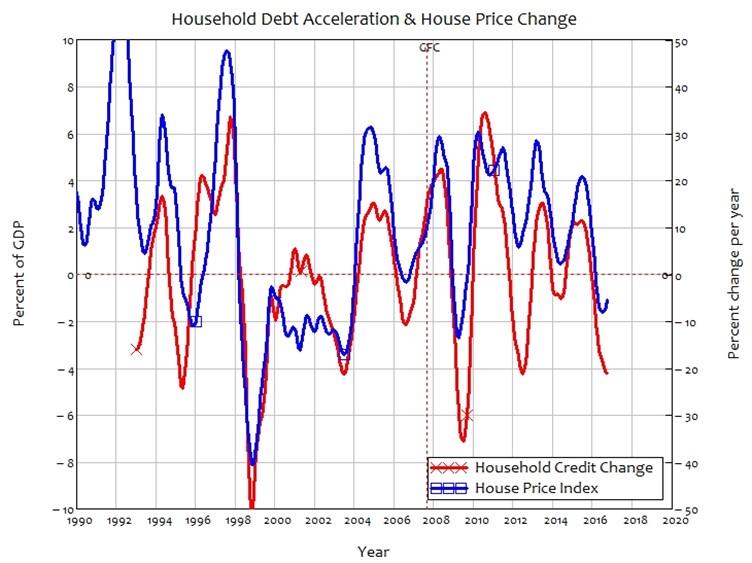
Ireland
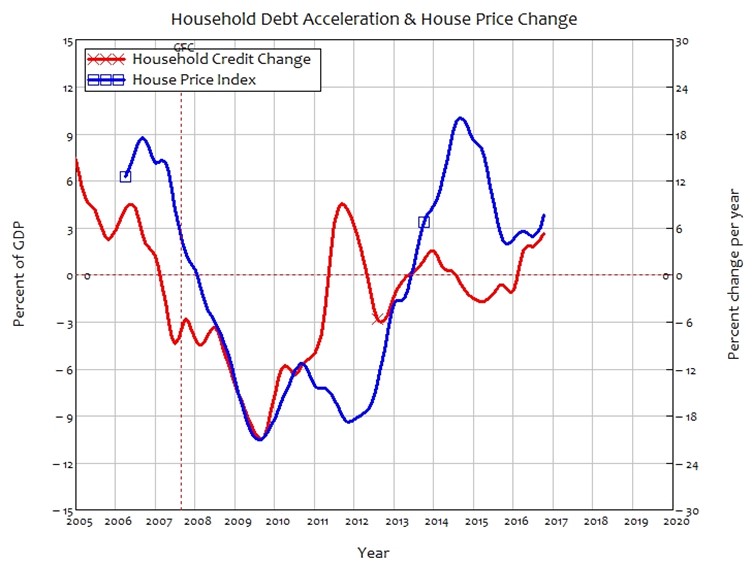
Italy
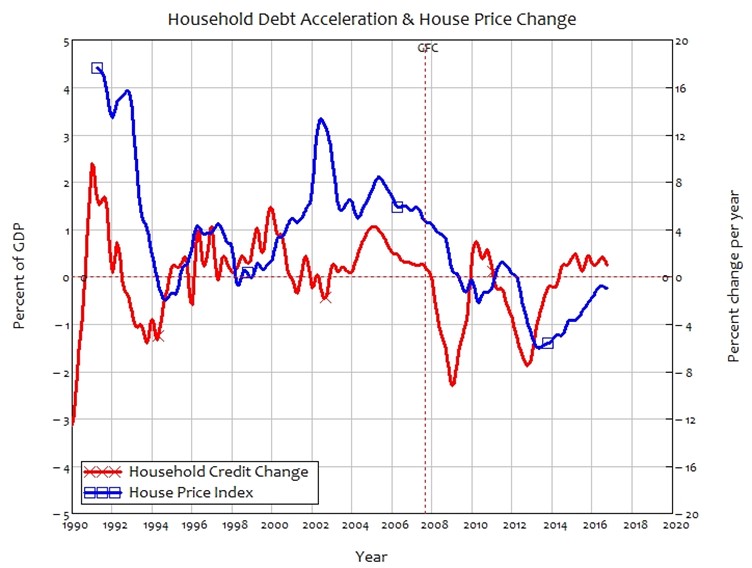
Japan
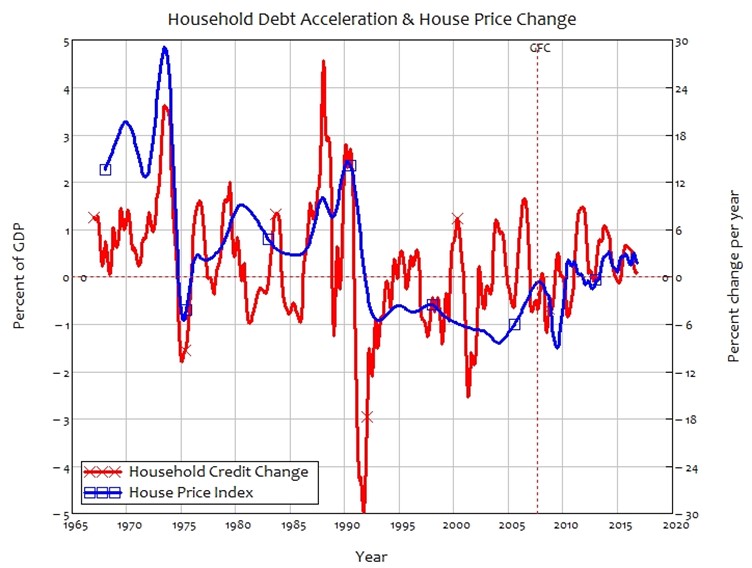
Korea
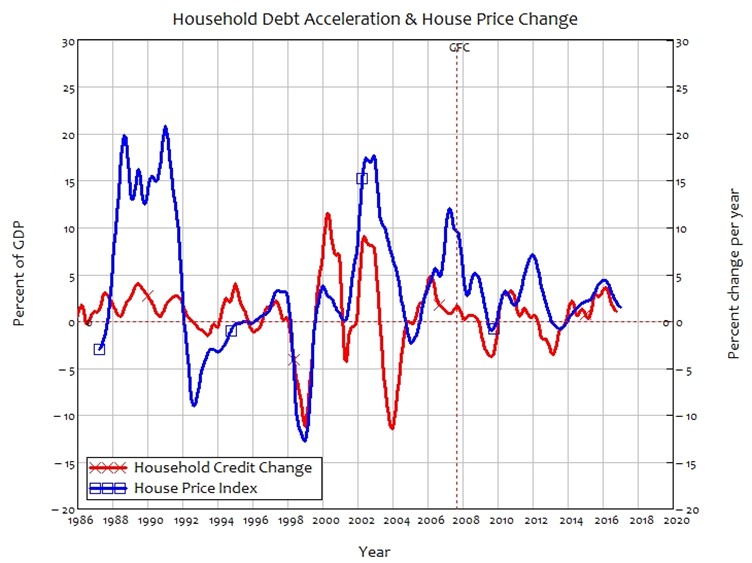
Malaysia
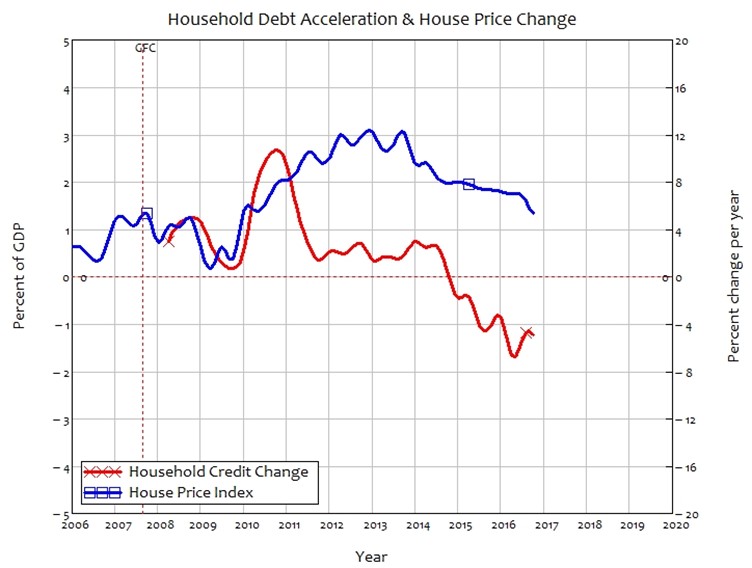
Netherlands
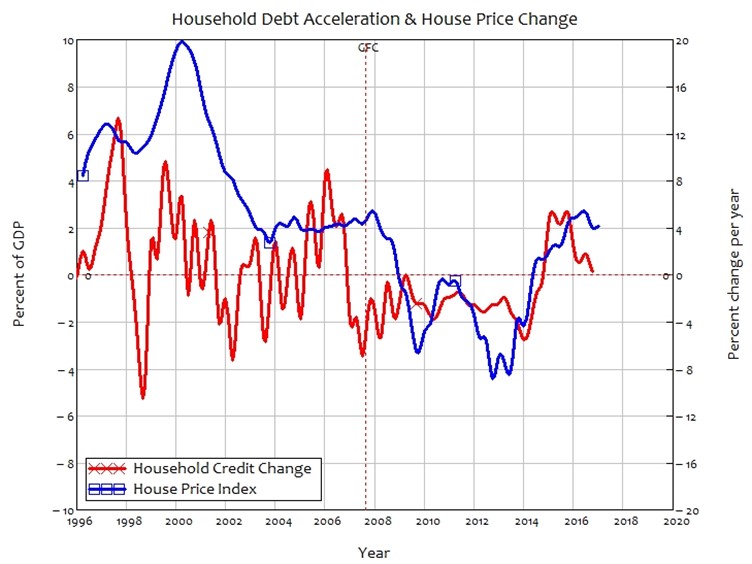
New Zealand
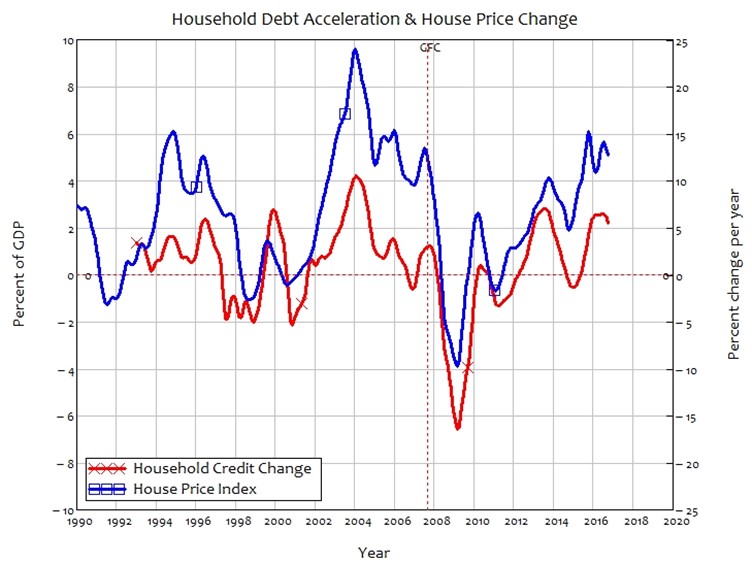
Norway
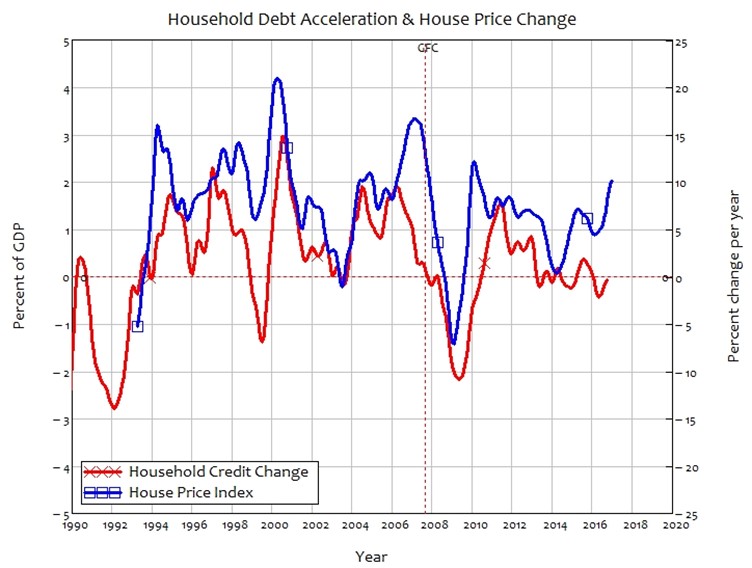
Poland
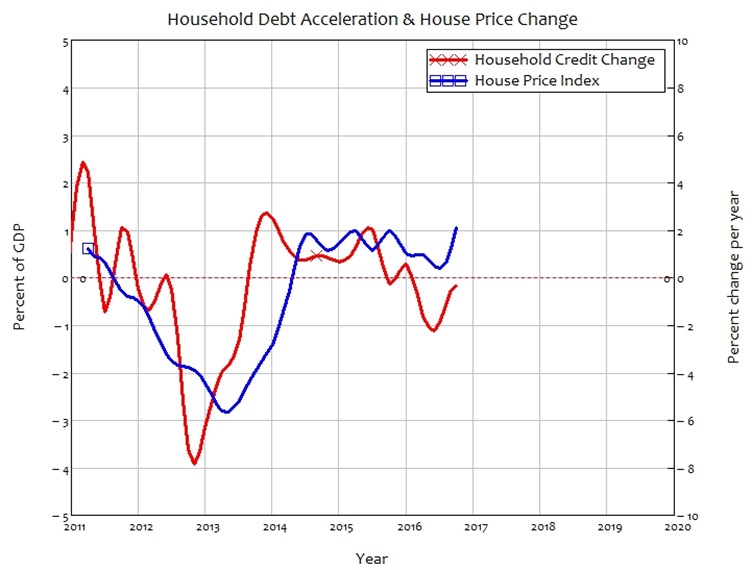
Portugal
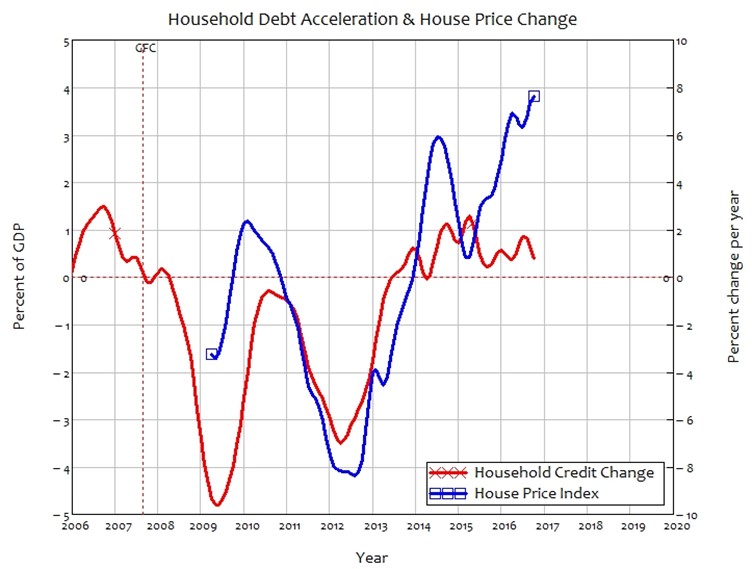
Singapore
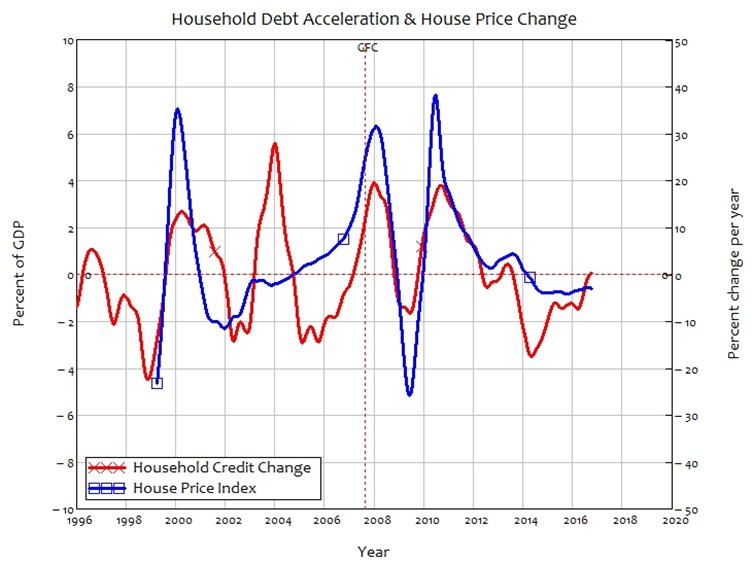
Spain
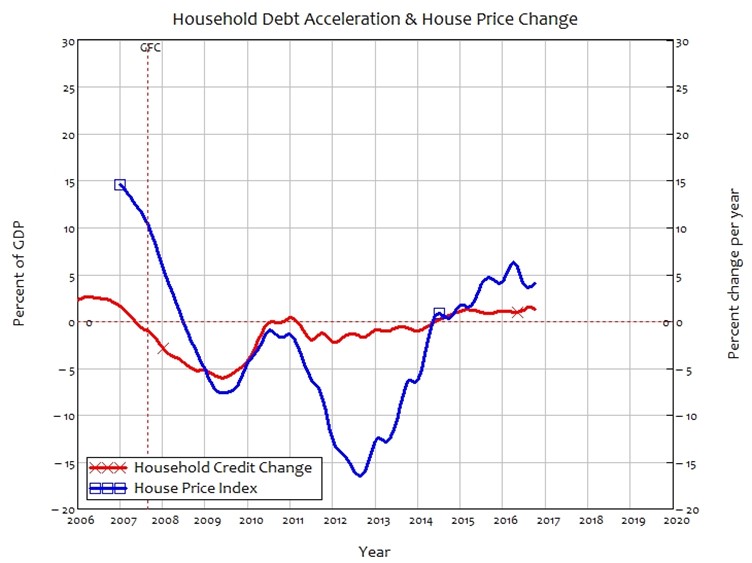
Sweden
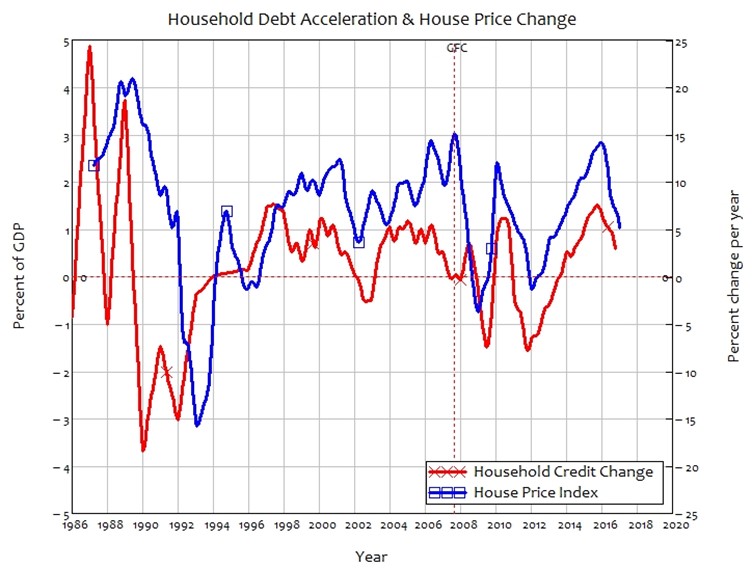
Switzerland
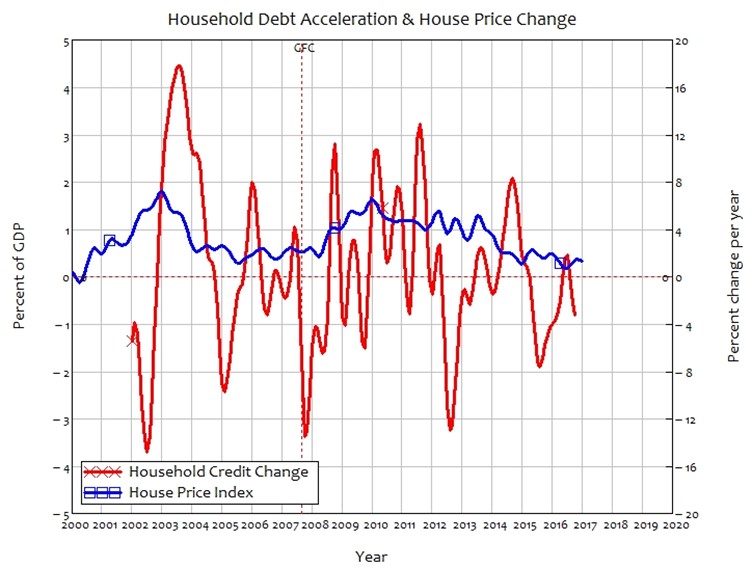
Thailand
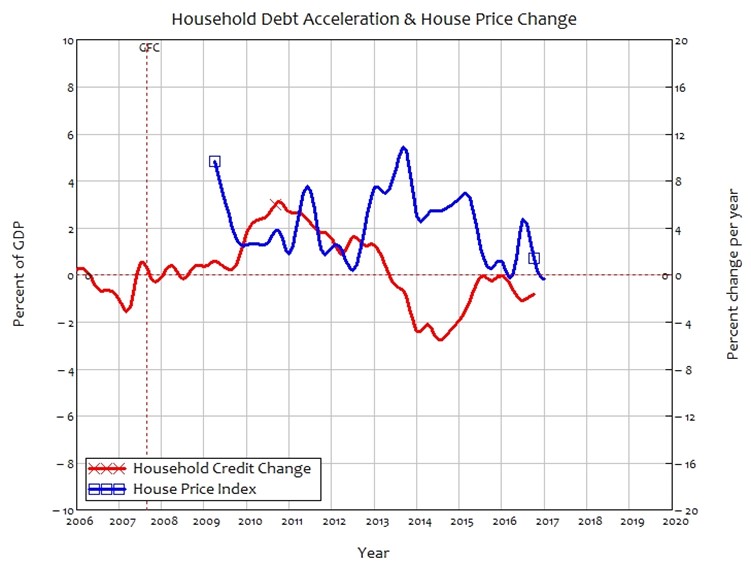
Turkey
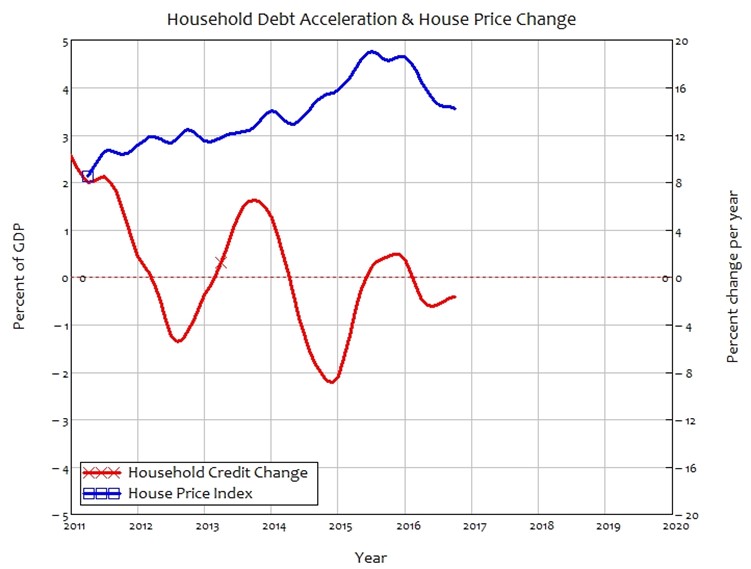
UK
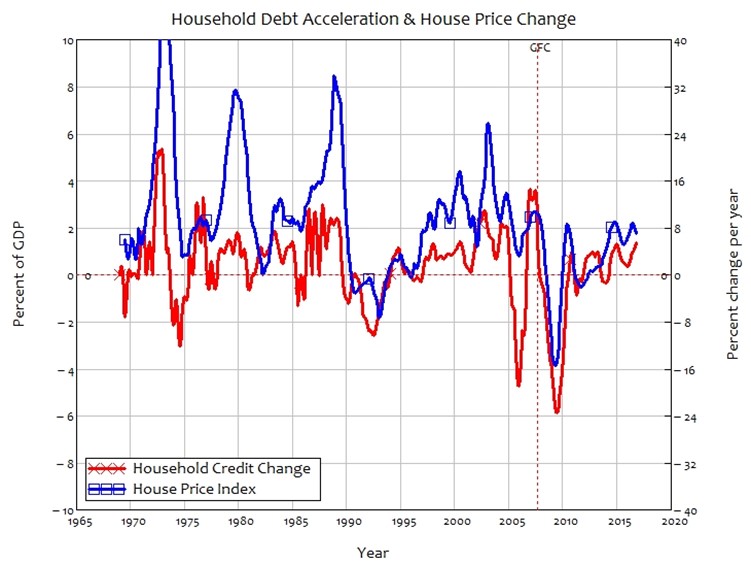
USA
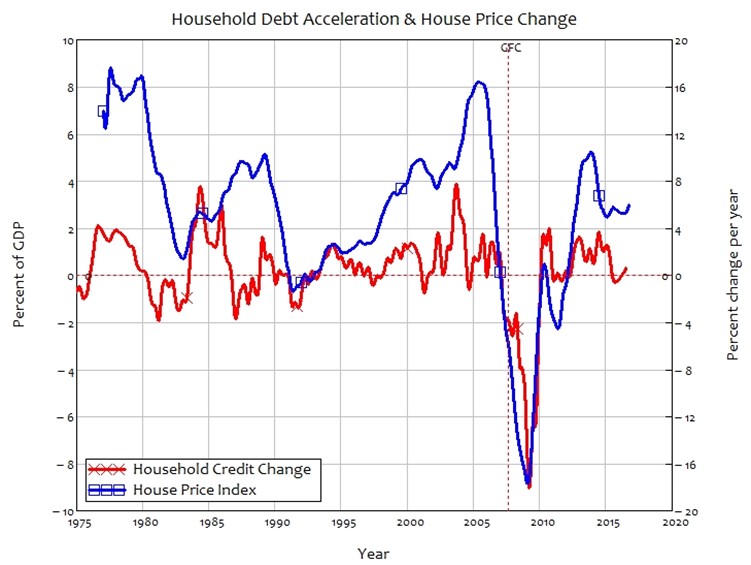
Barro, R. J. (1973). “The Control of Politicians: An Economic Model.” Public Choice
14: 19-42.
Barro, R. J. (1978). “Comment from an Unreconstructed Ricardian.” Journal of Monetary Economics
4(3): 569-581.
Barro, R. J. (1989). “The Ricardian Approach to Budget Deficits.” Journal of Economic Perspectives
3(2): 37-54.
Barro, R. J. (1991). The Ricardian Model of Budget Deficits. Debt and the twin deficits debate. J. M. Rock, Mountain View, Calif.; London and Toronto:
Mayfield, Bristlecone Books: 133-148.
Bernanke, B. S. (2000). Essays on the Great Depression. Princeton, Princeton University Press.
Minsky, H. P. (1963). Can “It” Happen Again? Banking and Monetary Studies. D. Carson. Homewood, Illinois, Richard D. Irwin: 101-111.
Minsky, H. P. (1977). “The Financial Instability Hypothesis: An Interpretation of Keynes and an Alternative to ‘Standard’ Theory.” Nebraska Journal of Economics and Business
16(1): 5-16.
Minsky, H. P. (1978). “The Financial Instability Hypothesis: A Restatement.” Thames Papers in Political Economy
Autumn 1978.
Minsky, H. P. (1982). “Can ‘It’ Happen Again? A Reprise.” Challenge
25(3): 5-13.
Minsky, H. P. (1982). Can “it” happen again? : essays on instability and finance. Armonk, N.Y., M.E. Sharpe.
